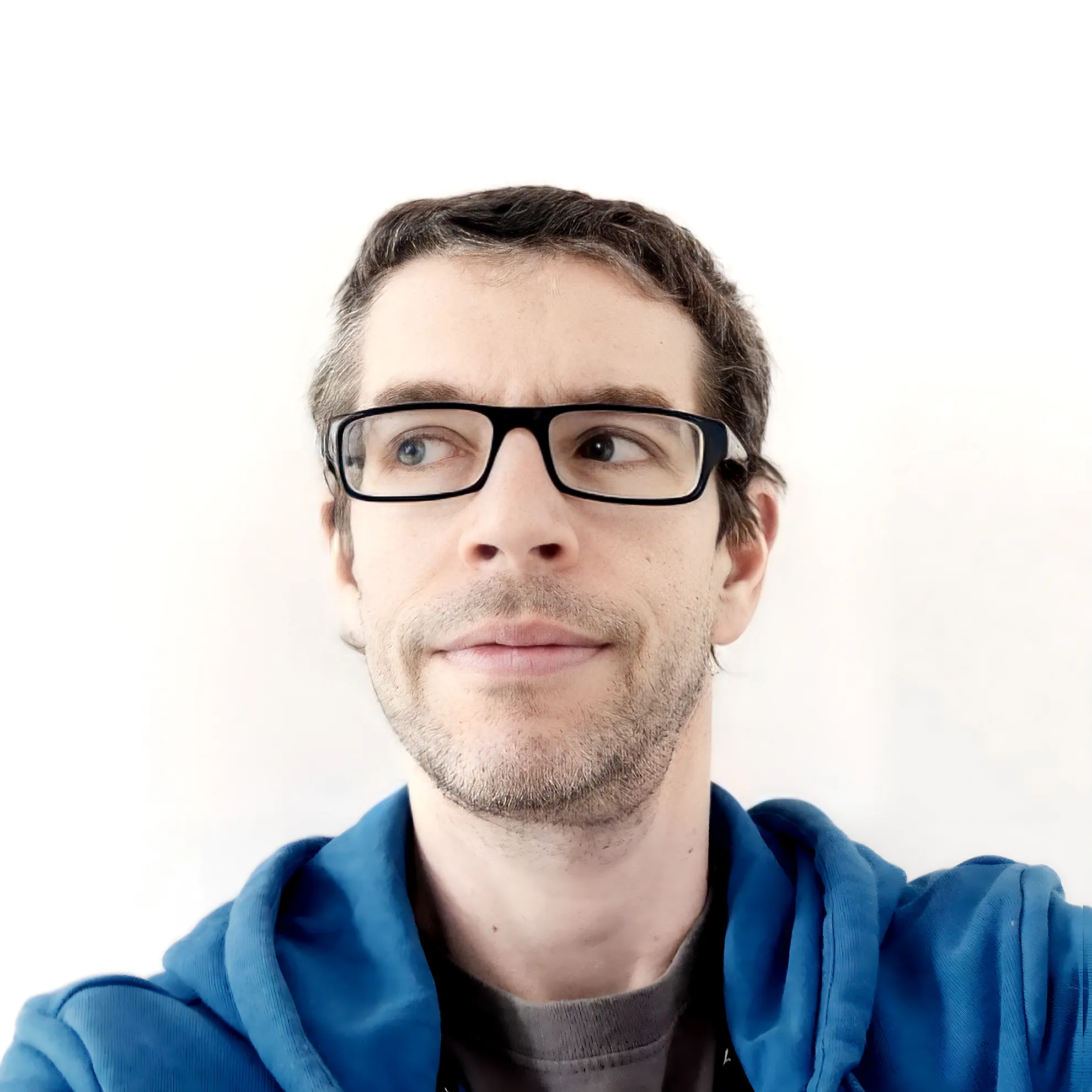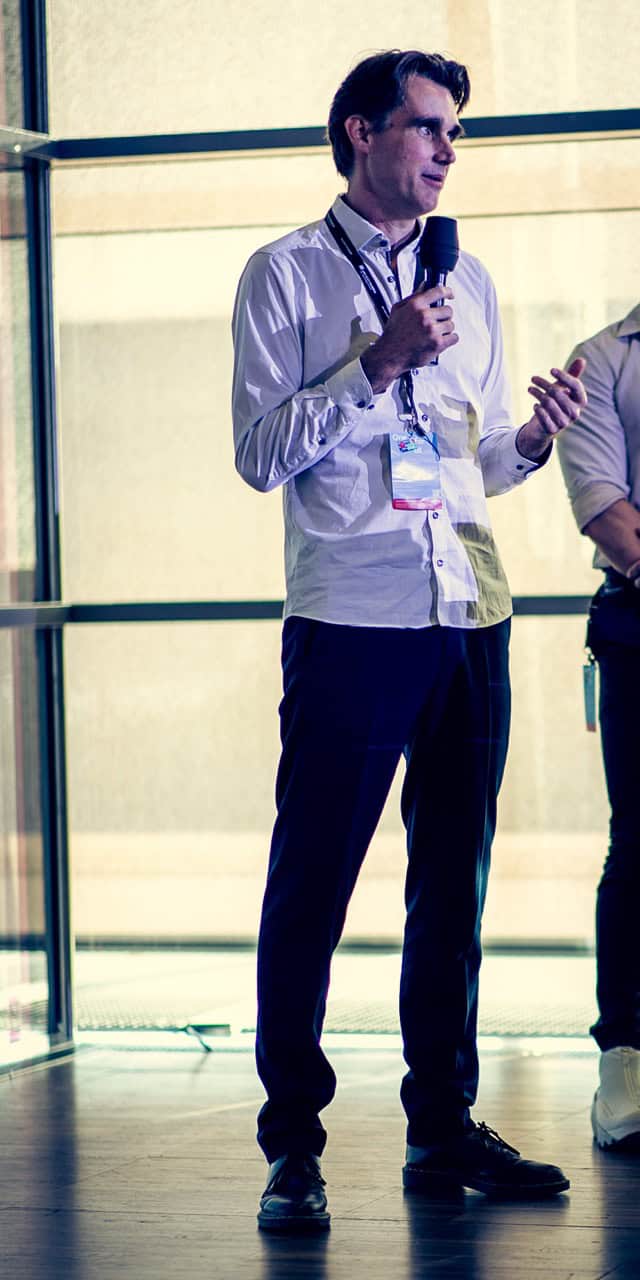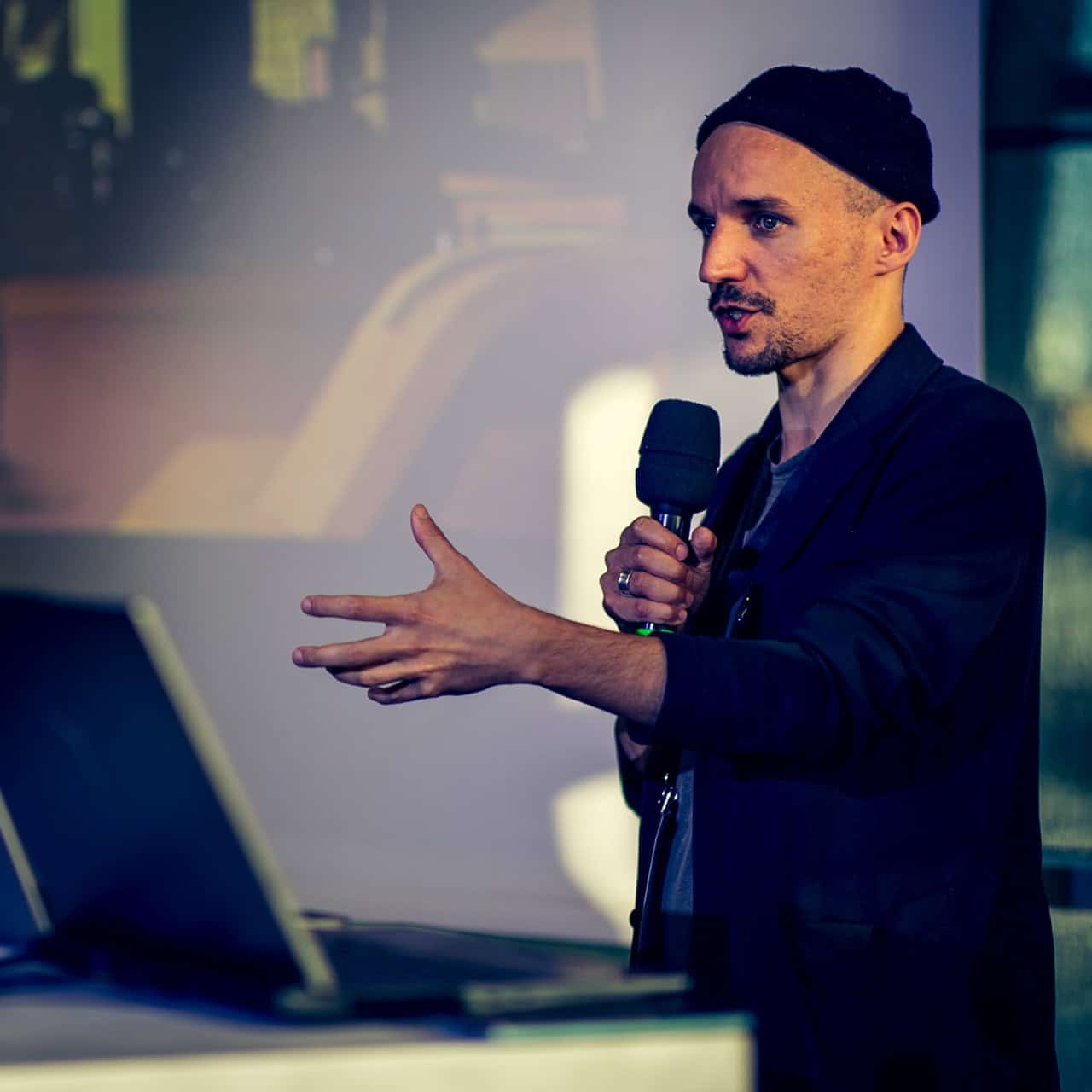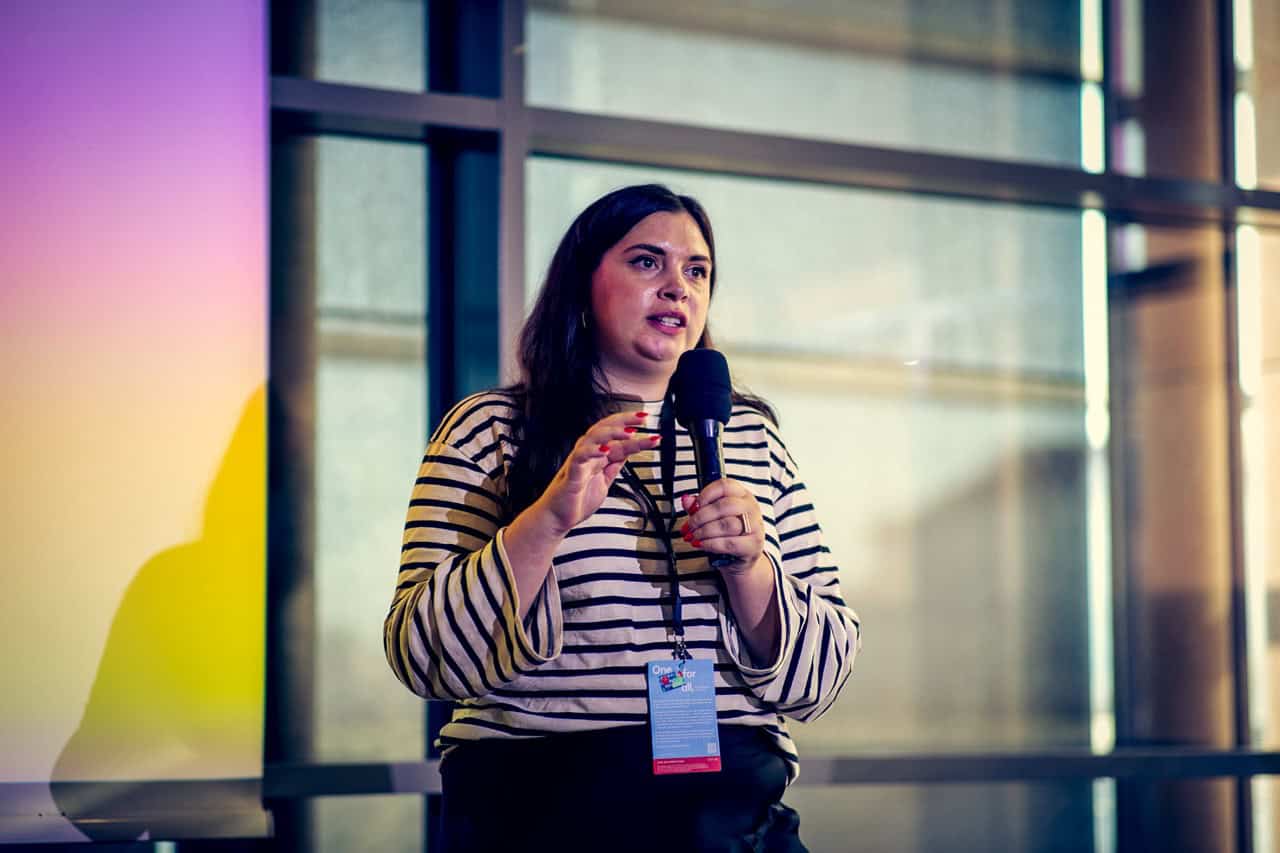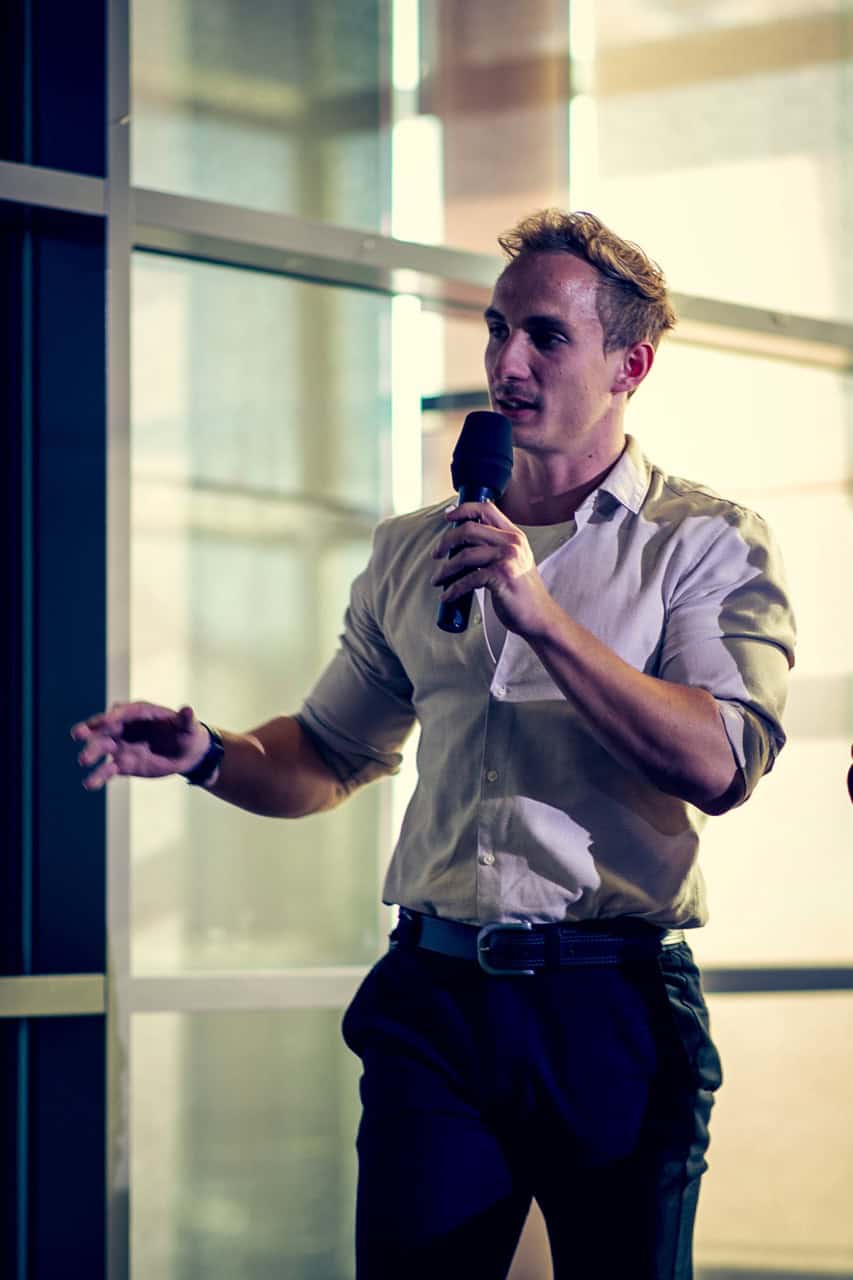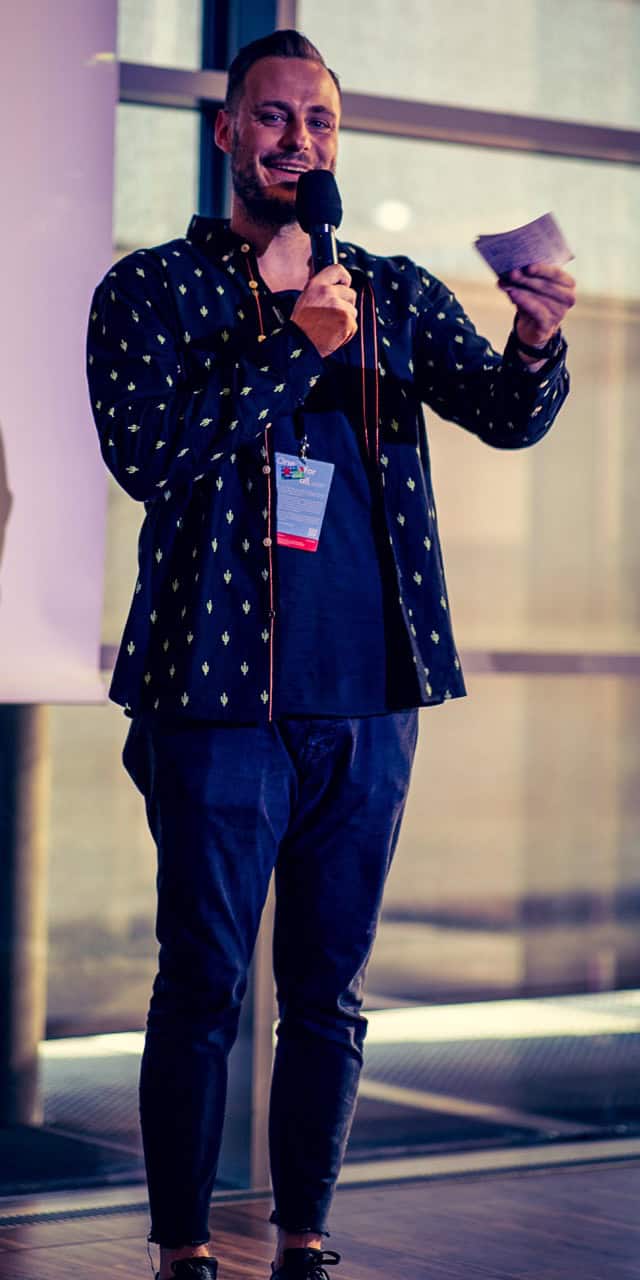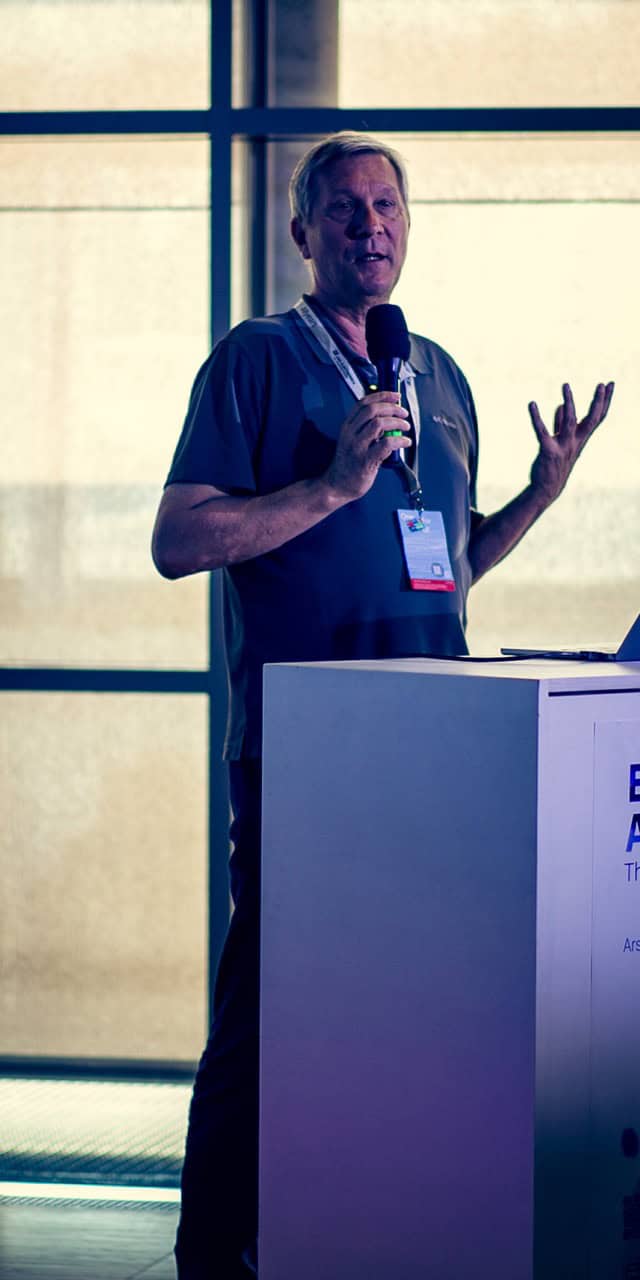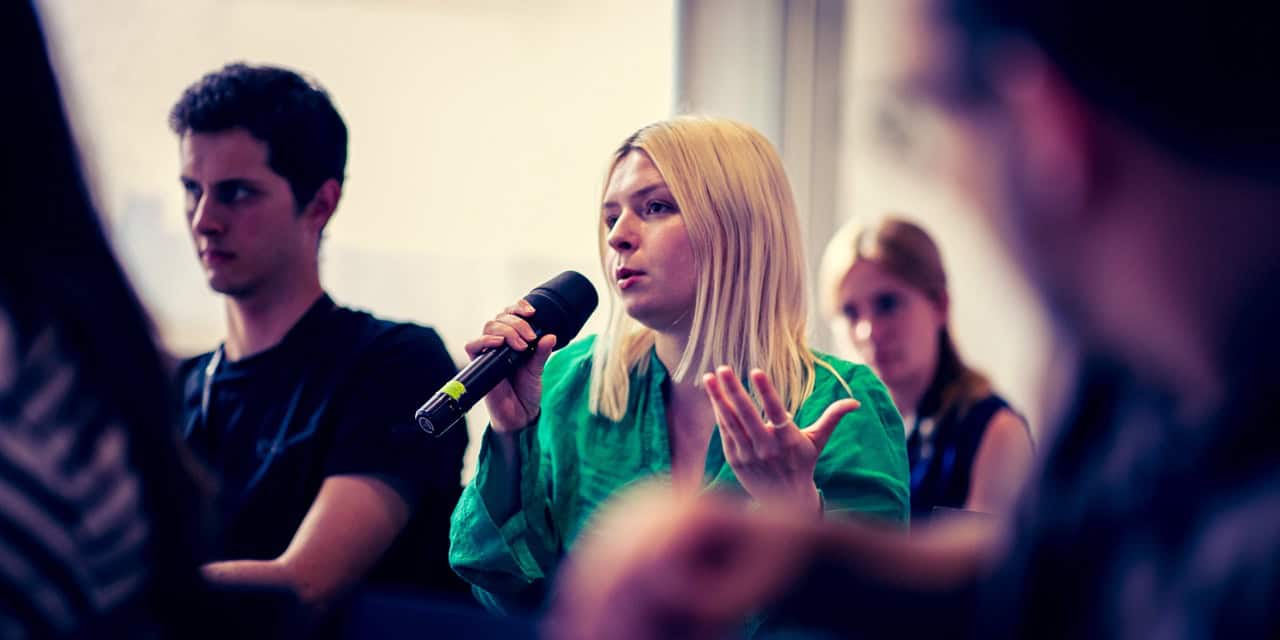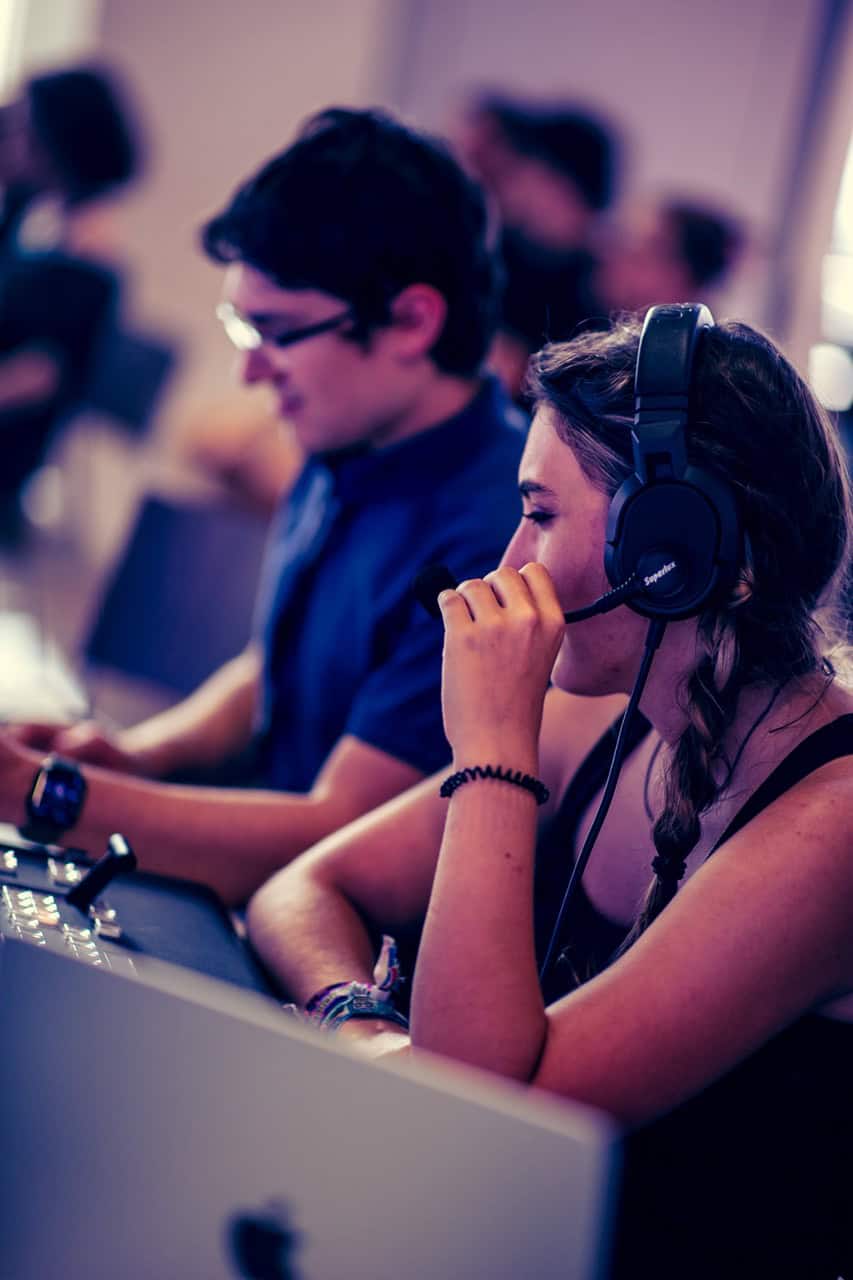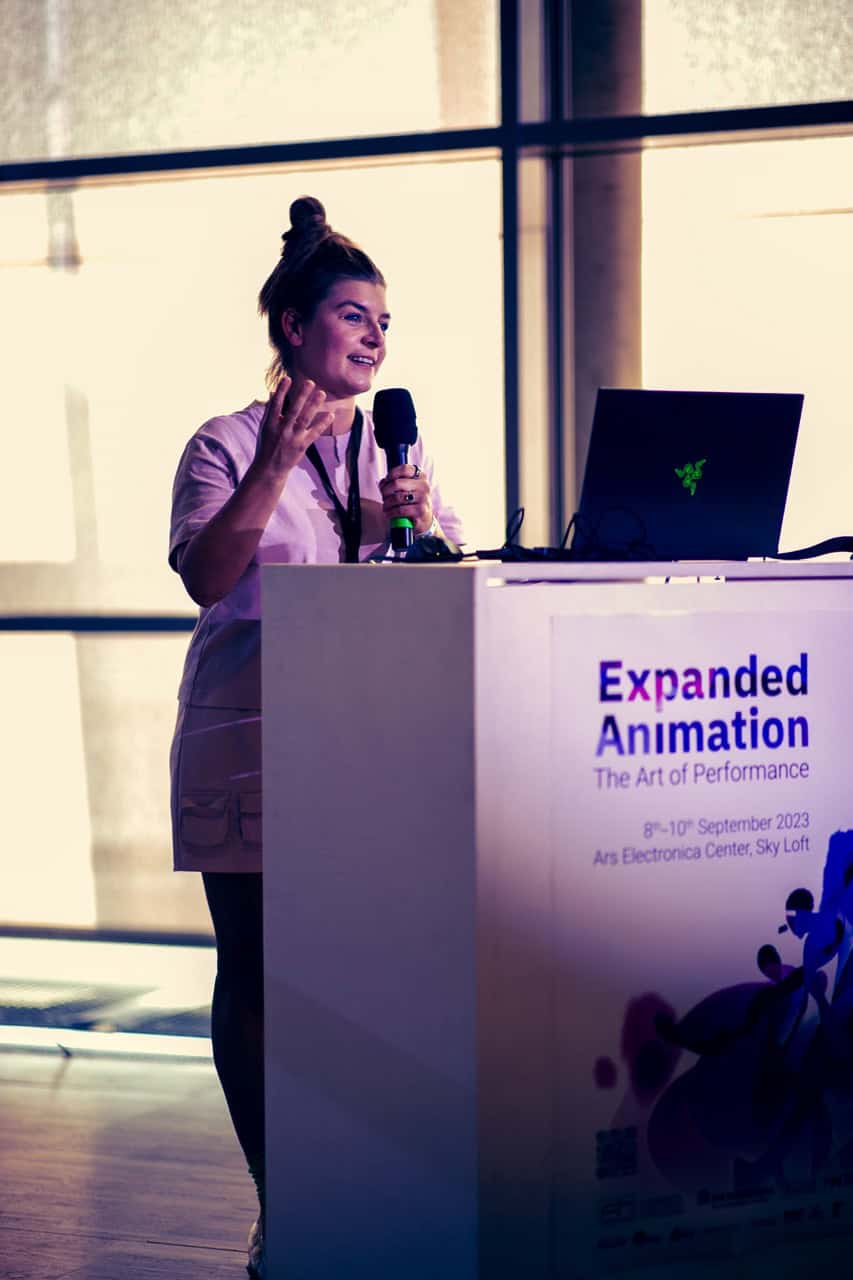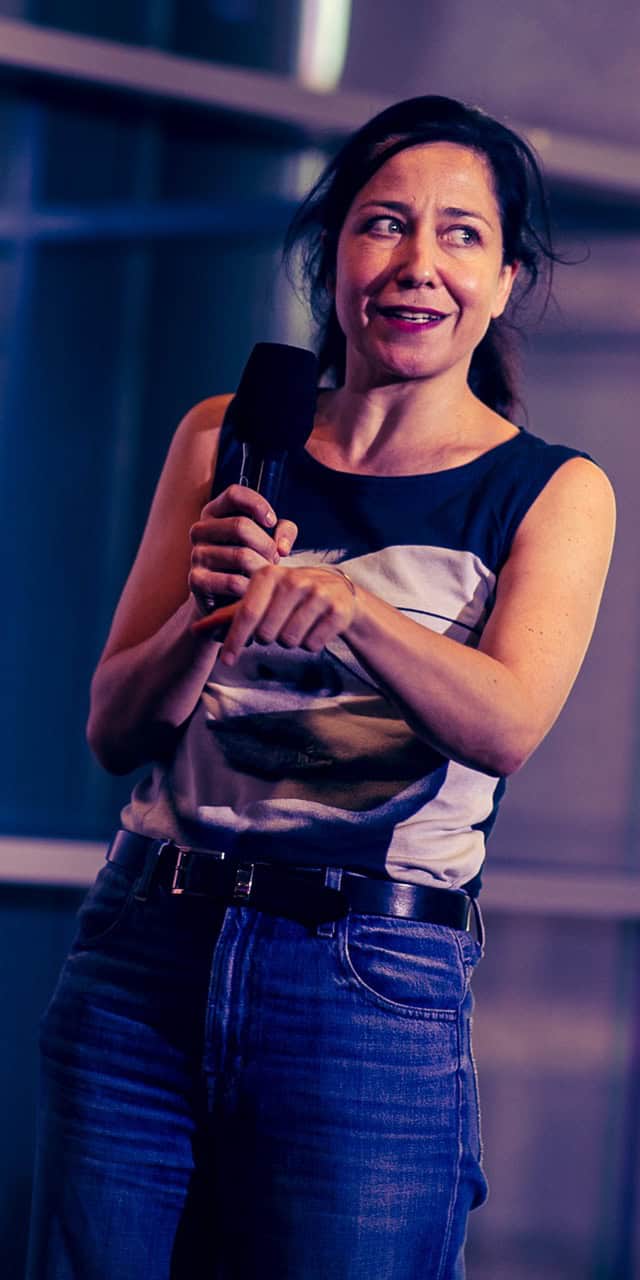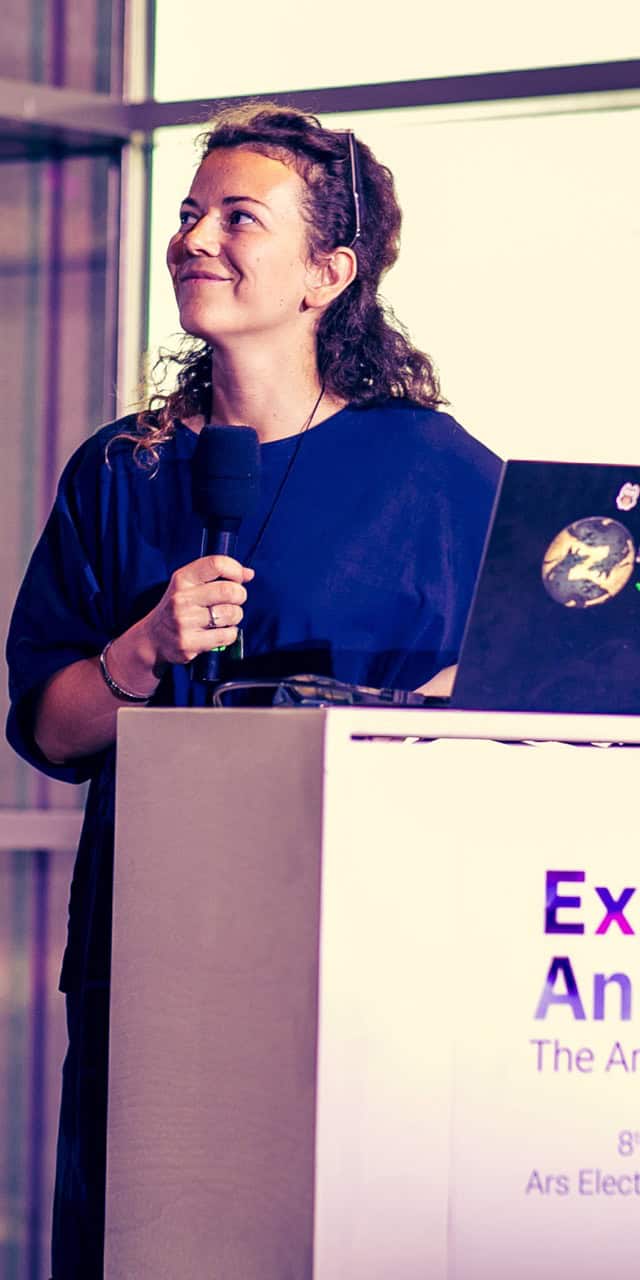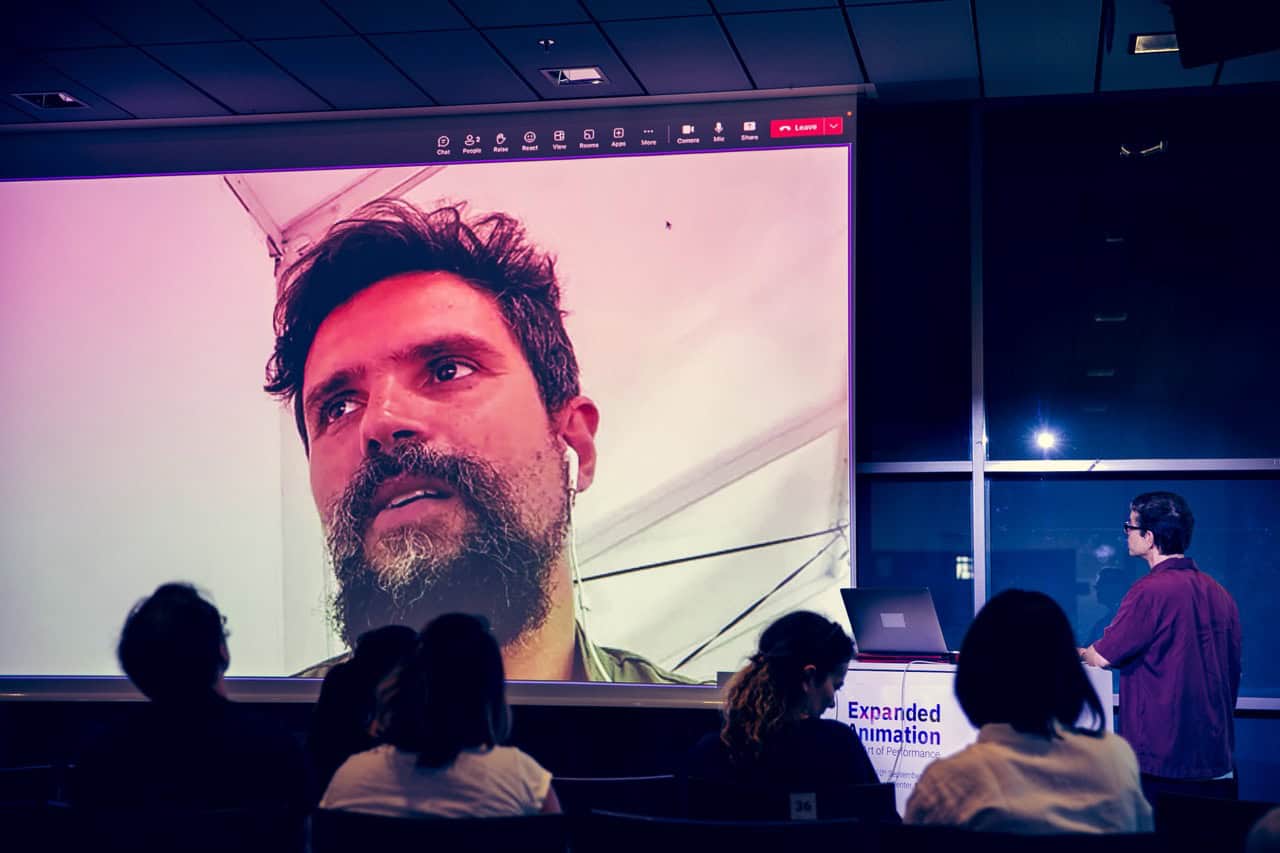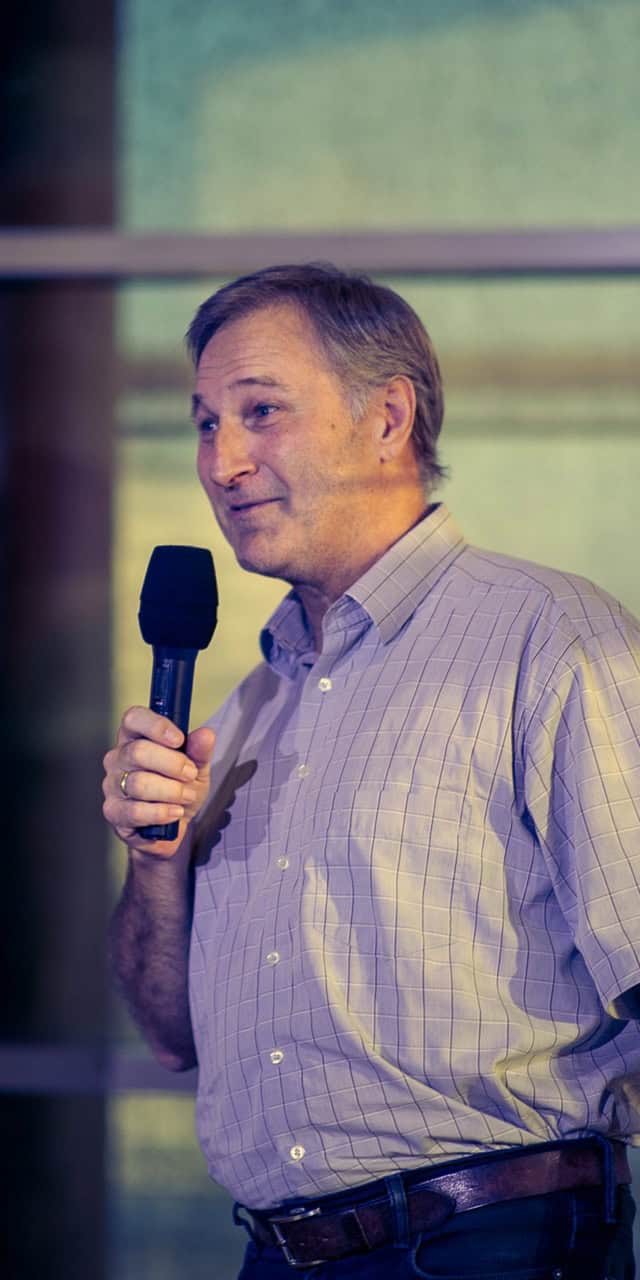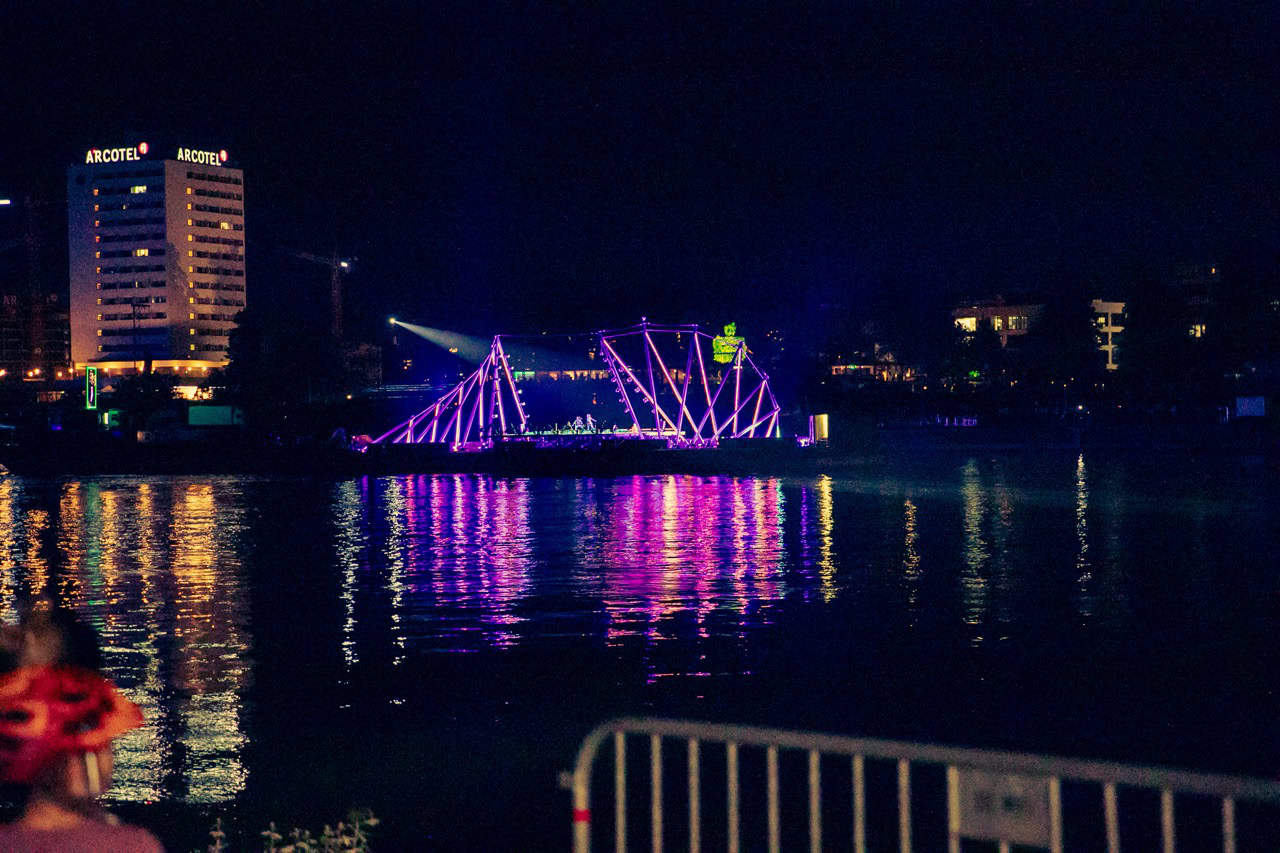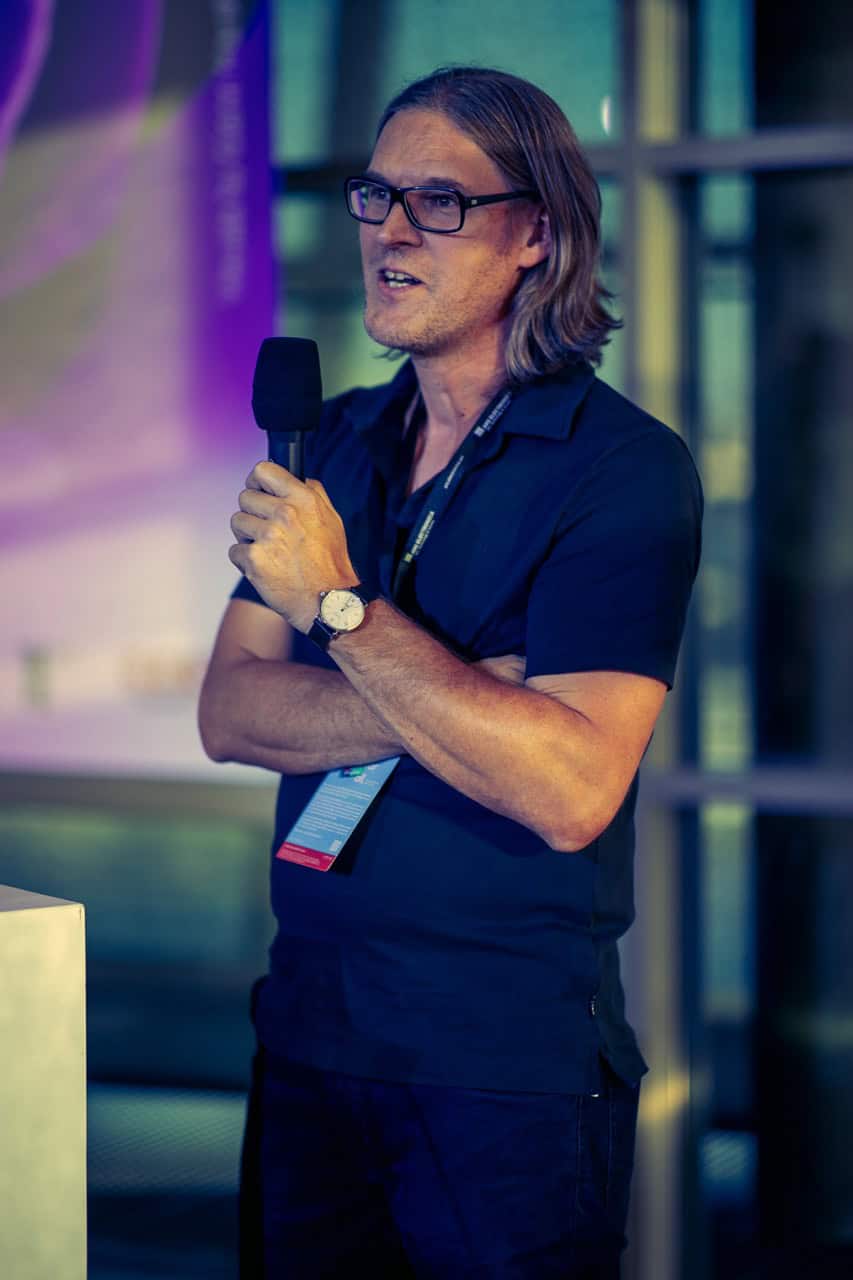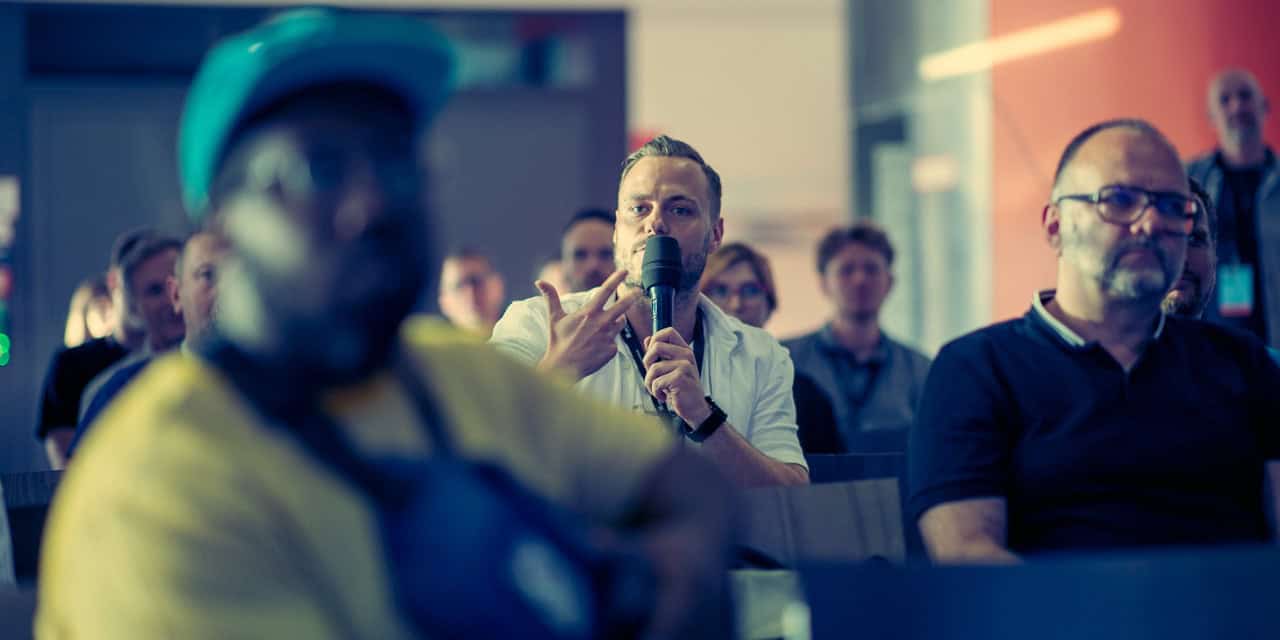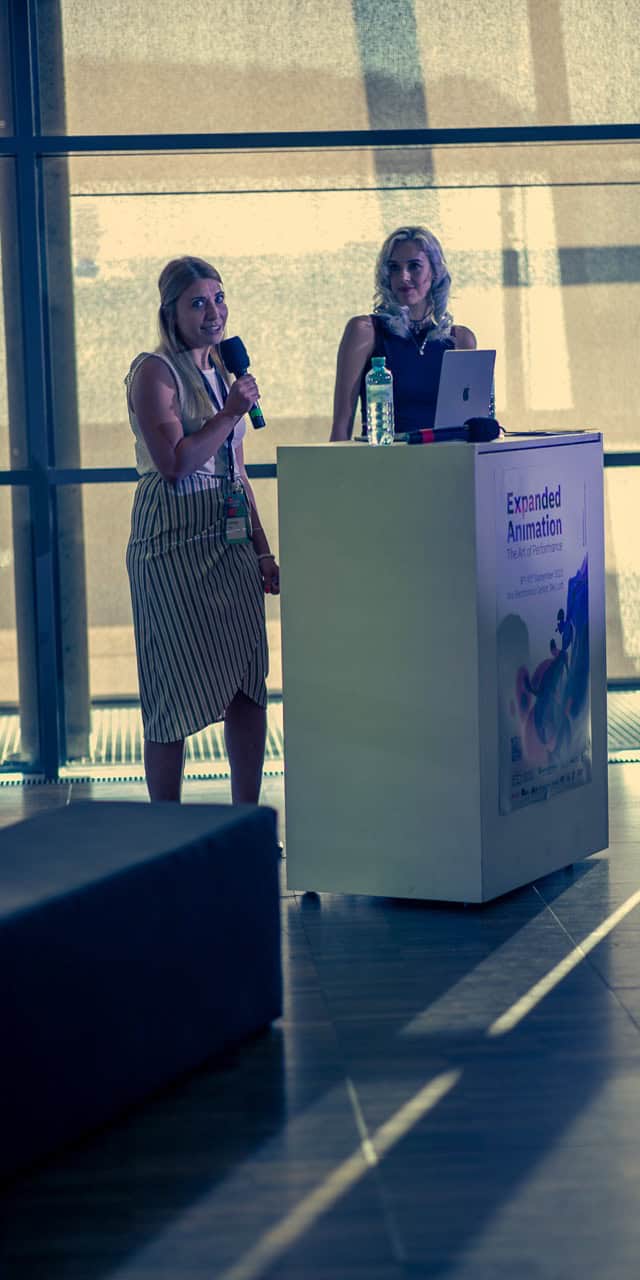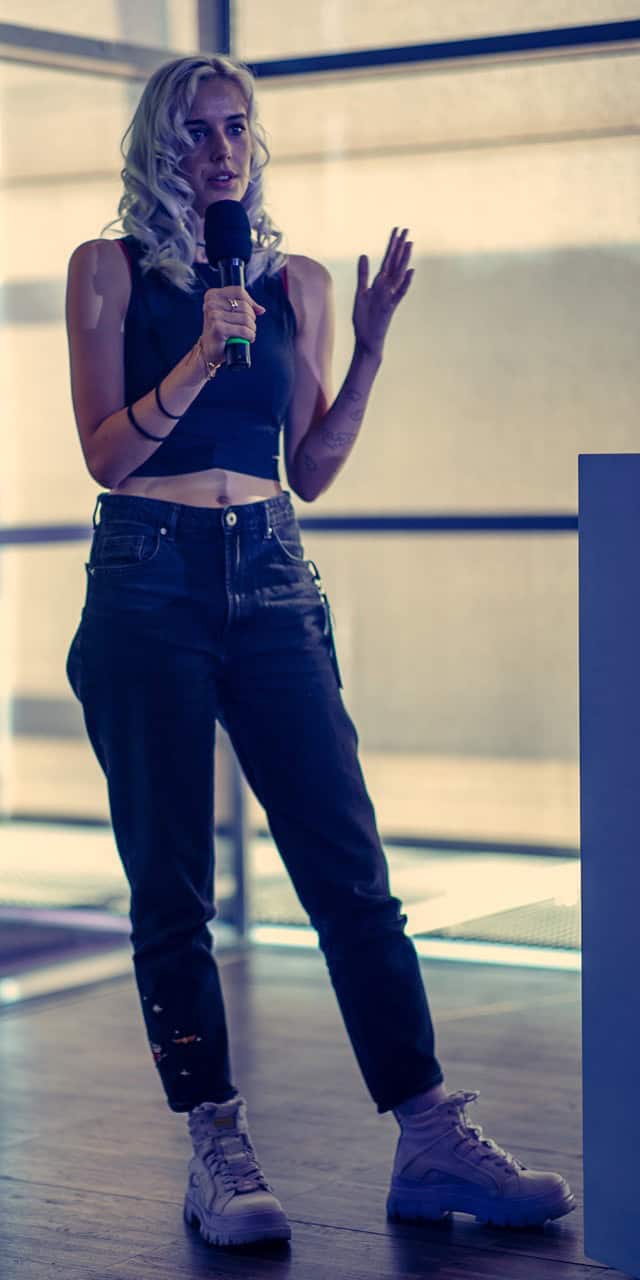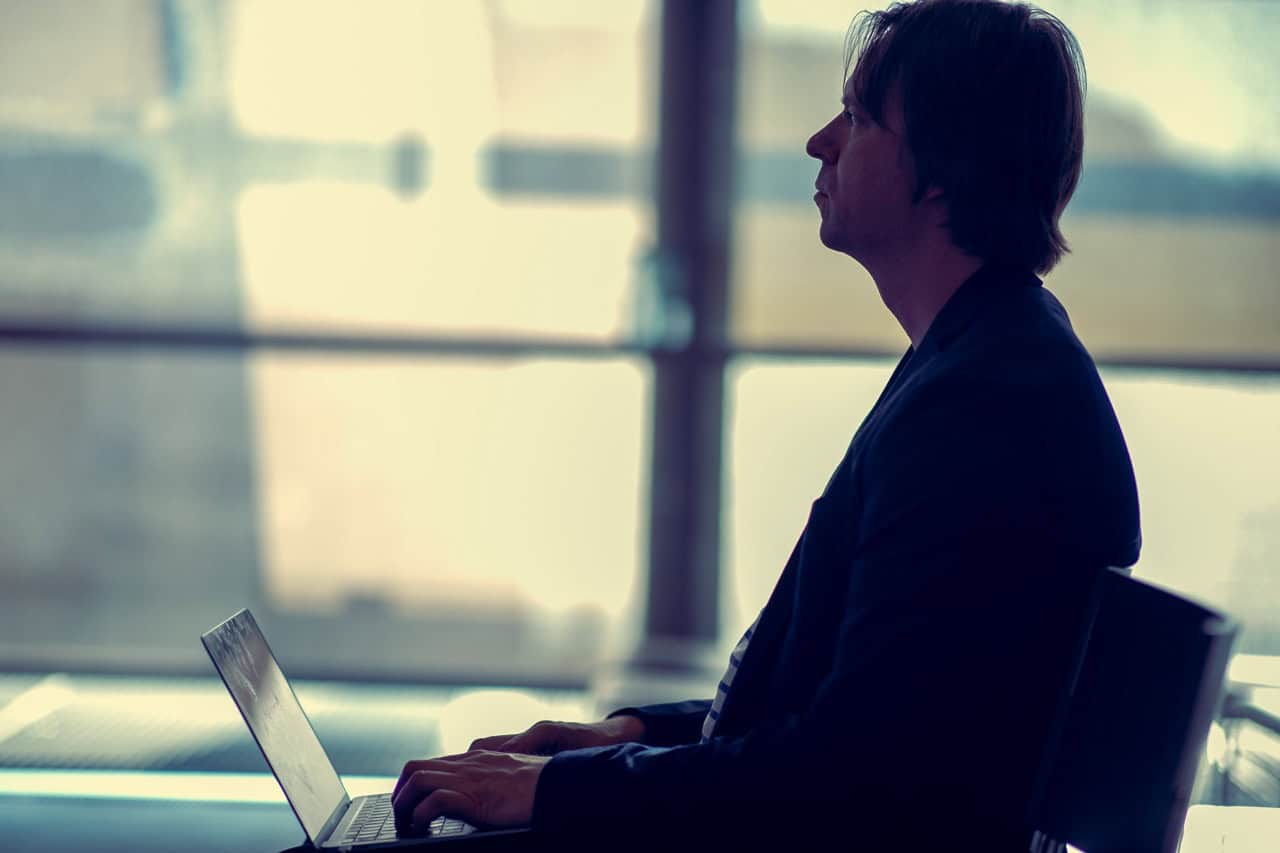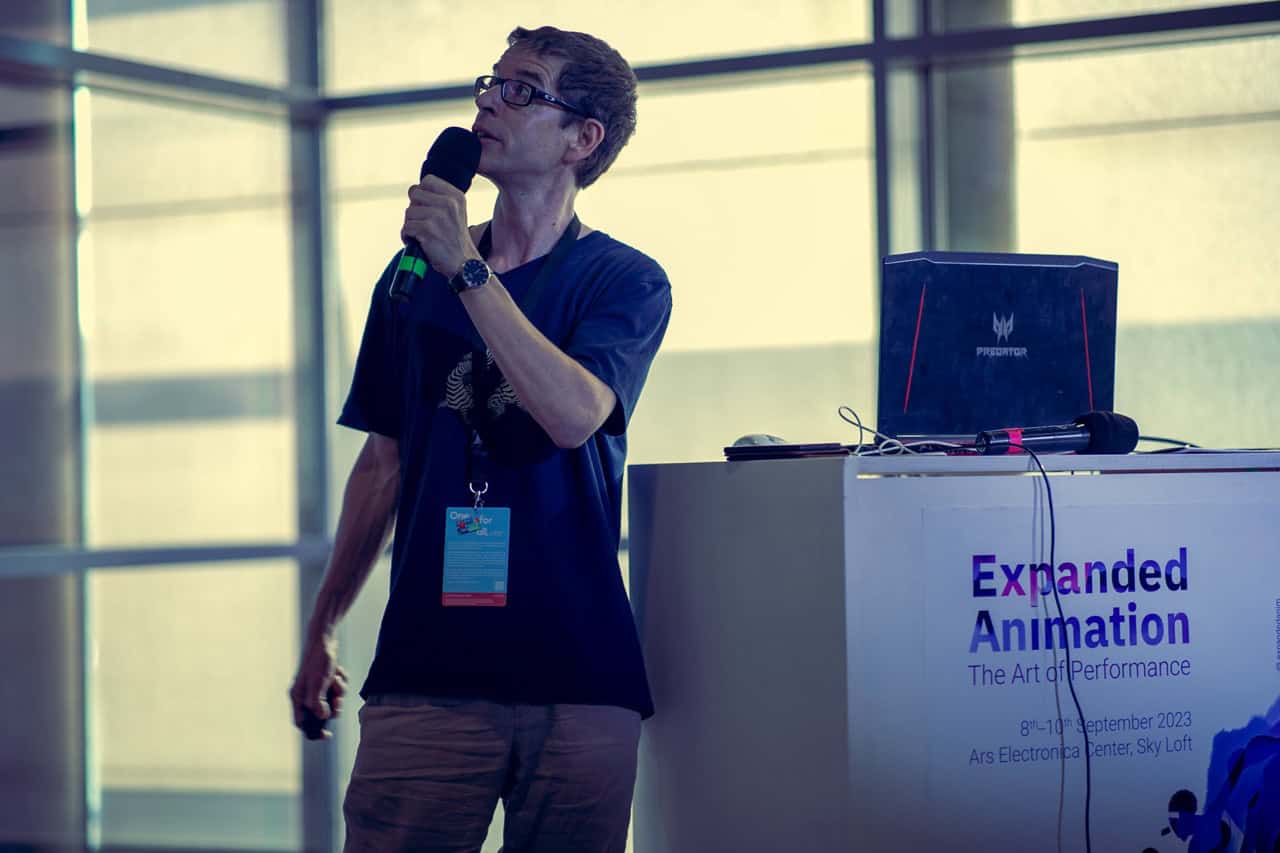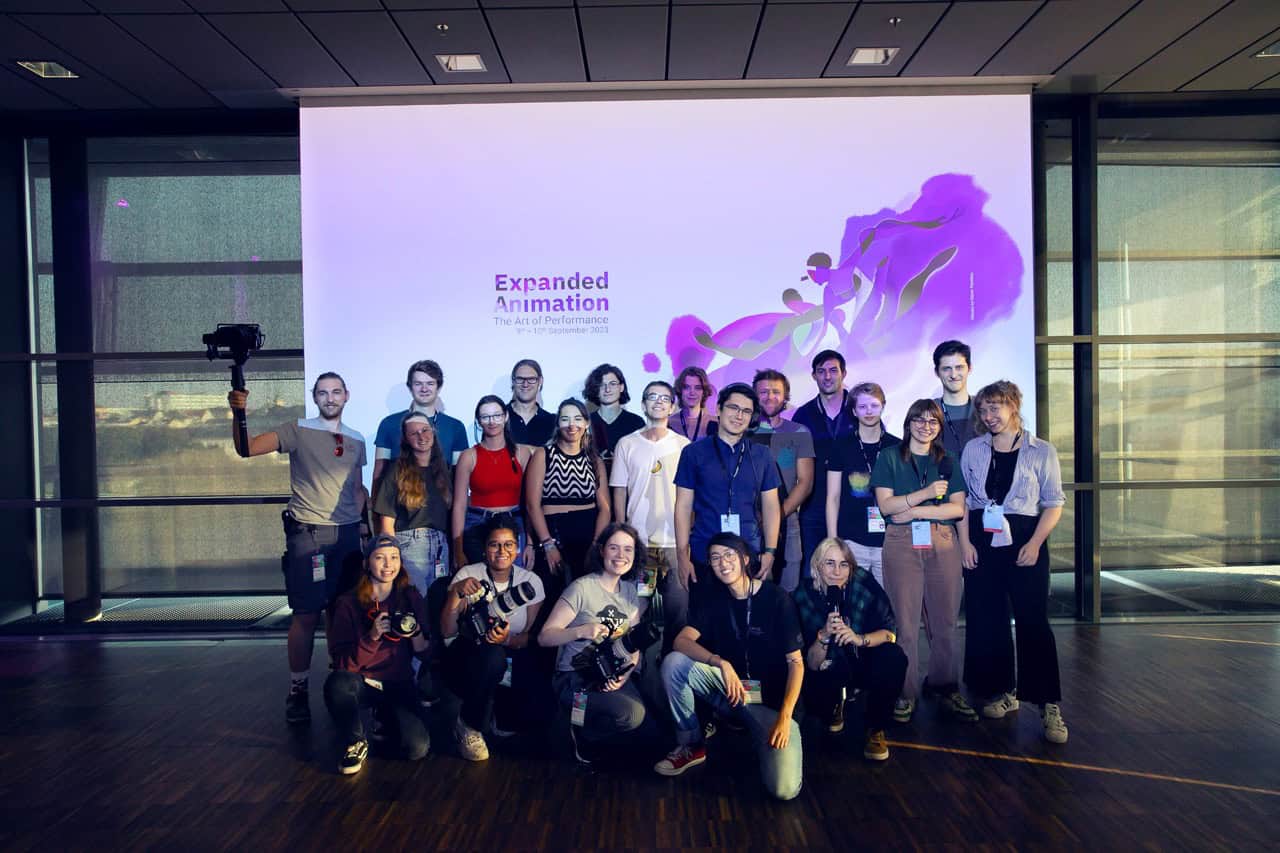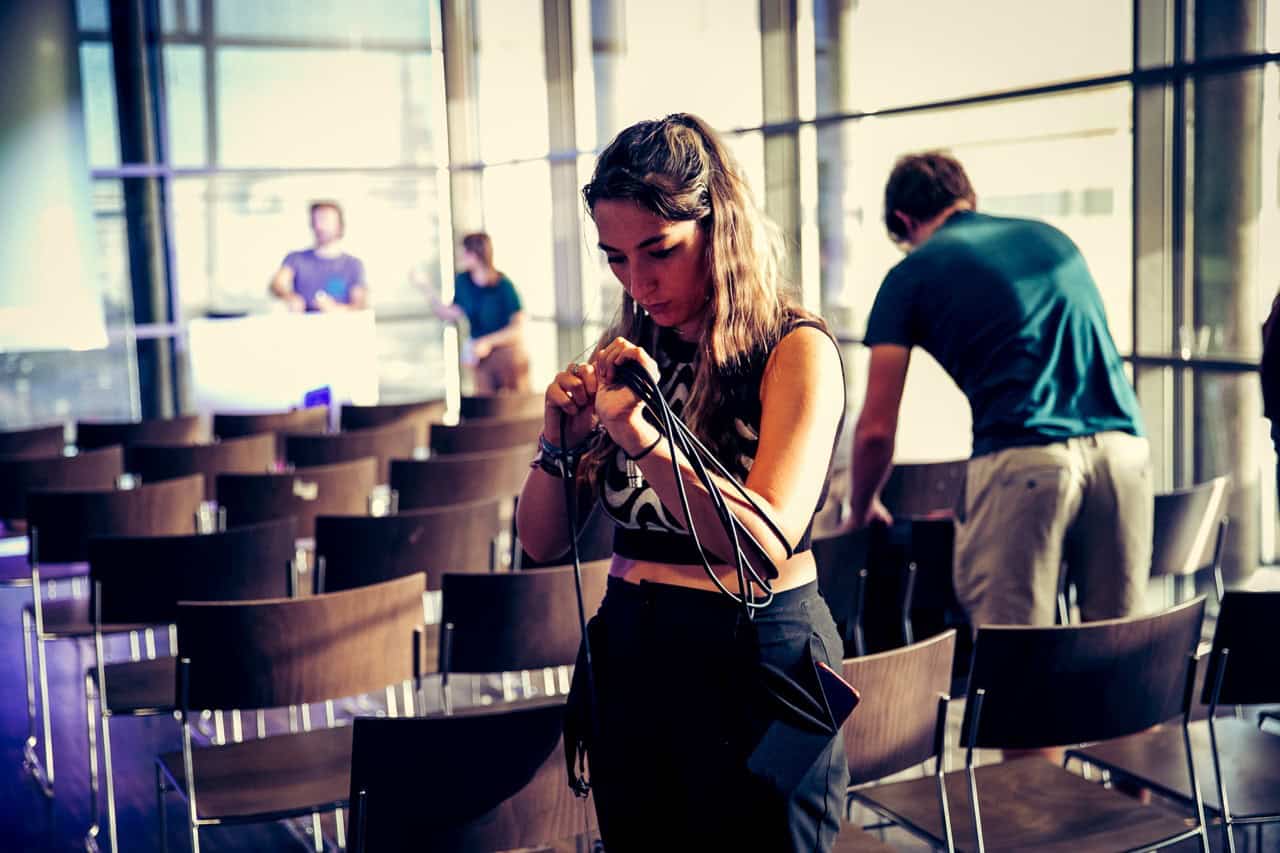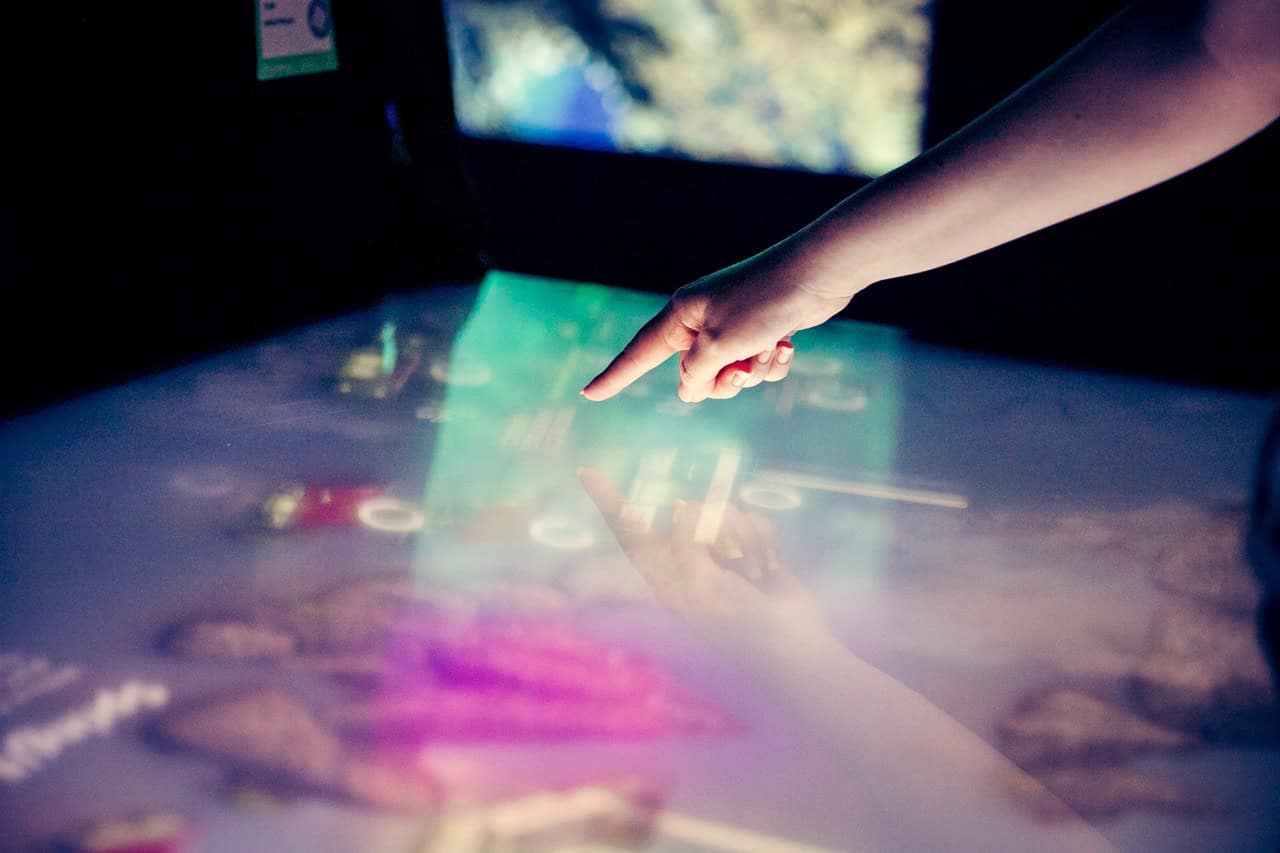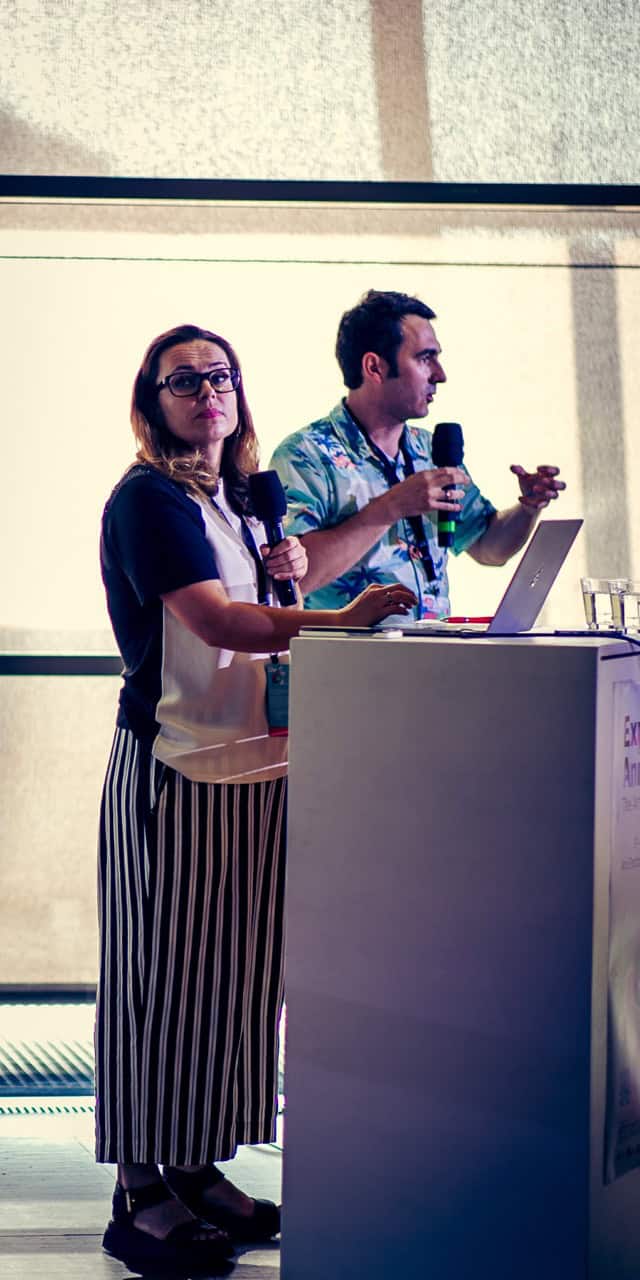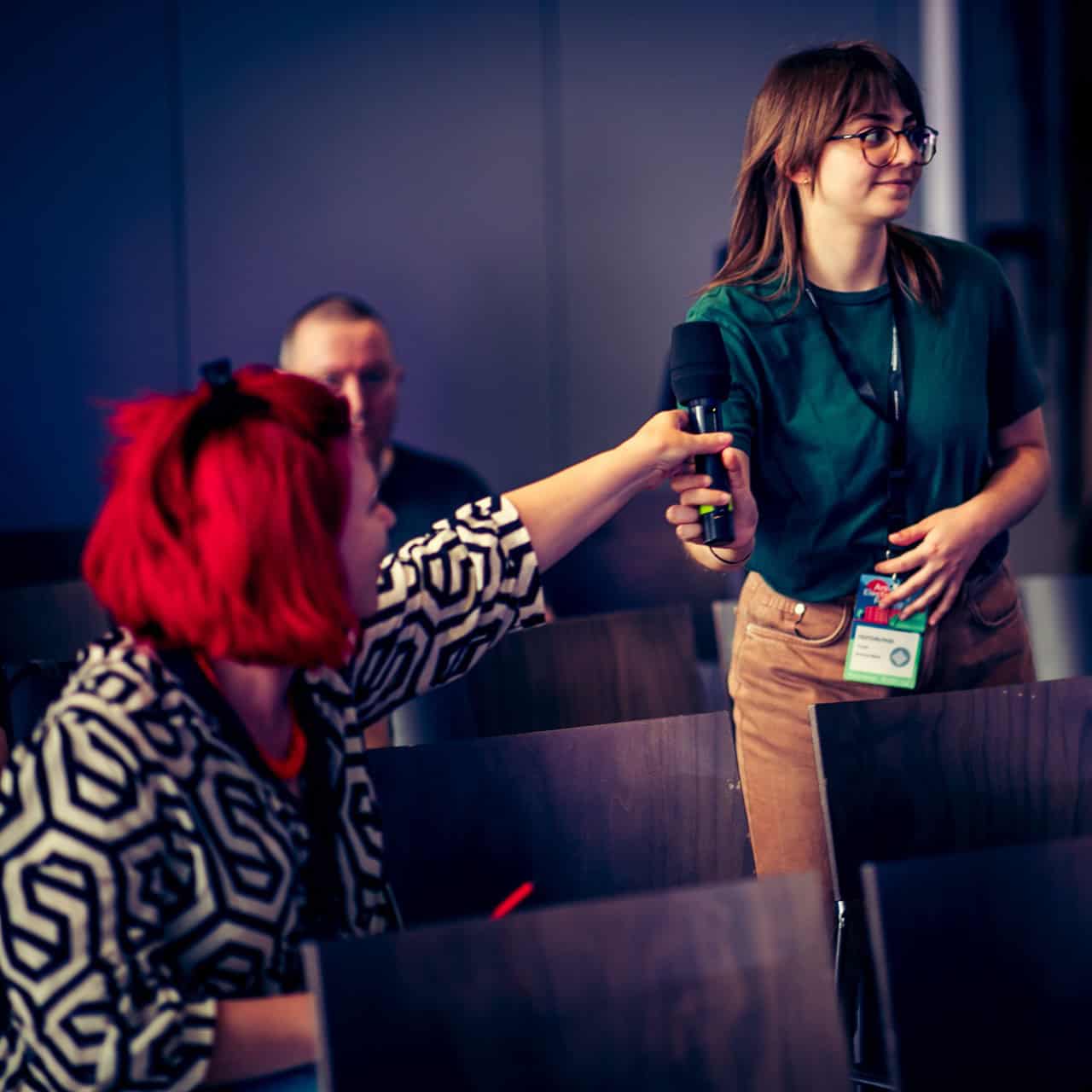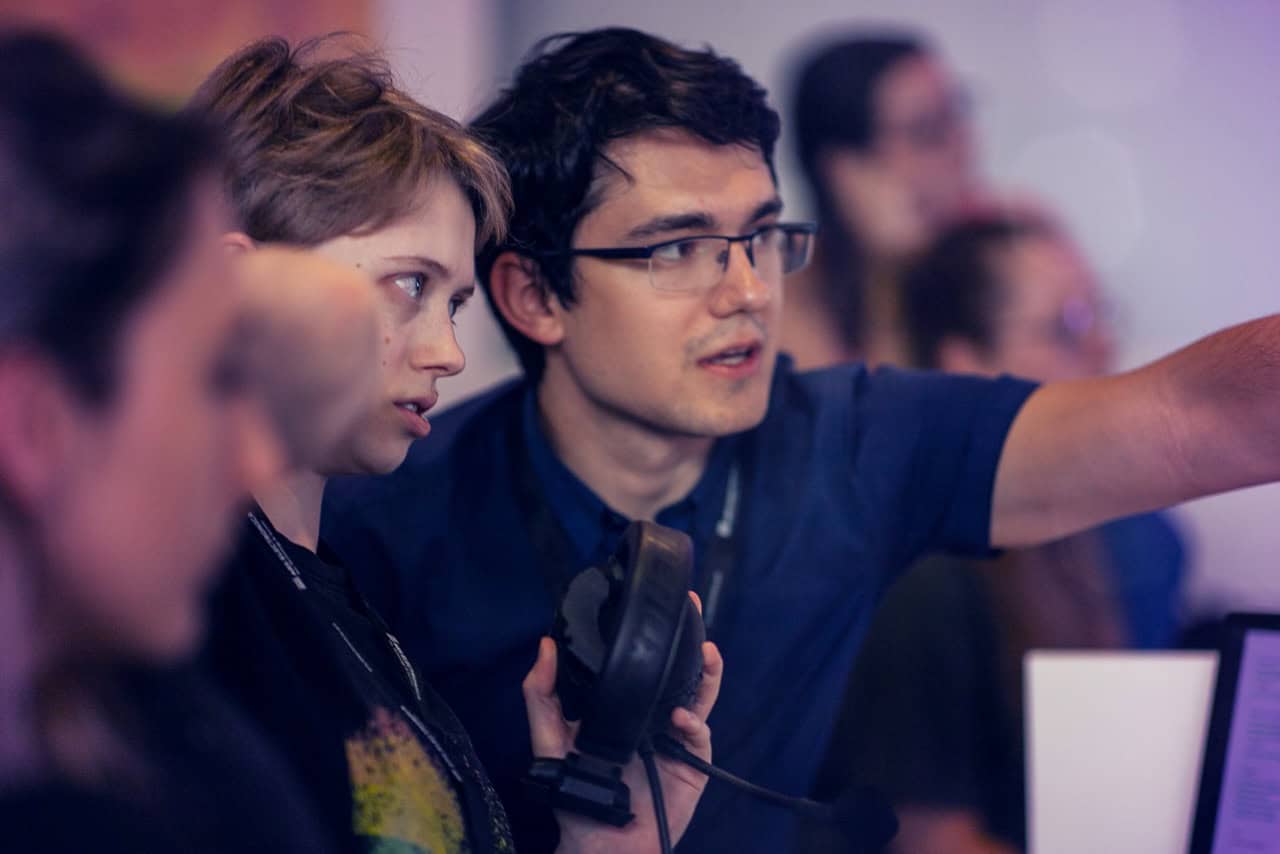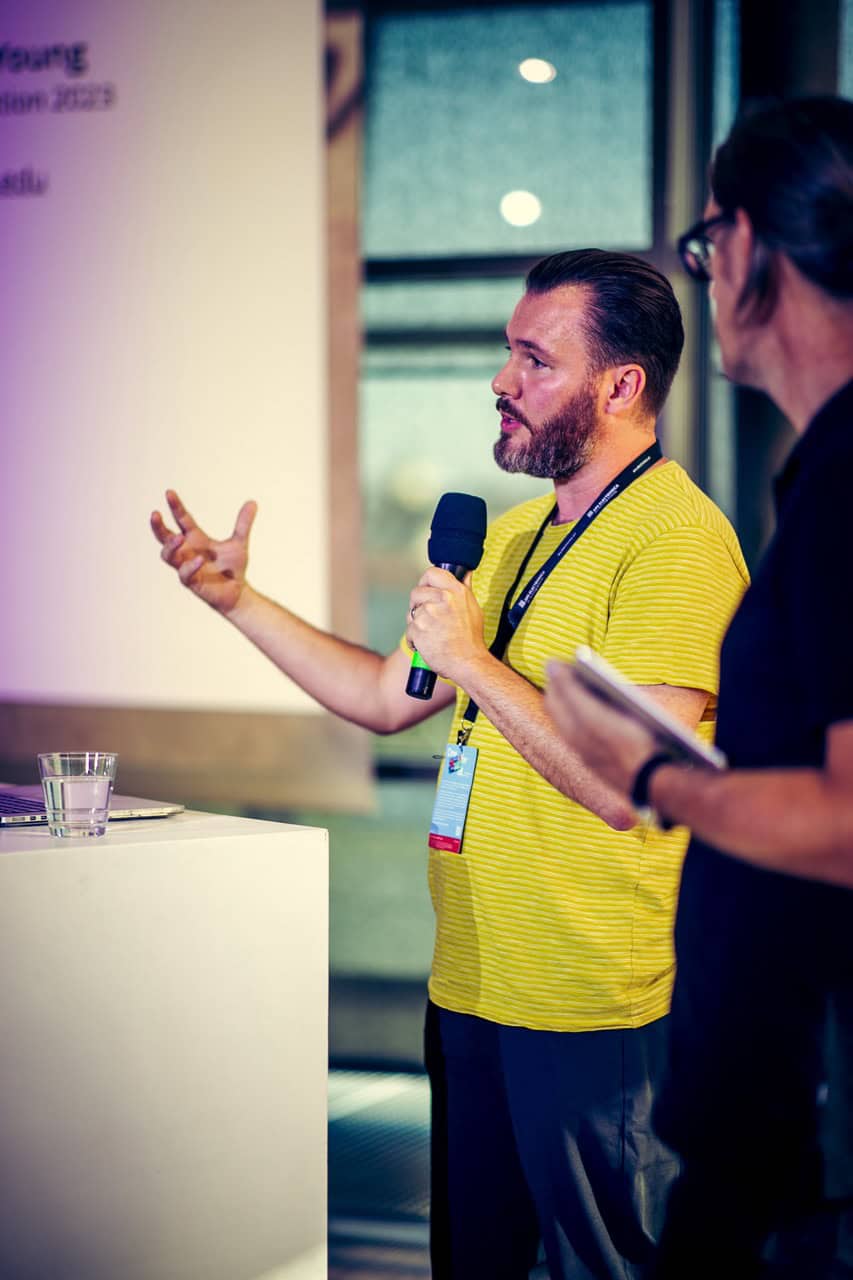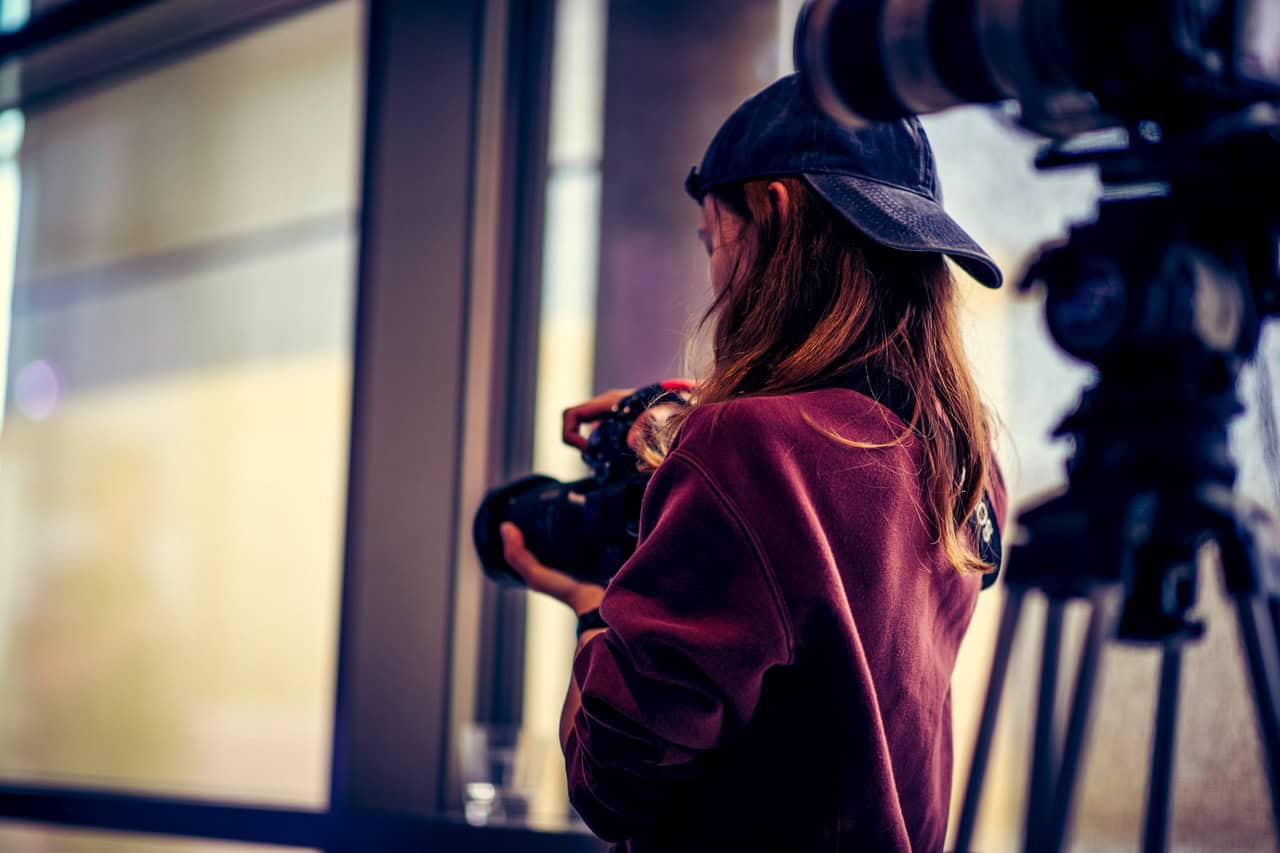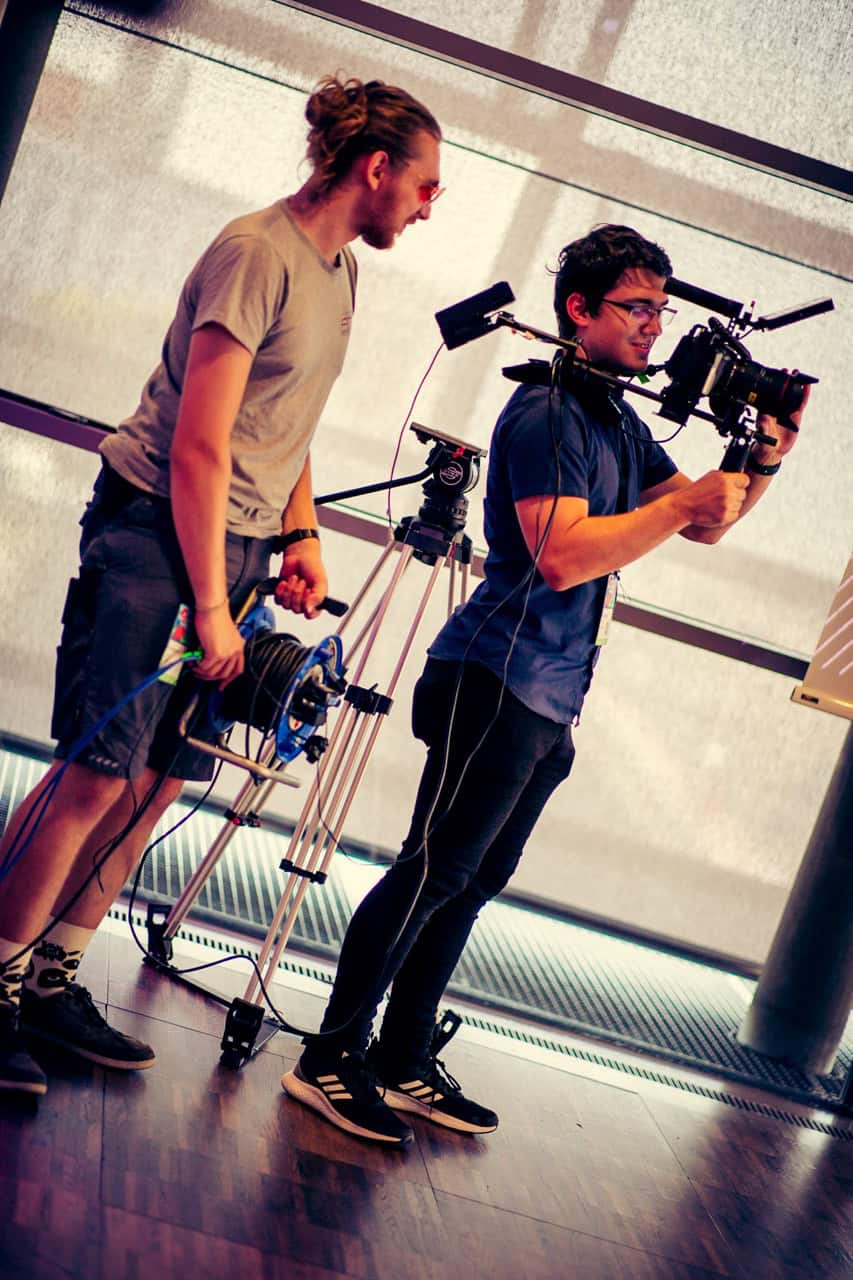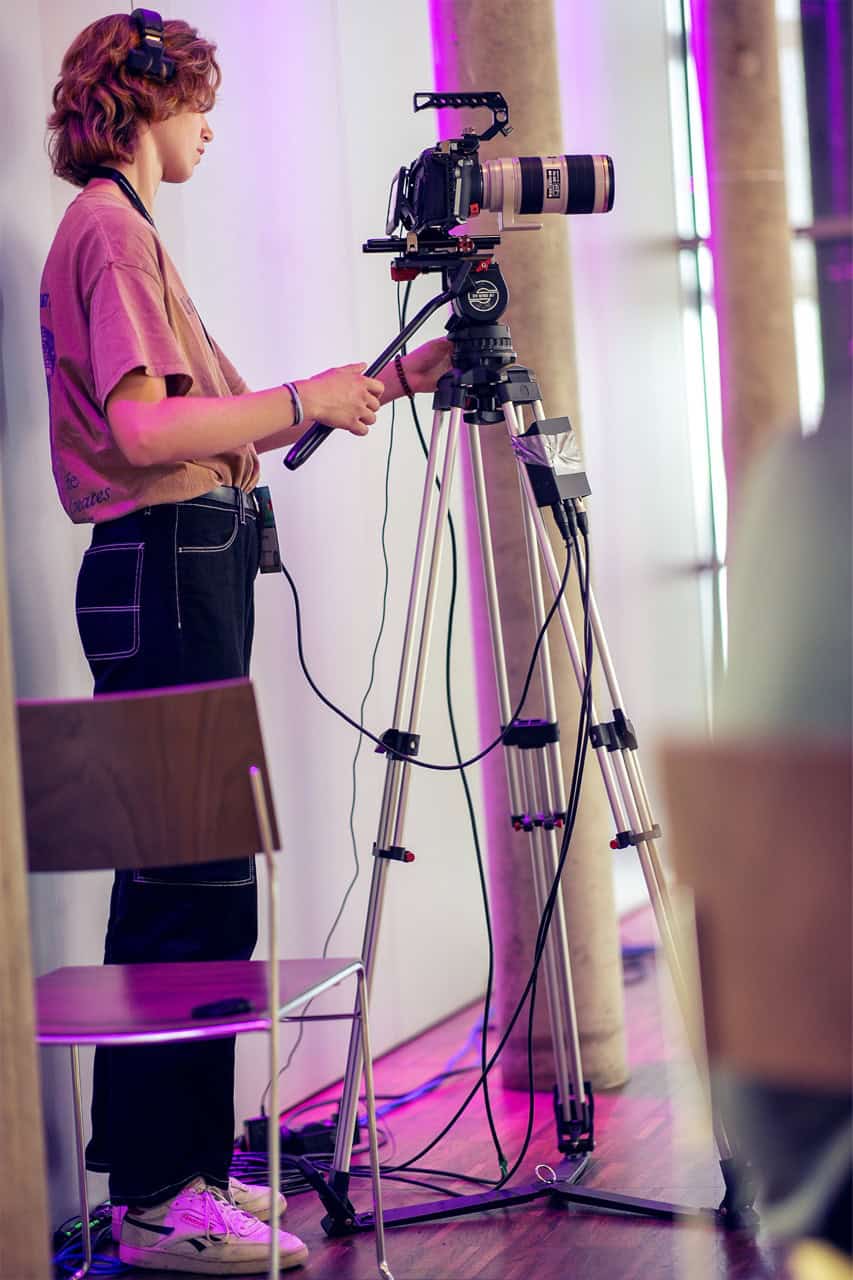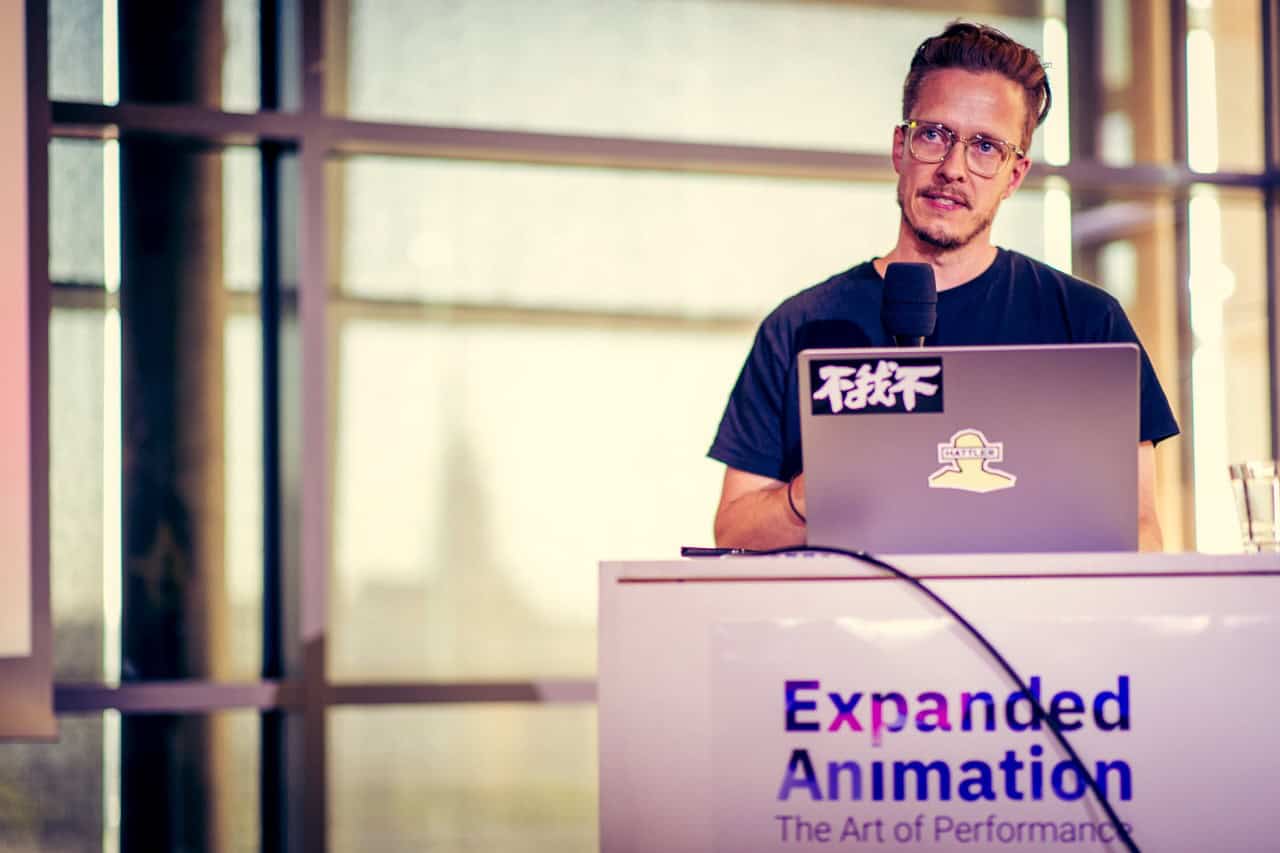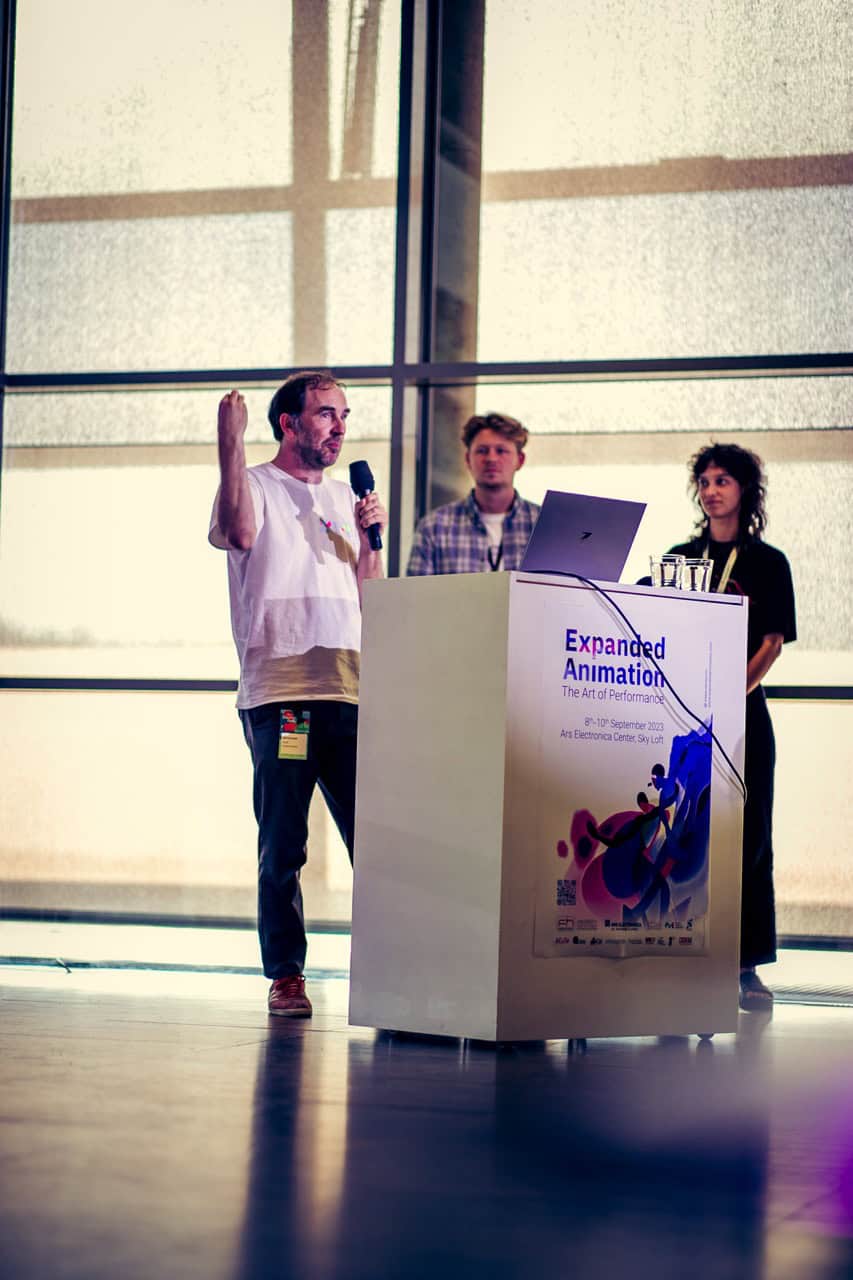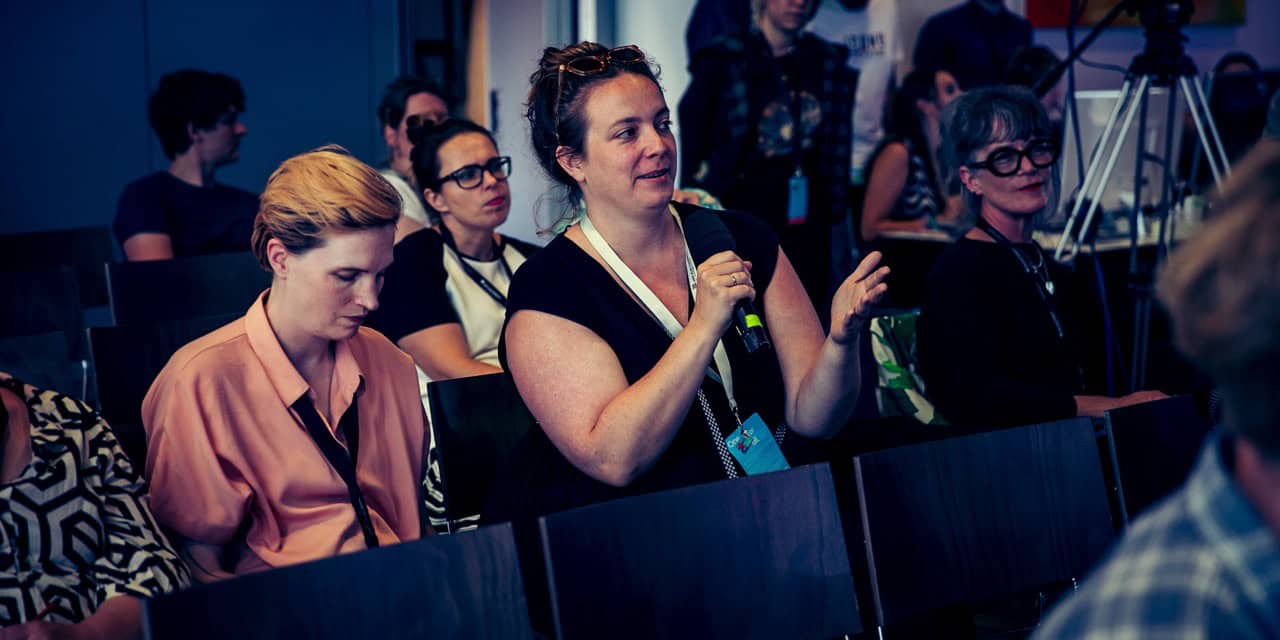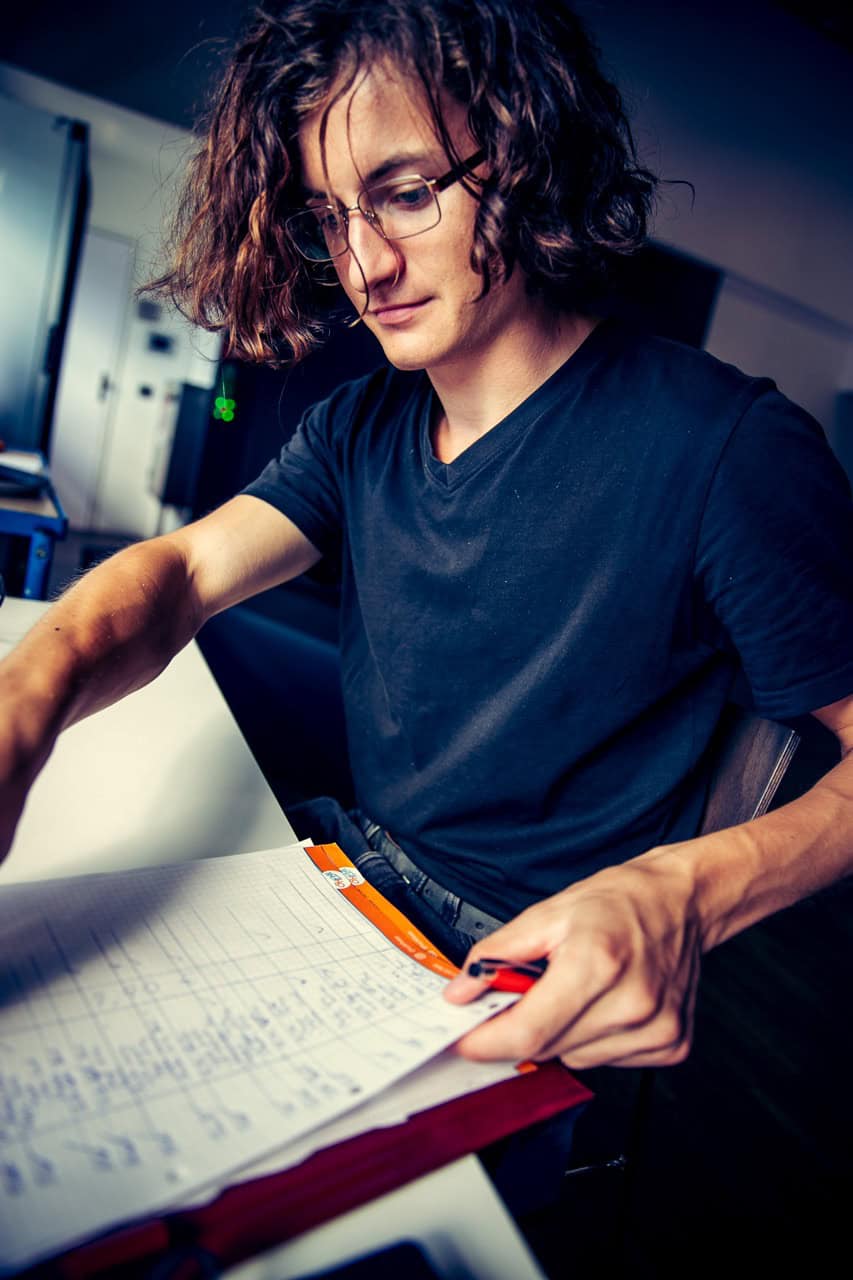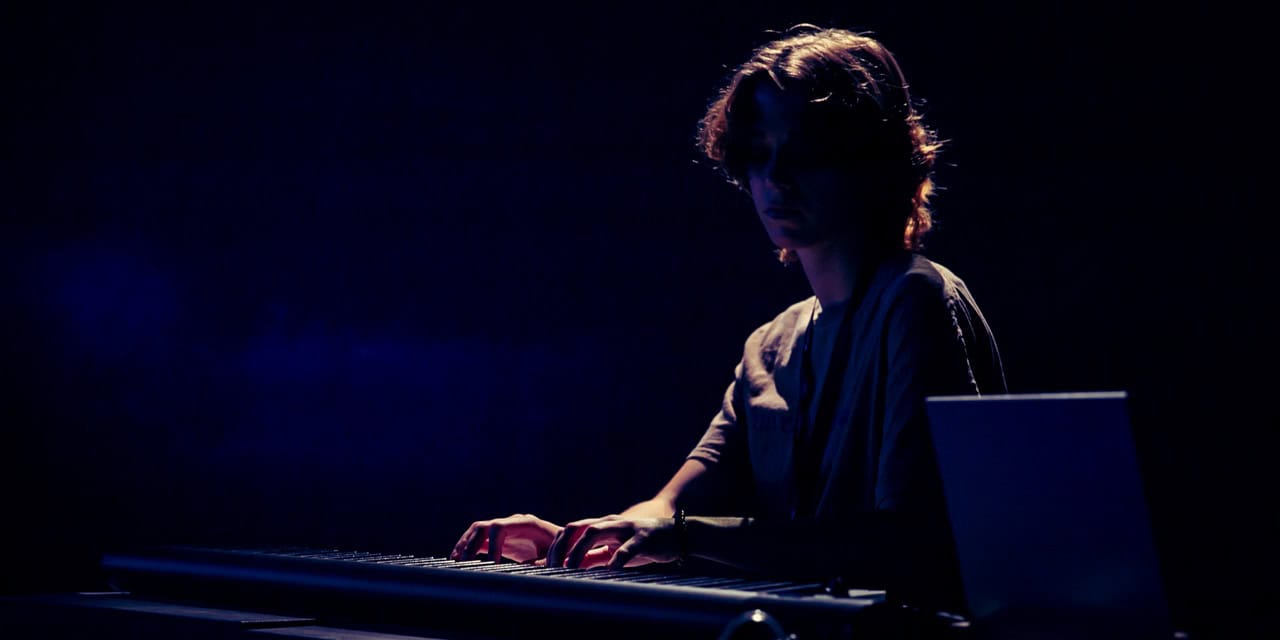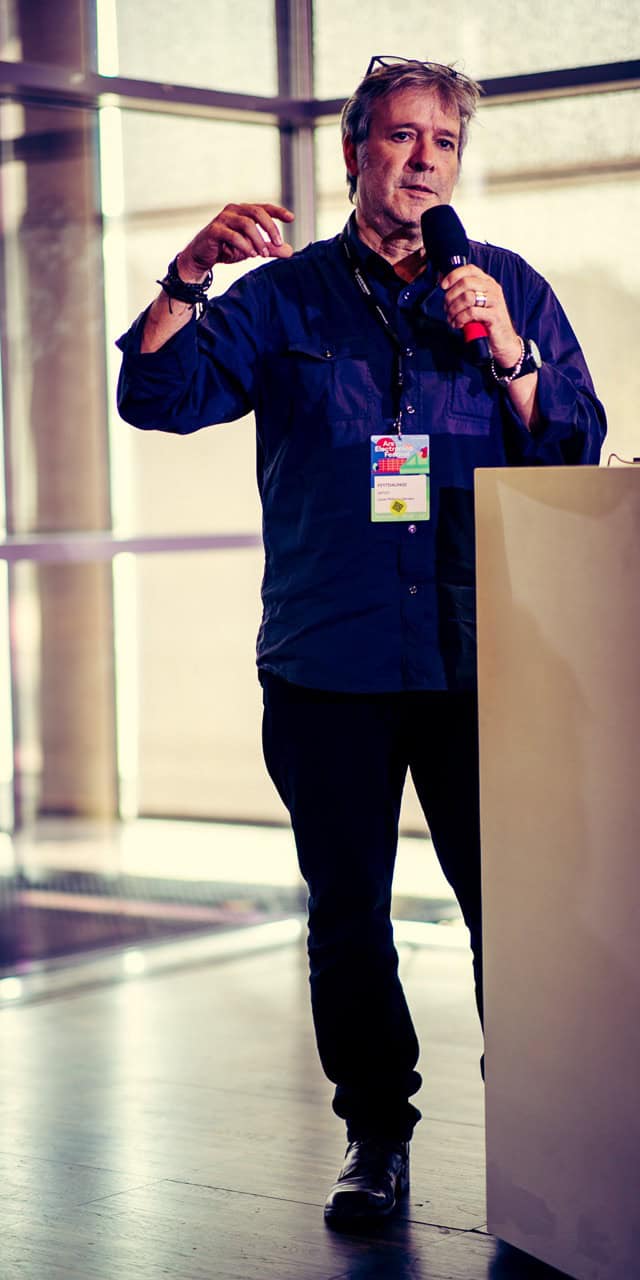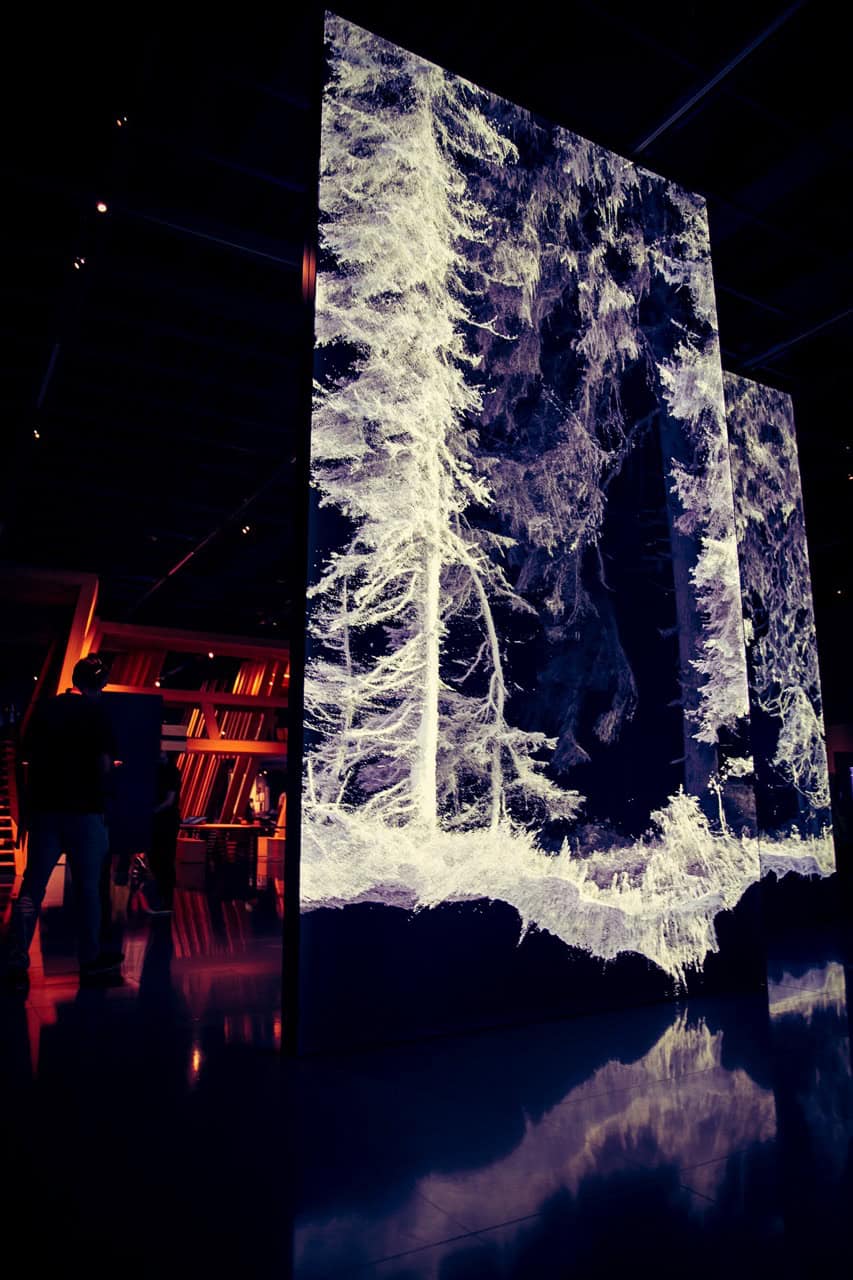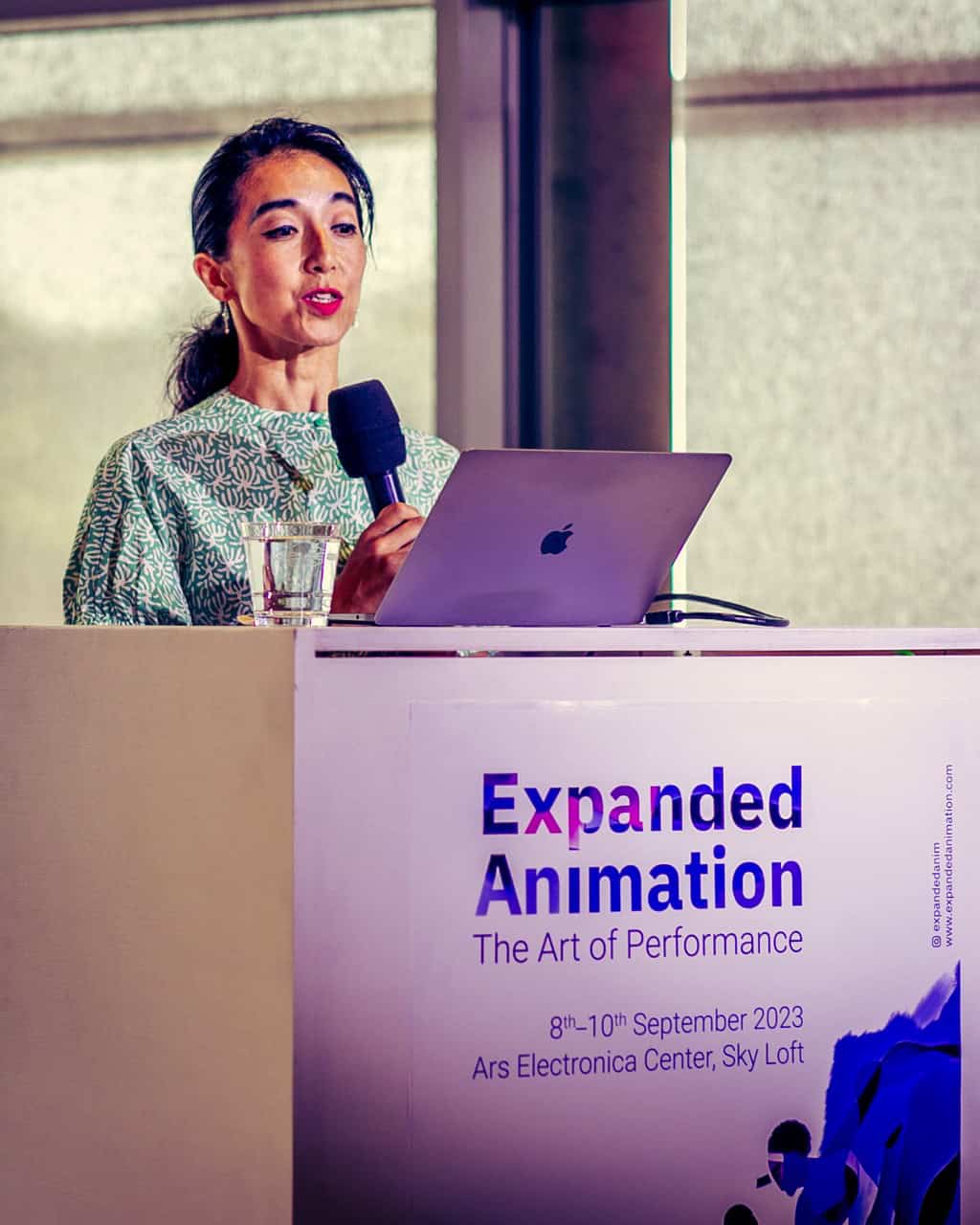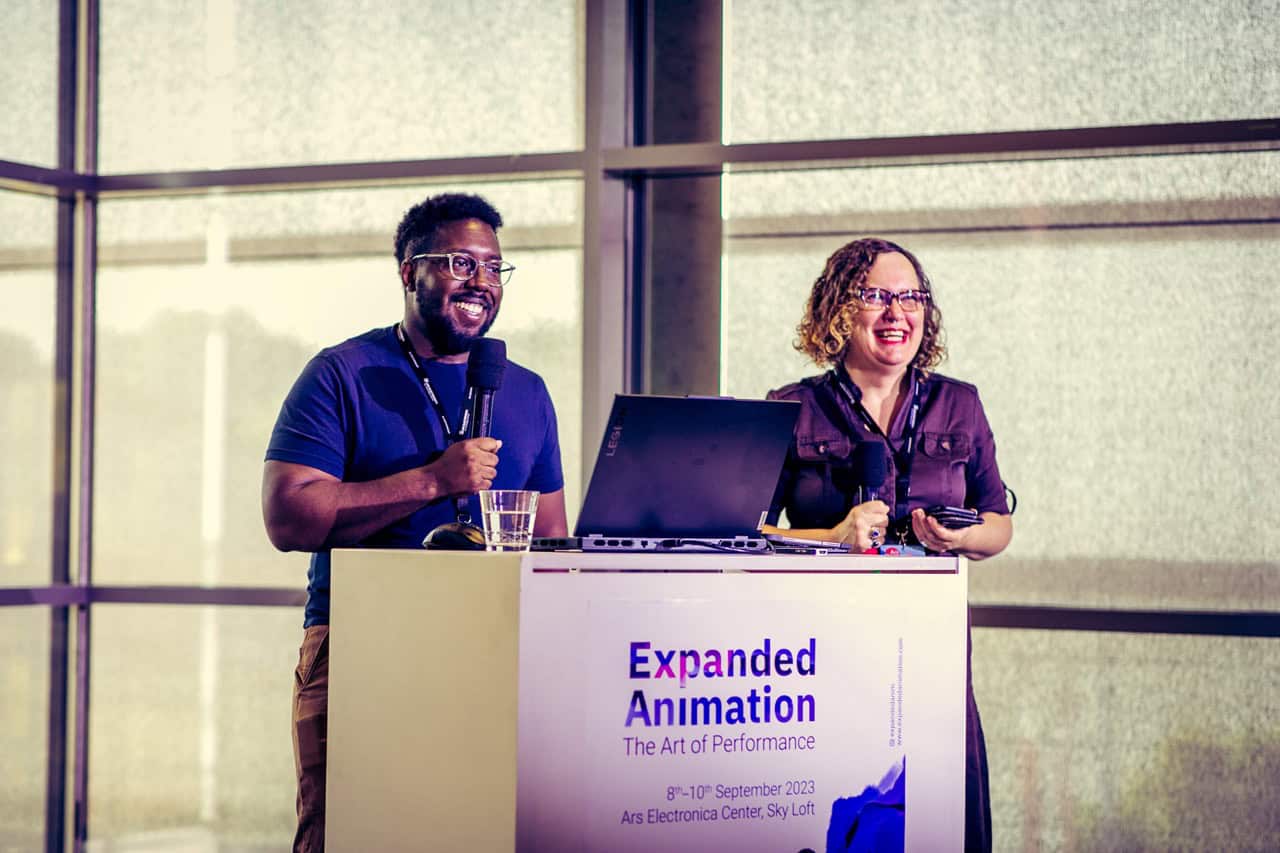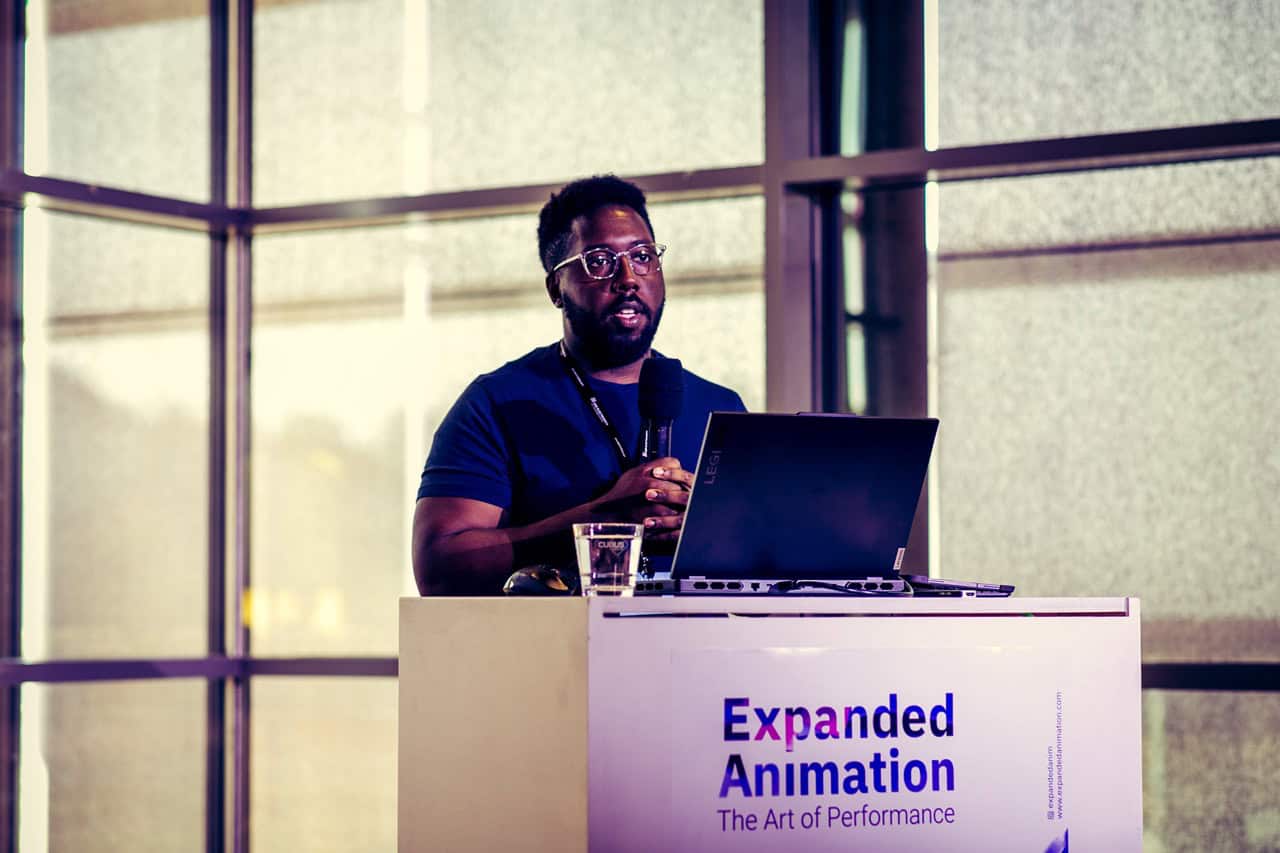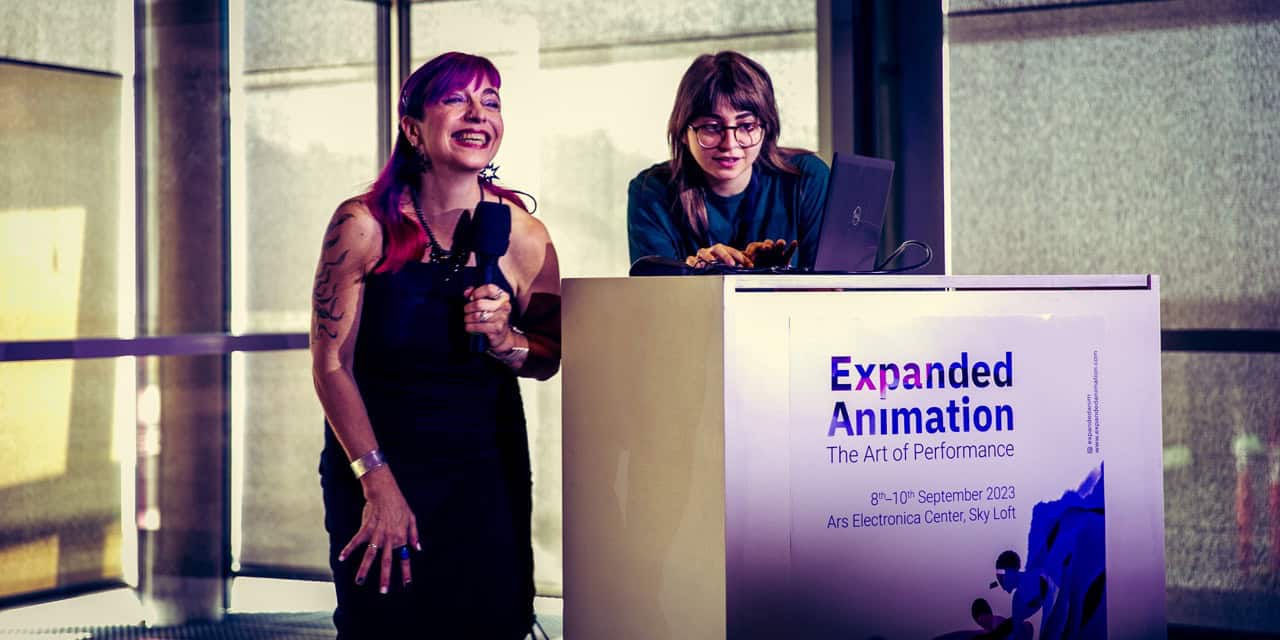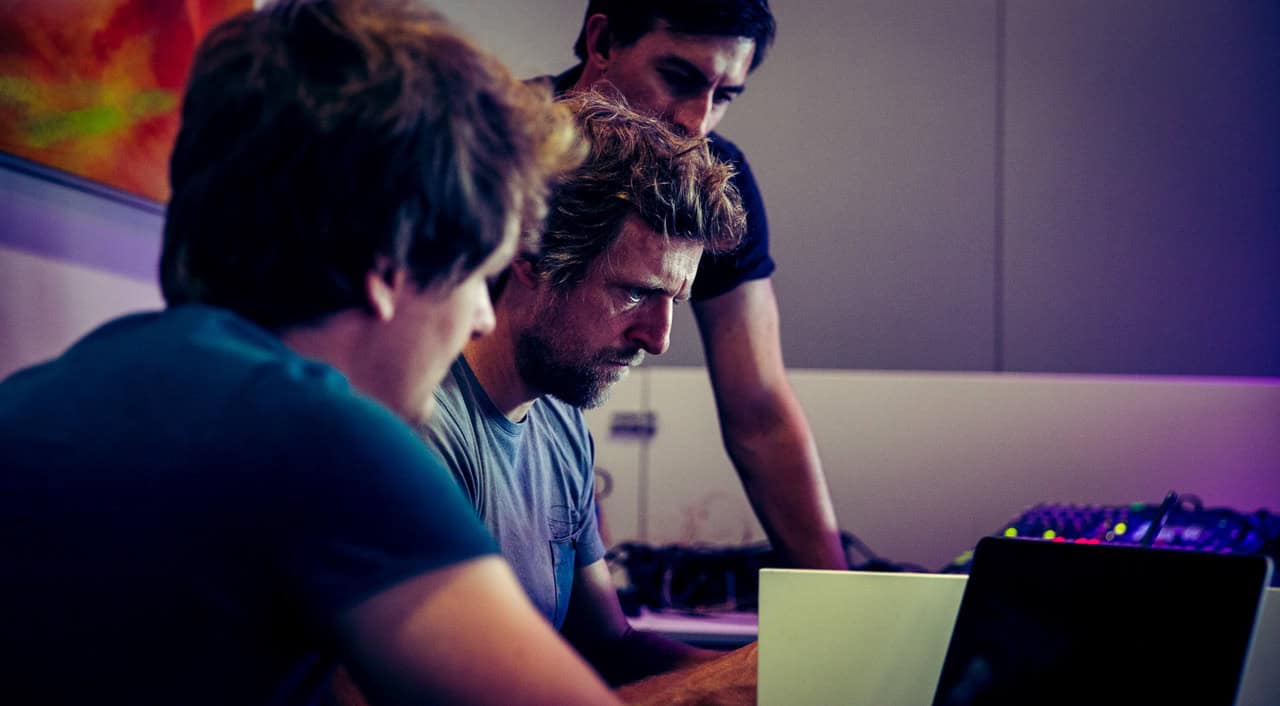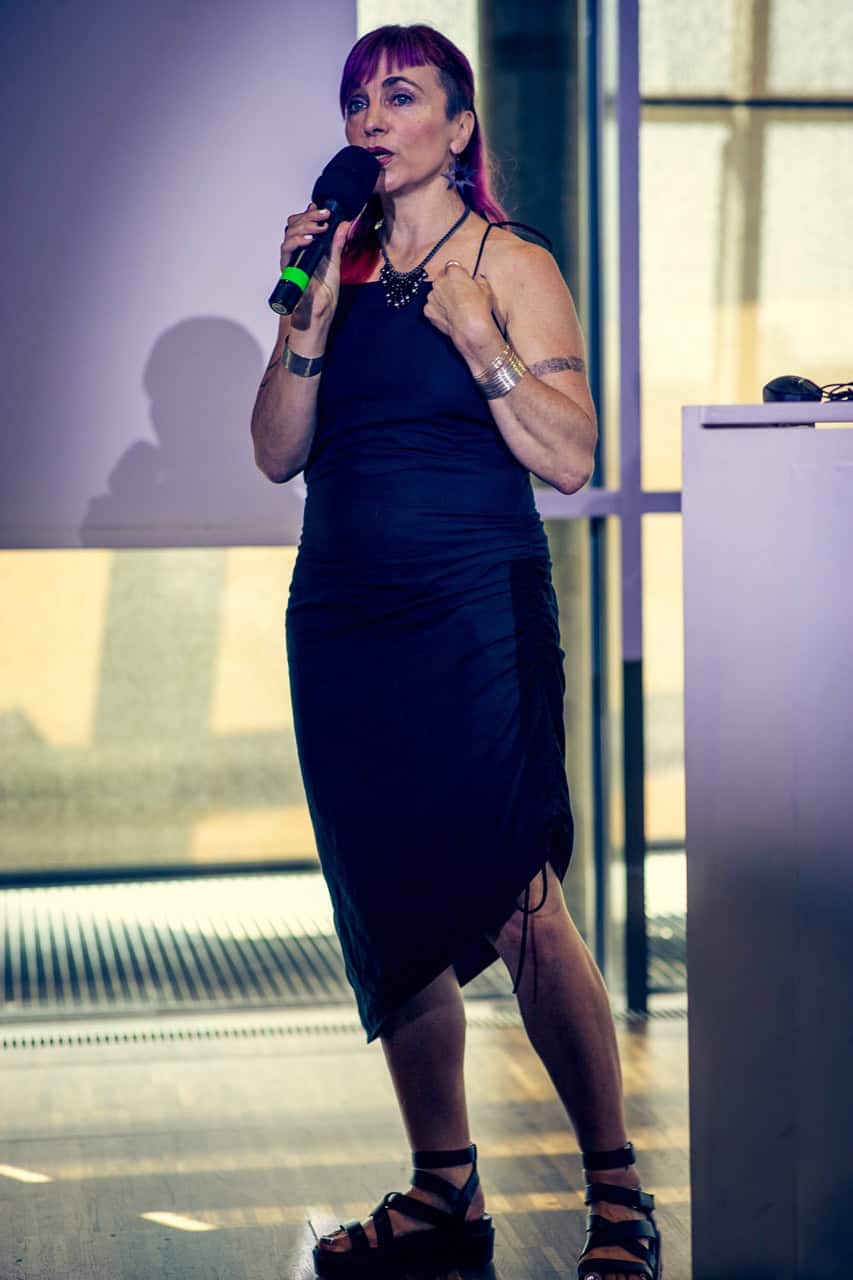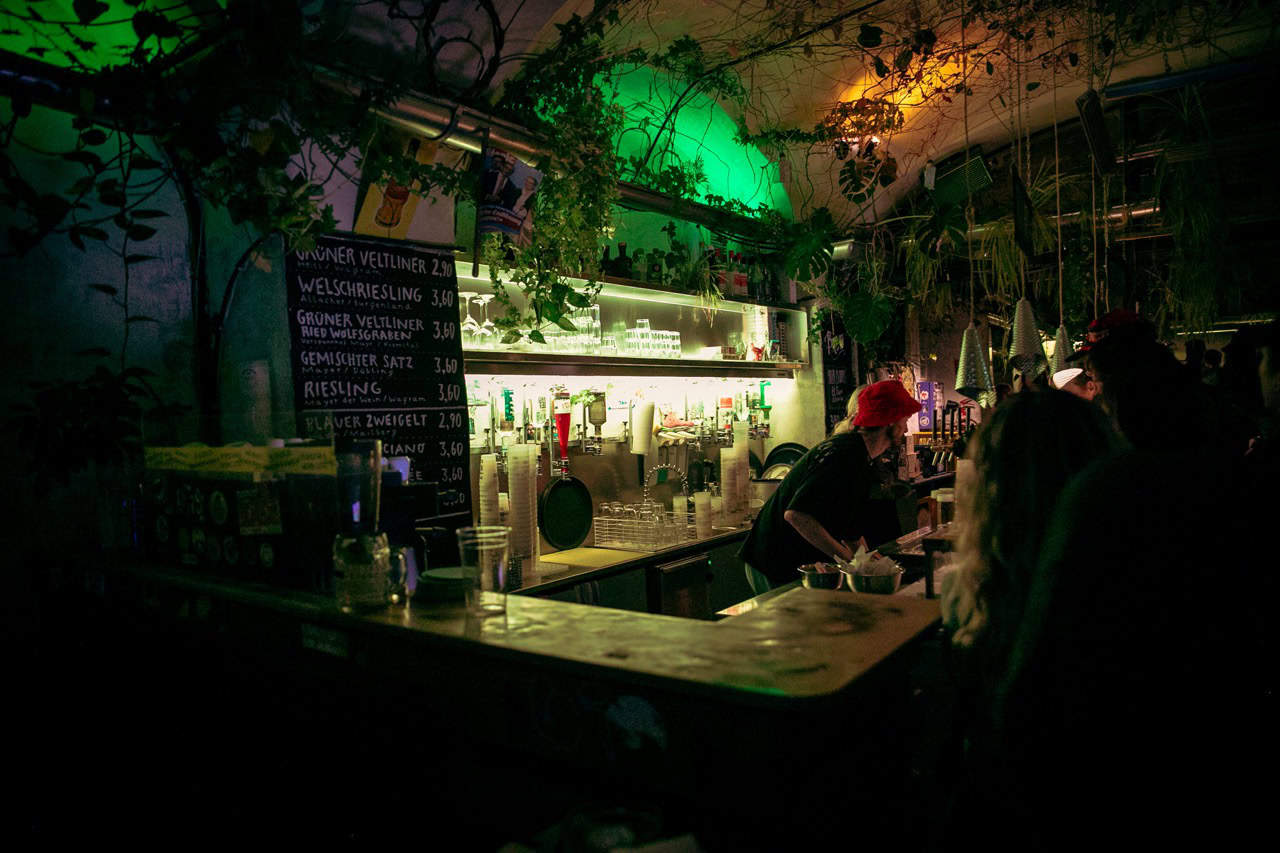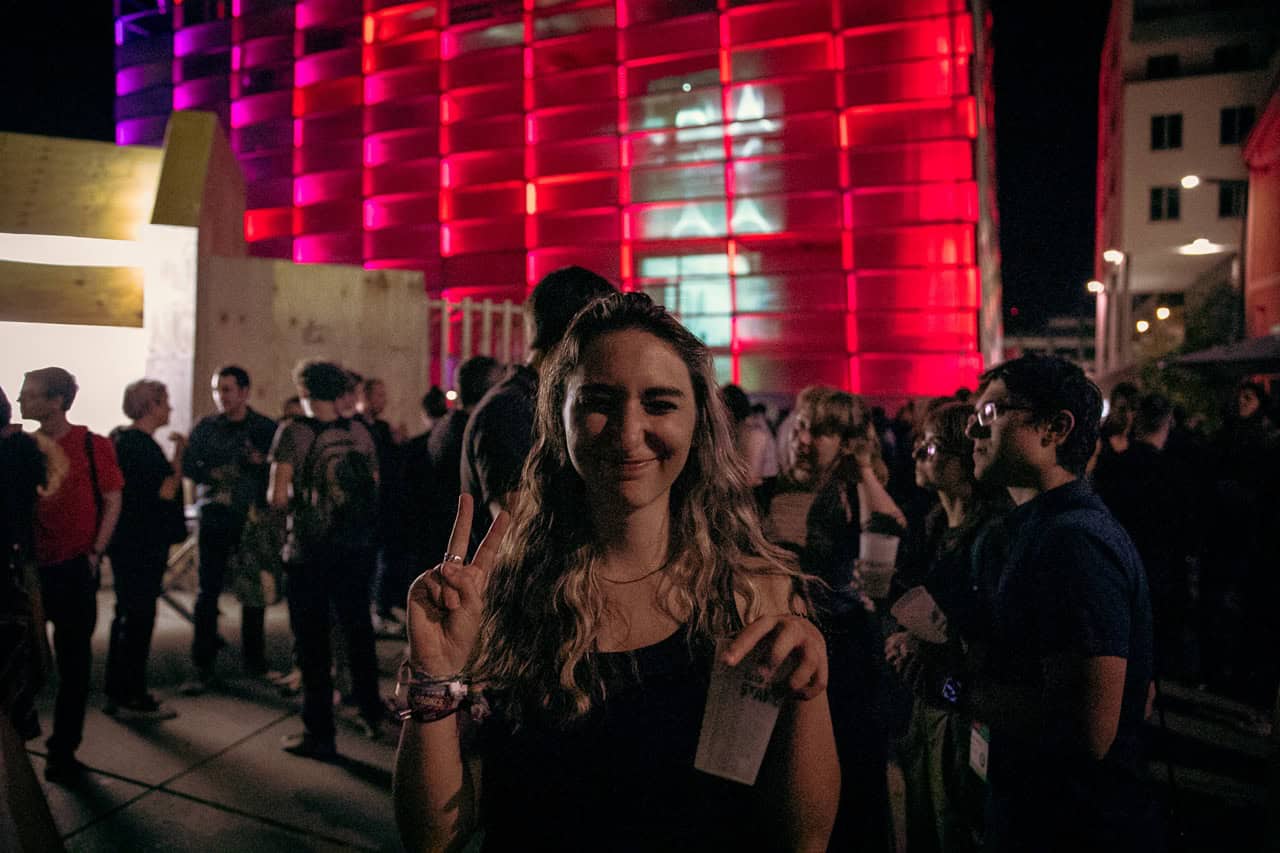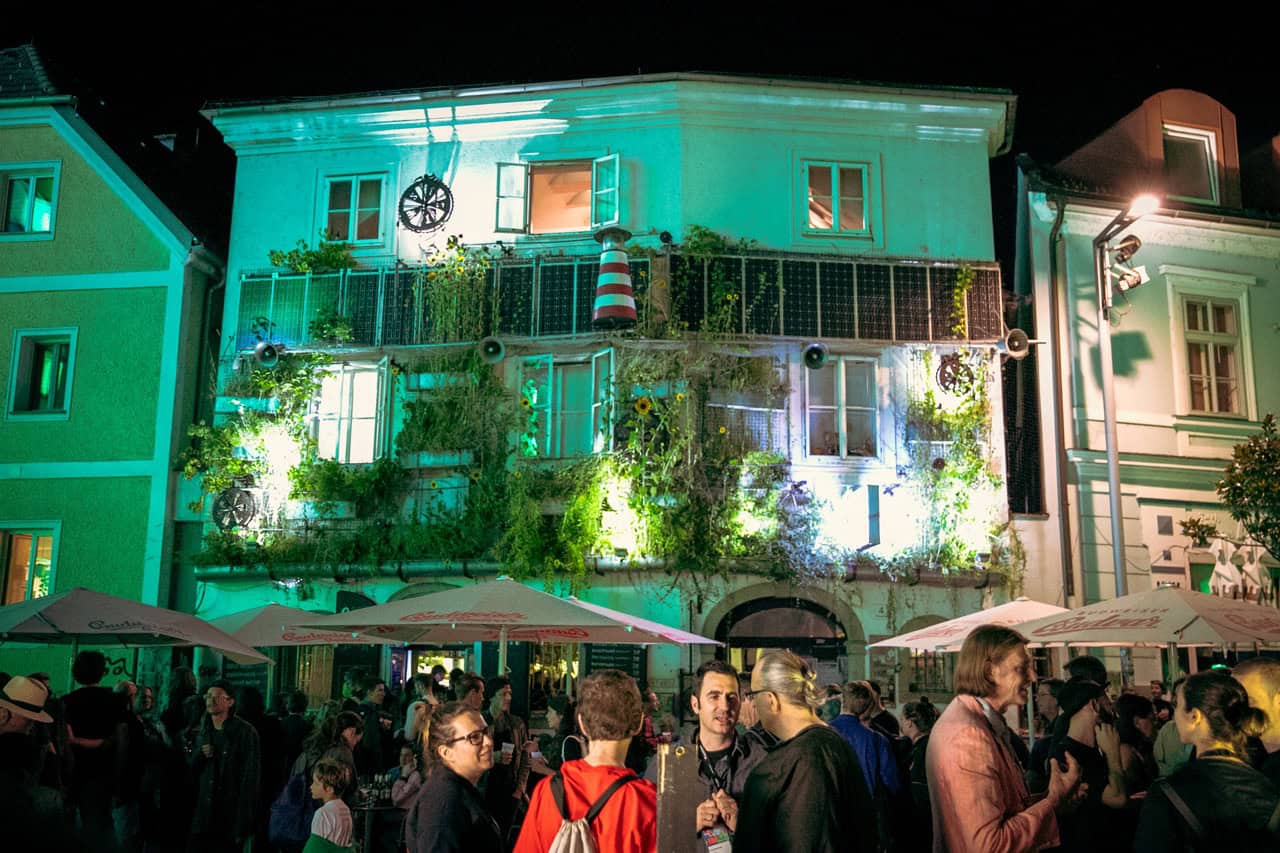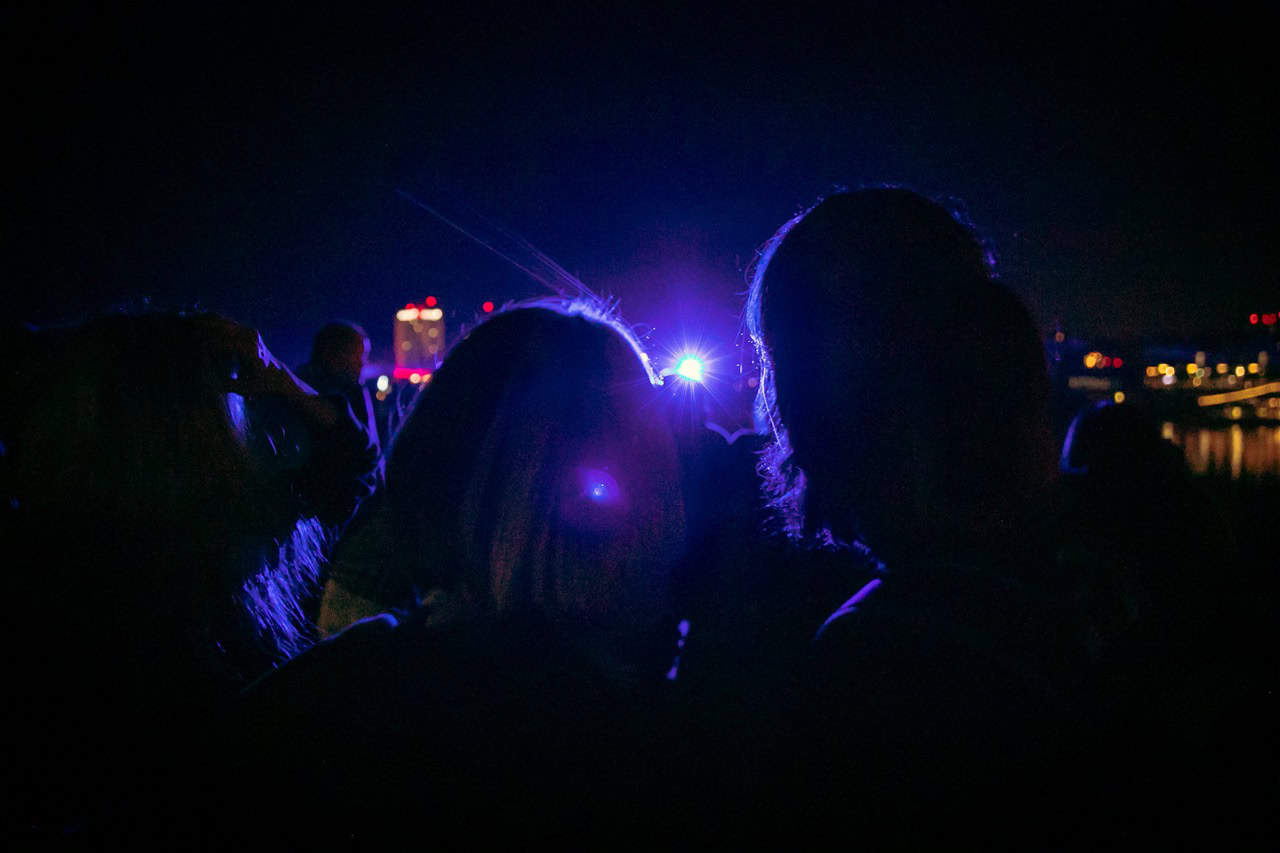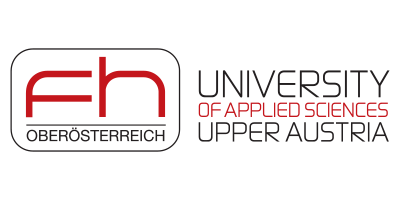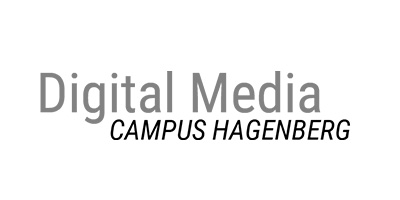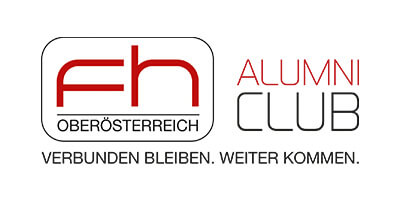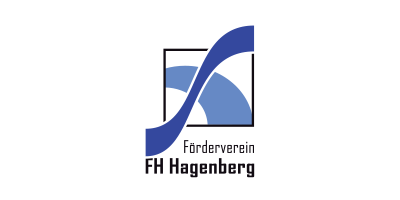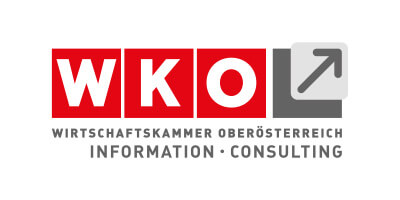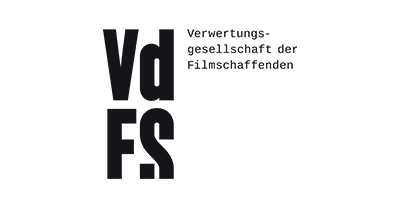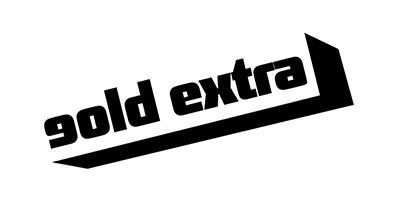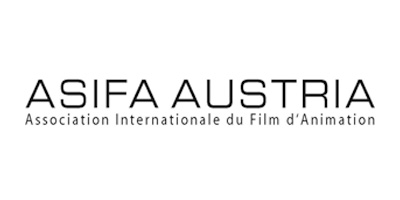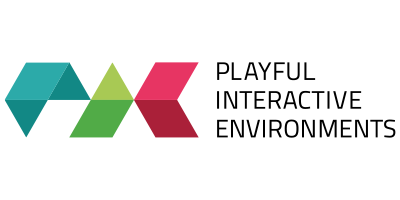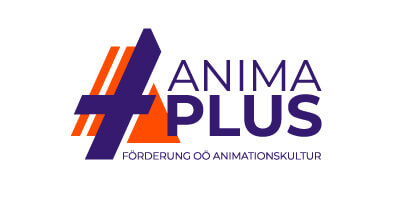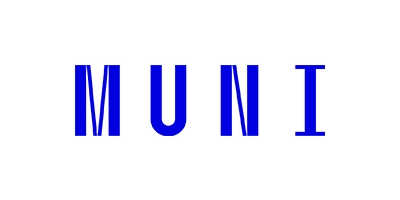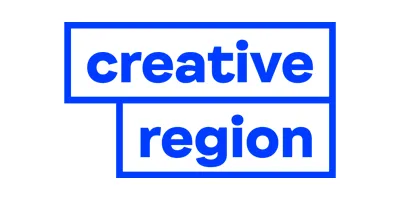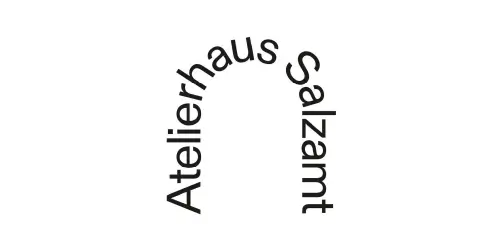This year’s Expanded Animation will take place at the skyloft in Ars Electronica Center in Linz, Austria.
Live Since
Expanded Animation 2024
The twelfth edition of the Expanded Animation Symposium, organized by the Hagenberg Campus of the University of Applied Sciences Upper Austria and Ars Electronica, will take place from September 5th to 7th as part of the Ars Electronica Festival 2024.
Location: skyloft at Ars Electronica Center, Ars-Electronica-Straße 1, 4040 Linz, Austria
A collaboration between Ars Electronica and the University of Applied Sciences Upper Austria Hagenberg Campus, curated by Juergen Hagler and Daniela Duca De Tey
The 2024 Ars Electronica Animation Festival is a diverse showcase that invites spectators to discover current artistic productions in the field of digital animation. The showcase presents around 60 cutting-edge videos, encompassing everything from CGI to AI-generated visuals, cinematic deepfakes, animated documentaries and data visualizations. Most were selected from the submissions at Prix Ars Electronica 2024, while others were provided by prestigious international partners such as SIGGRAPH, ISEA, and Runway AI Film Festival. For the first time this, Ars Electronica Animation Festival will take place in medSPACE, a new venue for teaching anatomy, offering an immersive 4k screening experience with a projection surface of 14 by 7 meters. Located on the medical campus of Johannes Kepler University Linz, the space has been developed and implemented by the Ars Electronica Futurelab.
PRIX ARS ELECTRONICA BEST-OF
Enjoy a compilation of outstanding animations awarded by the New Animation Art jury of Prix Ars Electronica 2024. The selection encompasses a wide array of critical social-political themes and challenges of our times: data surveillance, climate change, the erosion of image credibility, the commodification of transnational education and the invisible human labor that goes into training AI systems.
H-O-P-E
Hope alone cannot shape a project for future improvement, but it can serve as the underlying emotion that translates into various actions and tendencies shaping the future. Let us for a moment think about hope not as a tool, but as a springboard for other useful concepts encapsulated in its letters: H for Healing, O for Otherness, P for Paradox, E for Entanglement.
AUSTRIAN PANORAMA
AUSTRIAN PANORAMA presents a diverse mix of experimental and humorous works by Austrian artists or those based in Austria. This program features creative fusions of dance, music and AI, alongside deep explorations of memory and the human body. Dystopian scenarios and comedic notes are also woven into this eclectic selection.
DATA AND SCIENCE VISUALIZATIONS
Through animation, scientific concepts become more than just data—they become stories that resonate and inspire. Graphical representations of data often unveil “hidden” insights about our world. In other words, they make us aware of phenomena that develop either too slowly (climate change) or too fast (DNA replication) to be noticeable through direct experience or observation technology.
ANIMATION GUEST PROGRAMS
Three outstanding guest programs are enriching our medSPACE showcase. The SIGGRAPH compilation includes selections from their prestigious yearly Electronic Theatre showcase. Runway AI Film Festival offers a glimpse into a new creative era, demonstrating the rich variety of styles emerging in AI-driven filmmaking. Finally, the Constellations ISEA program features a blend of Indigenous and Western animation styles and techniques.
MEET THE ARTIST SERIES
Several artists awarded at Prix 2024 will join us at medSPACE and Deep Space 8K to present their work in person. Award of Distinction winners Timothy Thomasson (CA) and Jeremy Kamal (US), and Honorary Mention winners Nicolas Gourault (FR) and Rachel Maclean (GB) will offer insights into their creative processes and discuss the key themes and motivations driving their projects.
YOUNG ANIMATIONS
Like every year, the works of talented filmmakers up to the age of 19 are celebrated in the category YOUNG ANIMATIONS. The program is a selection of short films created by young artists across Austria, who have submitted their projects to the Prix Ars Electronica 2024 in the u19–create your world category.
SPEAKERS
The speakers for Expanded Animation 2024 are confirmed and we’re proud to introduce them to you.
Art & Industry
featured by Sparte Information & Consulting der WKOÖ
Artist Position
ASIFA Austria Forum
Art Research Paper
Art Paper
PROGRAM
This year’s symposium features five distinct tracks: the panel Artist Position, Art & Industry, Art Research Paper, Art Paper, and the ASIFA Austria Forum.
All scheduled times are local Austrian time (Europe/Vienna). Use the dropdown below to switch to a different timezone.
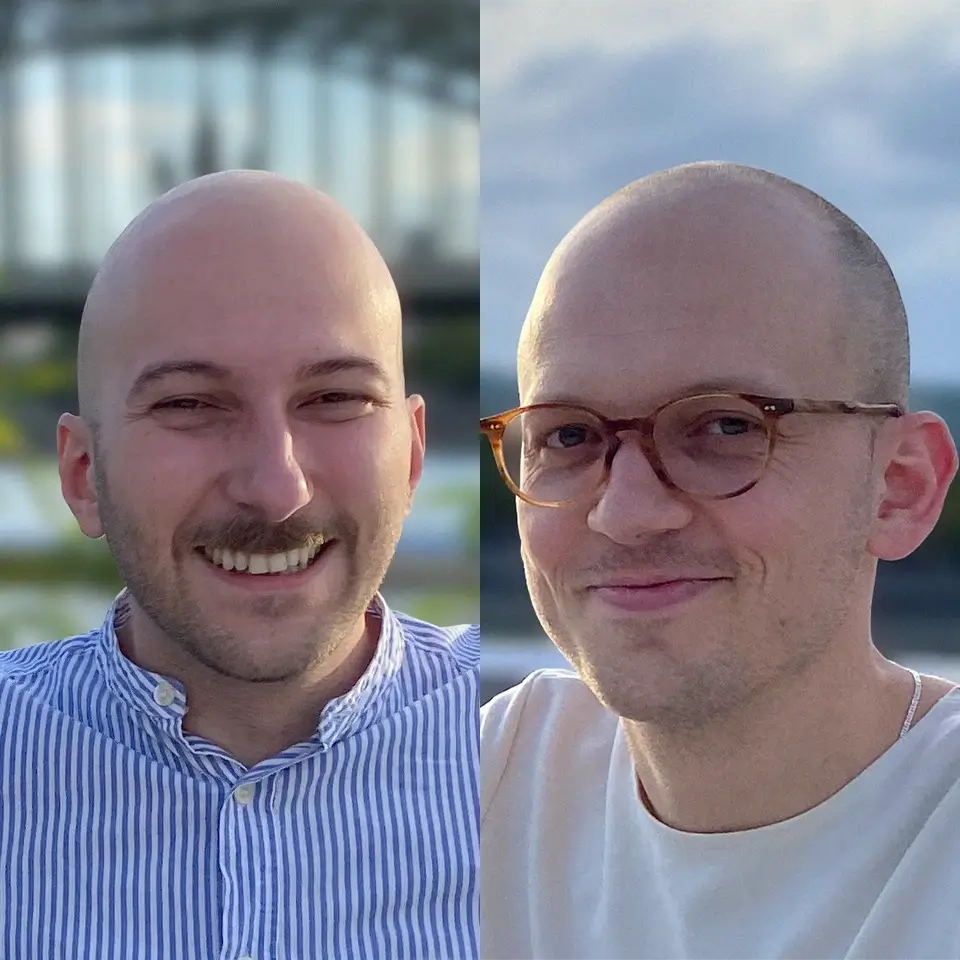
ASIFA Austria Forum – Slow Bros: Making of Harold Halibut, a Handmade Narrative Game
SLOW BROS., the games studio we co-founded, has worked on their debut title Harold Halibut for more than a decade. The game consists entirely of physically made models that are 3D scanned and put together in the Unity engine. The result is a wholly unique stop motion-like visual quality that is deeply immersive through its carefully crafted interactivity. This presentation attempts to cover our bumpy, yet fortunate journey and show our unusual asset and development pipeline and the way we got there through experimentation and iteration.
40 min
Onat Hekimoglu & Ole Tillmann
Onat (DE) is a game maker as well as composer from Cologne, Germany. Driven by curiosity he has been making various award winning interactive projects, ranging from installations over VR experiences to games. 2015 he co-founded the games studio SLOW BROS. and has worked as their director and composer on their recently released debut title […]
https://slow-bros.com/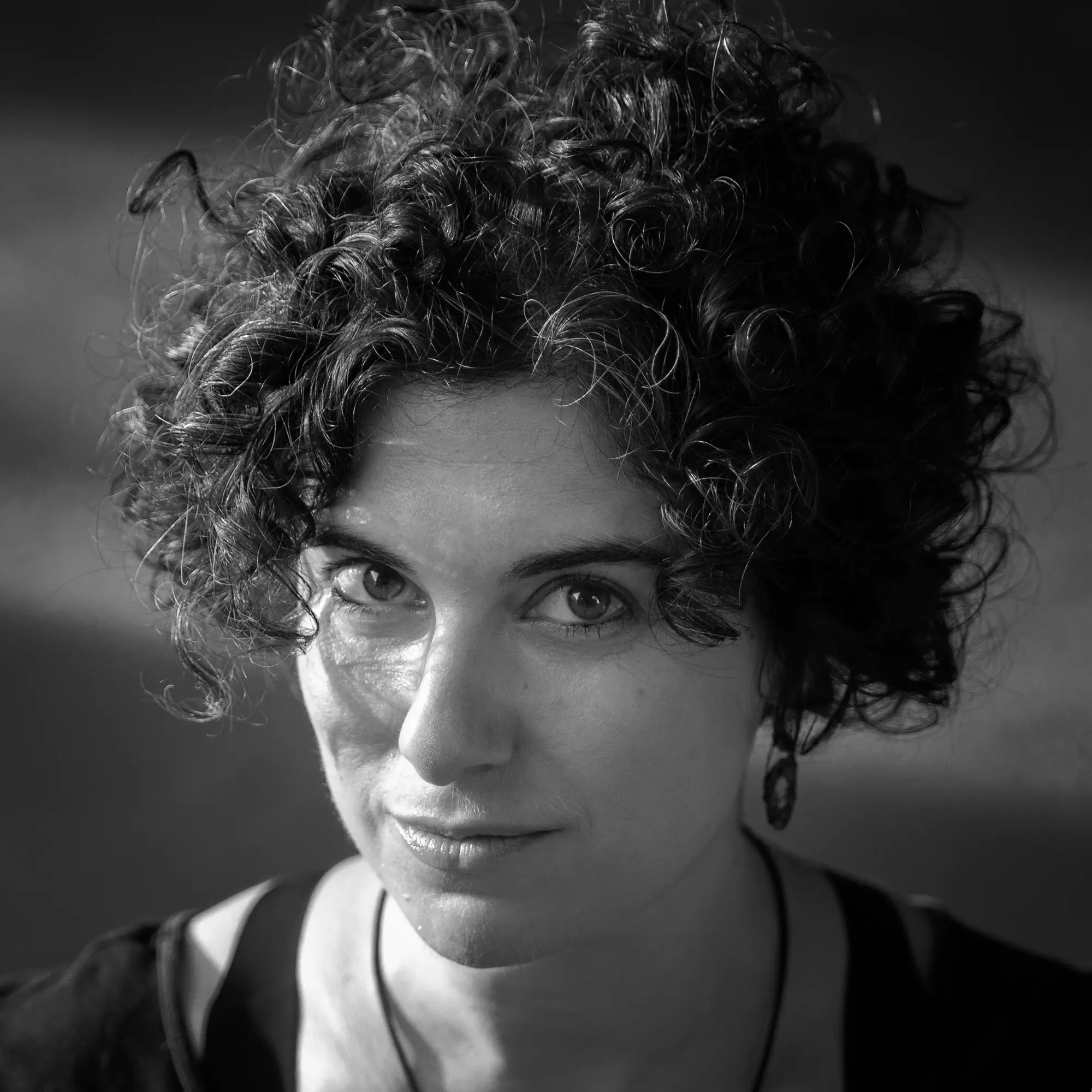
ASIFA Austria Forum – Irina Rubina: Animation and Mathematics: Partners in Crime or How Curves, Numbers, and Formulas Guide My Creative Process
Modeling, character animation, particle simulations and VFX - all these areas of animation are closely linked to physics, programming languages and therefore also to mathematics. This abstract science allows us to capture and describe the world on a very high and detailed complexity and use it to create animated illusions - be it a precise replica of reality or the creation of new worlds based on this reality. But what happens when we move into the abstraction of auteur animation? Do hard, logical numbers and structures still have any place there? Here, intuition, chance and broken rules seem to gain the upper hand. But this impression can be deceptive. In my films, mathematics permeates every level of my work - from the precise, frame-accurate temporal structures to the interwoven animation loops and the design of the auditory levels. In this lecture, I would like to declare an ode to curves, graphs, numbers, geometry and formulas from the perspective of my animation thinking.
40 min
Irina Rubina
Irina Rubina (RU/DE) is an animation director, producer and animator, based in Stuttgart, Germany. With her company iraru.films she produces and realises short films, music videos as well as hybrid & collaborative projects that explore the borderland between animation, film, stage-performances, music and dance. She studied animation and documentary film at the Filmakademie Baden-Württemberg and […]
https://irarufilms.com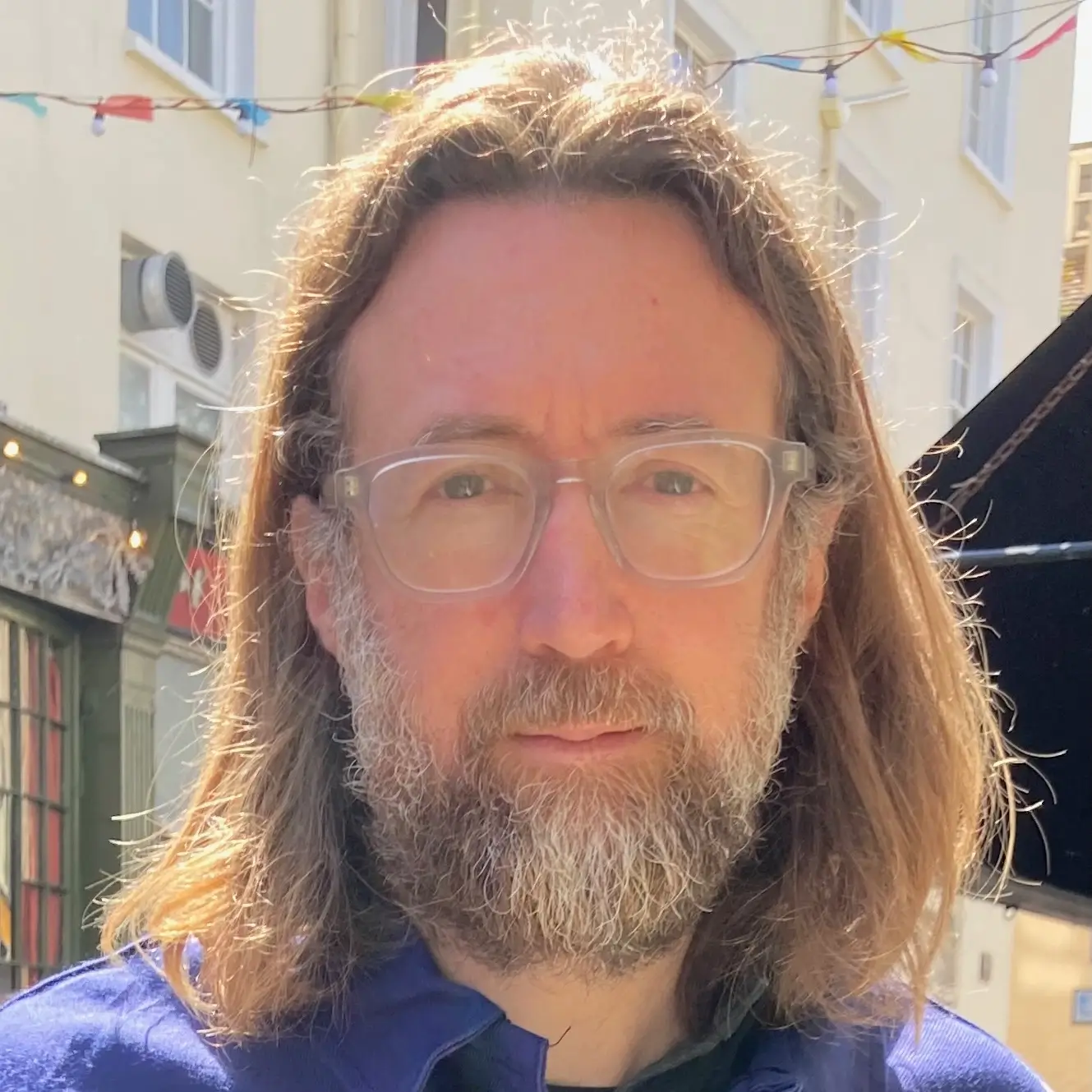
ASIFA Austria Forum – Paul Clarke: Participatory Futuring Through Augmented Reality and Performance
This talk will present Uninvited Guests’ Augmented Reality performance Billennium, a guided tour of possible futures for a city, and Future Places Toolkit, an AR engagement activity for planning consultation and engagement. Through these examples, I will explore how AR and site-specific science-fiction storytelling can support people in imagining and experiencing alternative futures for their places. In Billennium, future architecture appears around participants as 360-degree AR animations, and spatialised audio immerses them in the sound of utopian and dystopian times to come. Using guided conversation, live Virtual Reality sketching and AR on smartphones, Future Places Toolkit (FPT) makes it possible to see plans and people’s ideas for a building project visualised immediately in 3D, overlaid onto the existing place and context a building is proposed for. Drawing on the Perform Europe-funded tour of Billennium to Bilbao, Belgrade and Budapest, as well as engaging communities in Bristol and Birmingham with Future Places Toolkit, this talk will explore whether AR and collaborating on speculative fictions can help ‘people participate more actively as citizen[s]’ in co-creating ‘more socially constructive imaginary futures’ for their public spaces (Dunne and Raby, p.5). Can intermedial methods of participatory futuring enable more representative people to narrate themselves into times to come and see themselves represented in their own preferred scenarios? Does the in situ approach increase a community’s capability to imagine otherwise, to envision alternative imaginaries, and to take agency in shaping their places/futures? Using live VR drawing, AR and spatial audio, Uninvited Guests materialise virtual possibilities for neighbourhoods and enable participants to explore them physically, in an embodied way. This presentation will address whether such technology-enabled, immersive approaches make possible futures for places more tangible and support people to explore their emotional and affective relationships towards them.
40 min
Paul Clarke
Dr Paul Clarke (UK) is an artist and Associate Professor of Performance and Creative Technologies at University of Bristol, where he is co-director of the Centre for Creative Technologies. He established Bristol’s MA Immersive Arts (Virtual and Augmented Realities) and is a partner on Immersive Arts, a UK-wide project supporting artists to explore the creative […]
https://www.uninvited-guests.net14:00
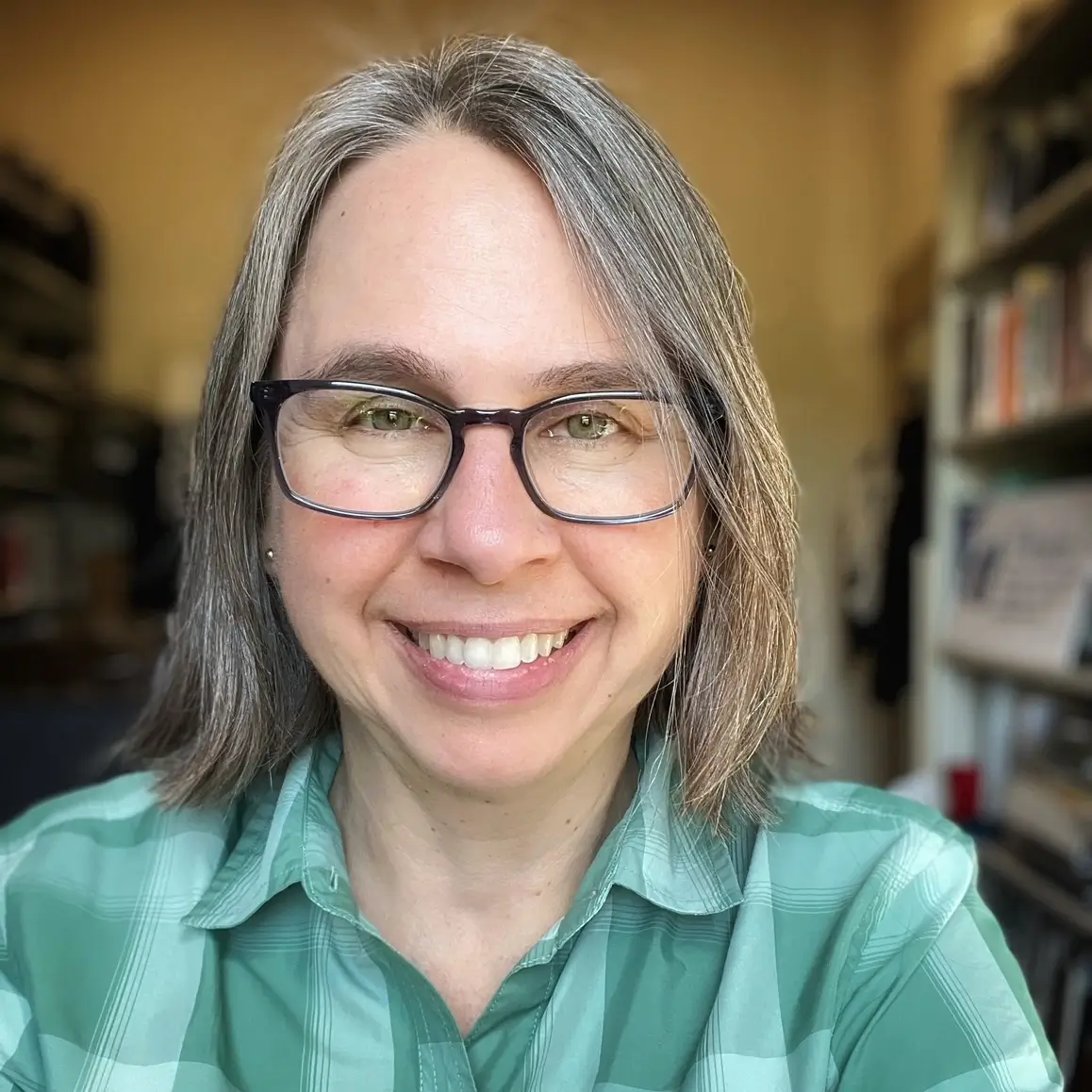
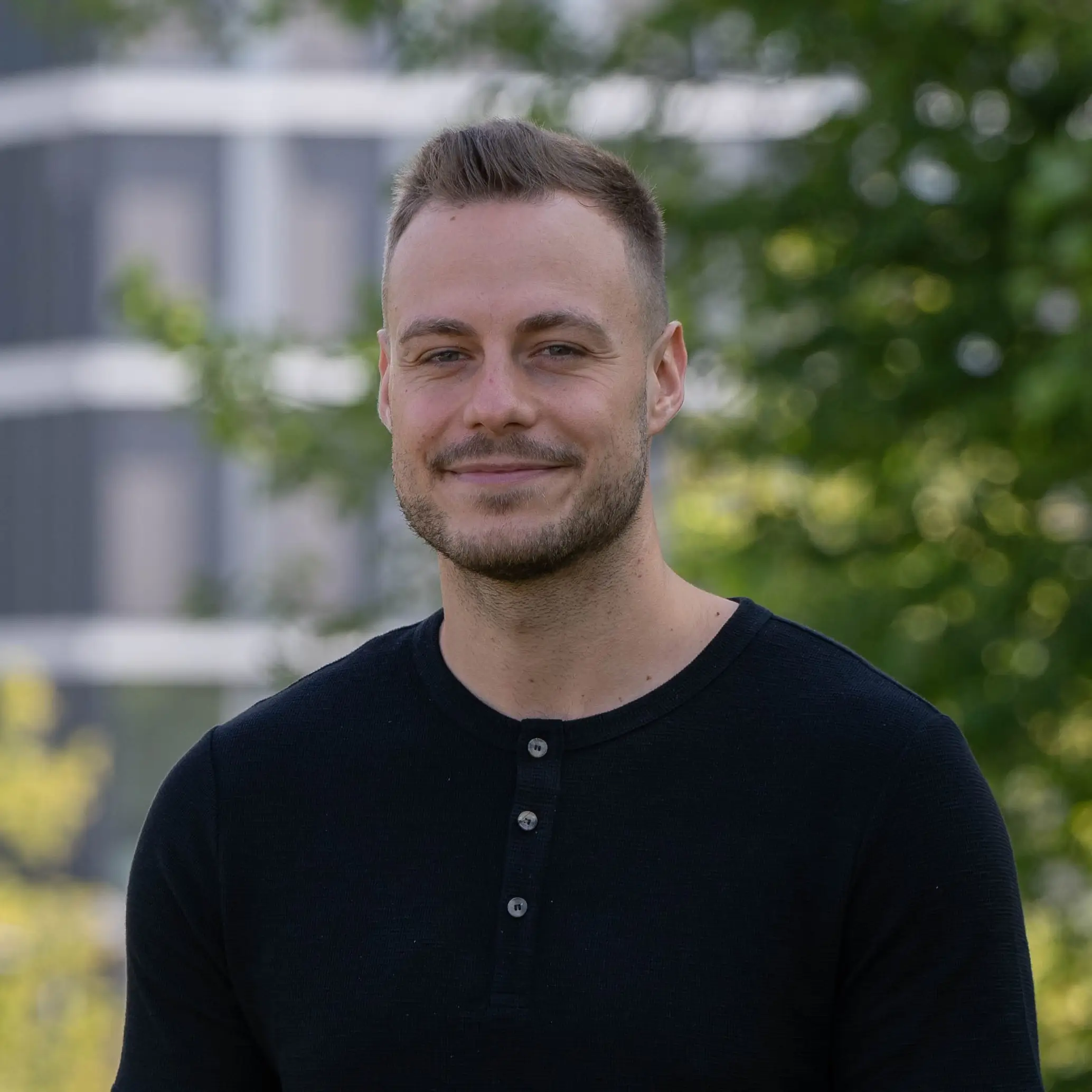
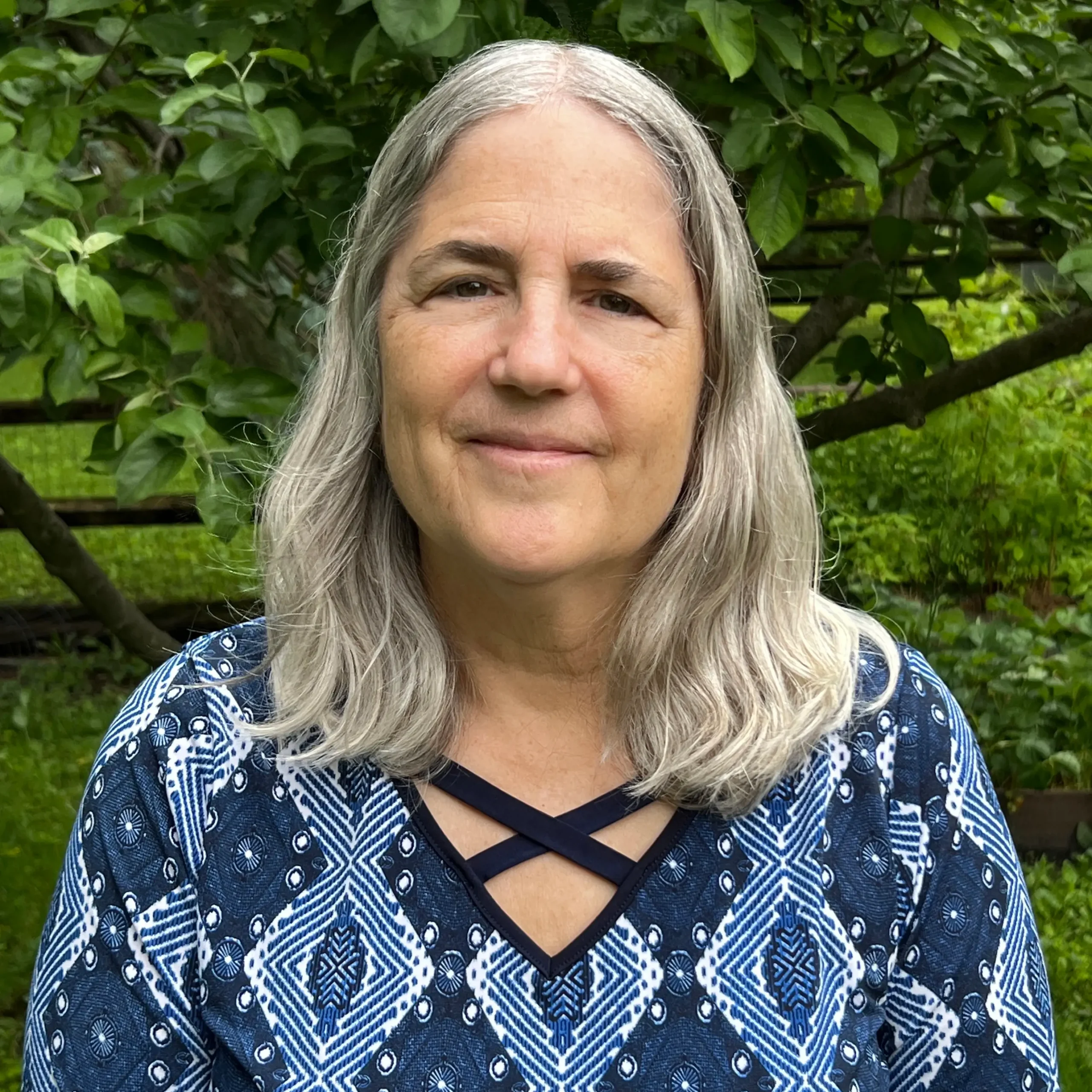
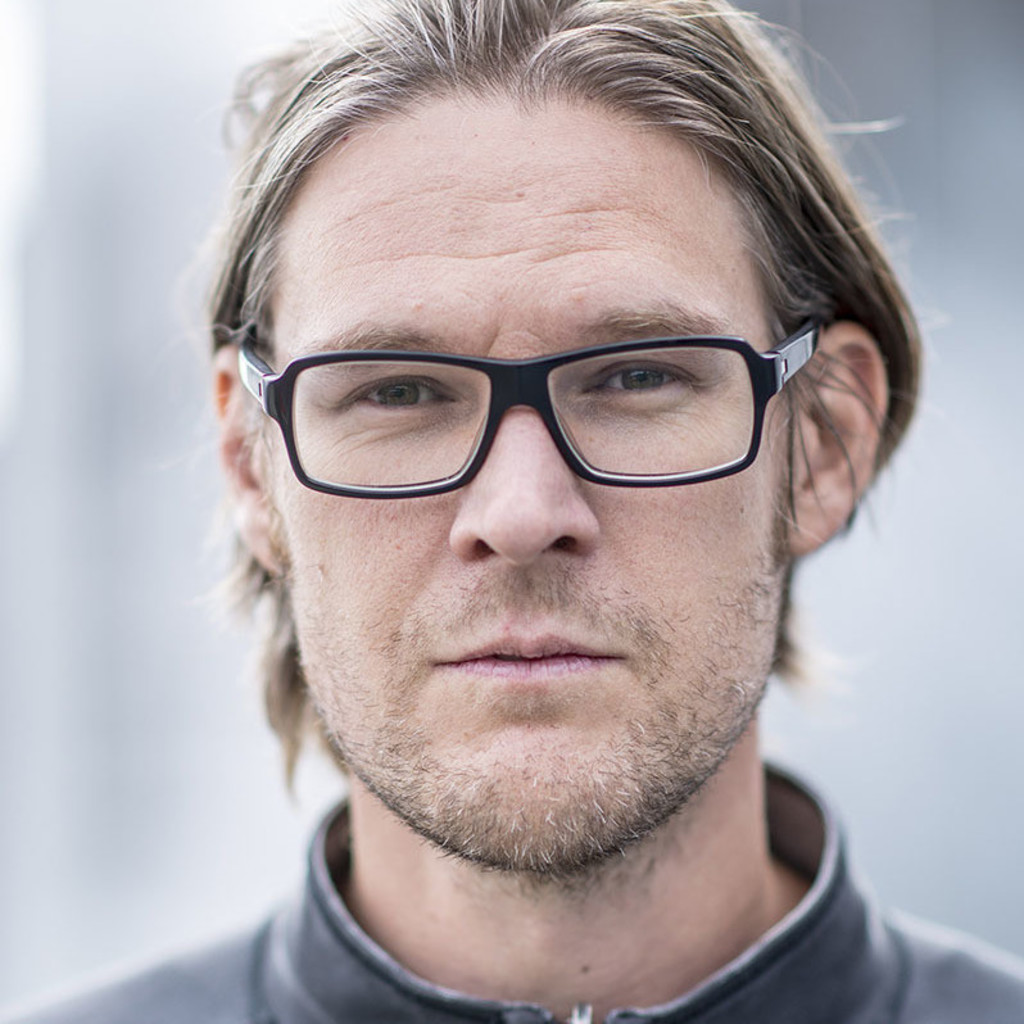
Welcome: Expanded 2024
The twelfth edition of the Expanded Animation Symposium, organized by the Hagenberg Campus of the University of Applied Sciences Upper Austria and Ars Electronica, will take place from September 5th to 7th as part of the Ars Electronica Festival 2024.
15 min
Victoria Szabo
Victoria Szabo (US) is a Research Professor of Art, Art History & Visual Studies and Gender, Sexuality, and Feminist Studies at Duke University, where she also directs the PhD Program in Computational Media, Arts & Cultures and the Certificate Program in Information Science + Studies. Her published research, teaching, and creative practice focus on archives-driven […]
Martin Kocur
Martin (AT) is professor of Interactive Experiences at University of Applied Sciences Upper Austria Campus Hagenberg in Austria. His research focuses on the design and creation of virtual avatars and digital humans in the context of VR, HCI, and games. Specifically, he investigates how the visual appearance of avatars can be utilized to improve the […]
Bonnie Mitchell
Bonnie Mitchell (US) is a new media artist and Professor at Bowling Green State University in Digital Arts, in Ohio, USA. Mitchell’s artworks explore spatial and experiential relationships to our physical, social, cultural, and psychological environment through animation, interaction, and immersion. Her current creative practice focuses on the development of physically immersive, animated environments that […]
https://www.bgsu.edu/arts-and-sciences/school-of-art/faculty-staff/bonnie-mitchell.htmlJuergen Hagler
Juergen Hagler (AT) studied art education, experimental visual design, and cultural studies at the University for Art and Design in Linz, Austria. He currently works as a professor of Computer Animation and Animation Studies in the Digital Media department at the Hagenberg Campus of the University of Applied Sciences Upper Austria. Since 2014 he a […]
https://research.fh-ooe.at/de/staff/215
Art Research Paper Session #1 – Interactive Experiences
Art Research Paper Session #1 consists of four presentations.
1h 30min
Martin Kocur
Martin (AT) is professor of Interactive Experiences at University of Applied Sciences Upper Austria Campus Hagenberg in Austria. His research focuses on the design and creation of virtual avatars and digital humans in the context of VR, HCI, and games. Specifically, he investigates how the visual appearance of avatars can be utilized to improve the […]
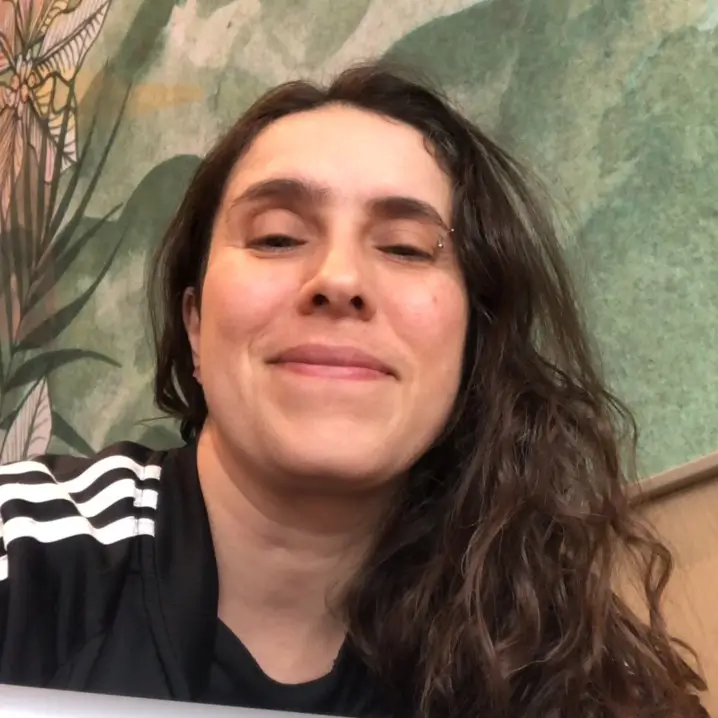
Clarissa Ribeiro: Metachanges Painting: On Datamancy and Performative Data-Visualization
While living in a city with 10 million people a century ago seemed inconceivable, by 2018, 33 urban areas met the definition of a ‘megacity.’ Utilizing weather data from the Open Weather Map for 30 megacities listed by the World Economic Forum, the installation 'Metachanges Painting' (2024) plays with the materialization of meta-forms — the idea that one image can generate a cluster of meanings. 'Metachanges' in the concept of metadata refers to detectable 'changes of changes.' Inviting the audience to become performatively aware of global temperature differences, 'Metachanges Painting' contributes to climate awareness. By touching the screen to draw shapes that change color with live weather data, simultaneously triggering sound as weather data sonification, the work engages viewers in 'datamancy' — actively creating meaning from available information, akin to reading the palm of one's hand. Moreover, by exploring the art object as 'behaviorable in its history, futurible in its structure, trigger in its effect' (Roy Ascott, 1968), this paper discusses how meta-forms resulting from generative processes entangled with audience participatory actions can engage in 'performative data-visualization.’ The work explores Technoetic Arts aesthetics by revisiting Ascott’s 'Change Paintings' series from 1963 to 1967, and the discussion aligns with Ascott's concepts of 'Behaviorables and Futurables,' exploring how 'prefiguration' (information embedded in raw data) delineates futuribles."
20 min
Clarissa Ribeiro
Dr. Clarissa Ribeiro (BR) is the Program Director of the Roy Ascott Studio’s Technoetic Arts (TA) advanced degree program in Shanghai, China, a senior lecturer and researcher at the Program as the recipient of the ‘Pete Townshend Endowed Senior Lectureship in Performative Technoetics’ (2022-2024), serving as a member of the Editorial Board of the *Technoetic […]
https://www.clarissaribeiro.com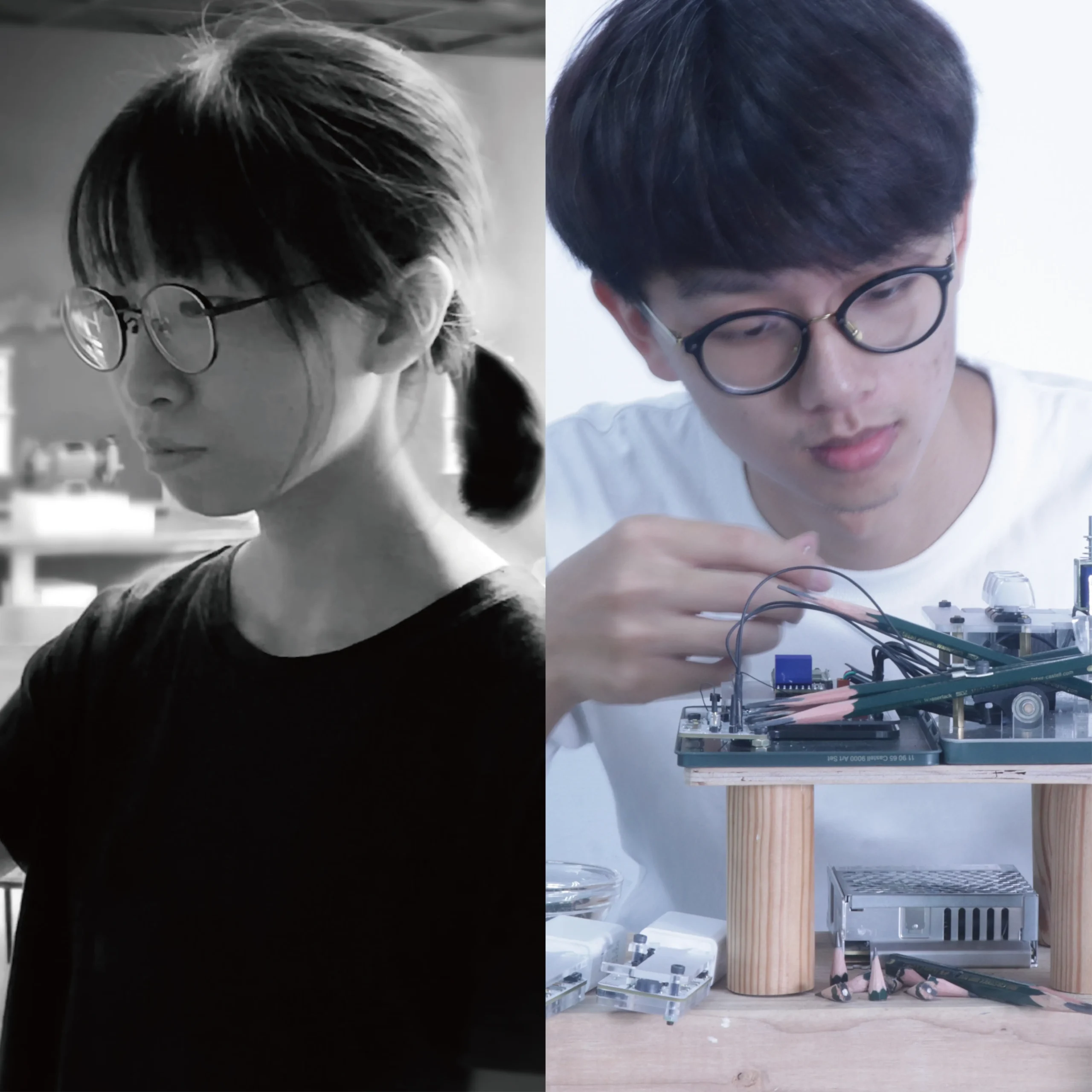
Chi-Hung Huang & Chun-Huang Lin: Time Organ: Precision, Imperceptibility, and Synchronization of Quantified Time
From the earliest mechanical water clocks, humans have divided time into calculable units through tools, continuously seeking the most precise frequencies in nature to measure time more accurately. Advancements in technology have led to the emergence of the concept of “attosecond,” a unit of time down to seventeen decimal places. However, even with such minute divisions, this increasingly precise measurement of time has become disconnected from human’s most direct bodily experiences, letting the relationship between time and bodily sensation insensible. “Time Organ” project investigates this “insensible” of human sensory time. Through virtual reality, heart rate sensing, and custom-built water-dripping mechanical devices, it creates multi-sensory experiential situations. Based on scientifically quantified time and bodily frequencies, the project generates sensory experiences from asynchronous to synchronous, encompassing visual, auditory, and tactile sensations. Inspired by the concept of extending organs, the project aims to create a tool for perceiving the passage of bodily time. By using human’s innate synchronicity and sensory extensions, it seeks to rediscover the perception of bodily time, thereby realigning human’s temporal sensations with their bodily frequencies.
20 min
Chi-Hung Huang & Chun-Huang Lin
Chi-Hung HUANG(TW) and Chun-Huang LIN(TW) are currently the postgraduate students in Graduate Institute of Art and Technology at National Tsing Hua University in Taiwan. They have received the National Art Exhibition First Prize Awards(2024), Excellence Award in the Nanying Award(2022), the 17th KT Art and Technology Awards(2022), Hualien Art Awards(2022) and Excellence Award from Spring-Tsing […]
https://huangwork.com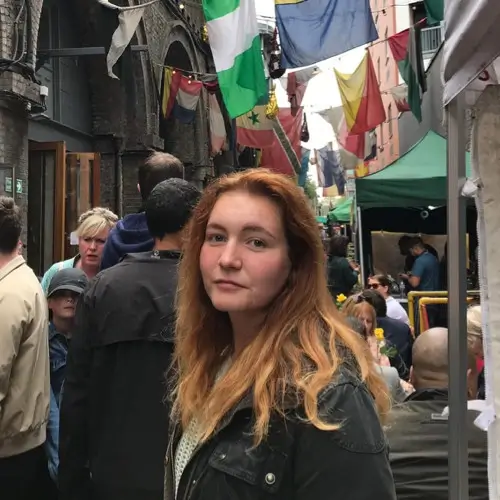
Hana Pokojná: Make Some Energy: Tangible and Interactive Chemical Reactions
We created an alternative way of presenting chemical reactions through tangible, interactive, and movable models. The adenosine triphosphate (ATP) synthesis, often represented by written formulas, is problematic for high school students due to its complexity and abstract nature. We used real protein data to prototype a 3D-printed ATP synthase molecule adapted to move (e.g., a spinning motor). We then collected feedback from biomedical visualisation experts to improve our second prototype. Afterward, we created a tangible interactive electron transport chain and observed people interacting with it at a public outreach event. A combination of art, science, and technology allows the users to go beyond observing and explaining complex chemistry through tactile exploration, visuals, and minimal text at scientific museums and introductory classes in biochemistry.
20 min
Hana Pokojná
Hana (SK/CZ) is doing her PhD in Visitlab (Masaryk University, CZ), which focuses on effectively communicating scientific concepts through alternative visualisations. This involves investigating designs of molecular and anatomical visualisations that take many forms, such as illustrations, animations, 3D physical models, and comics. These are the results of collaborations with various groups of people, for […]
https://www.hanasciart.com/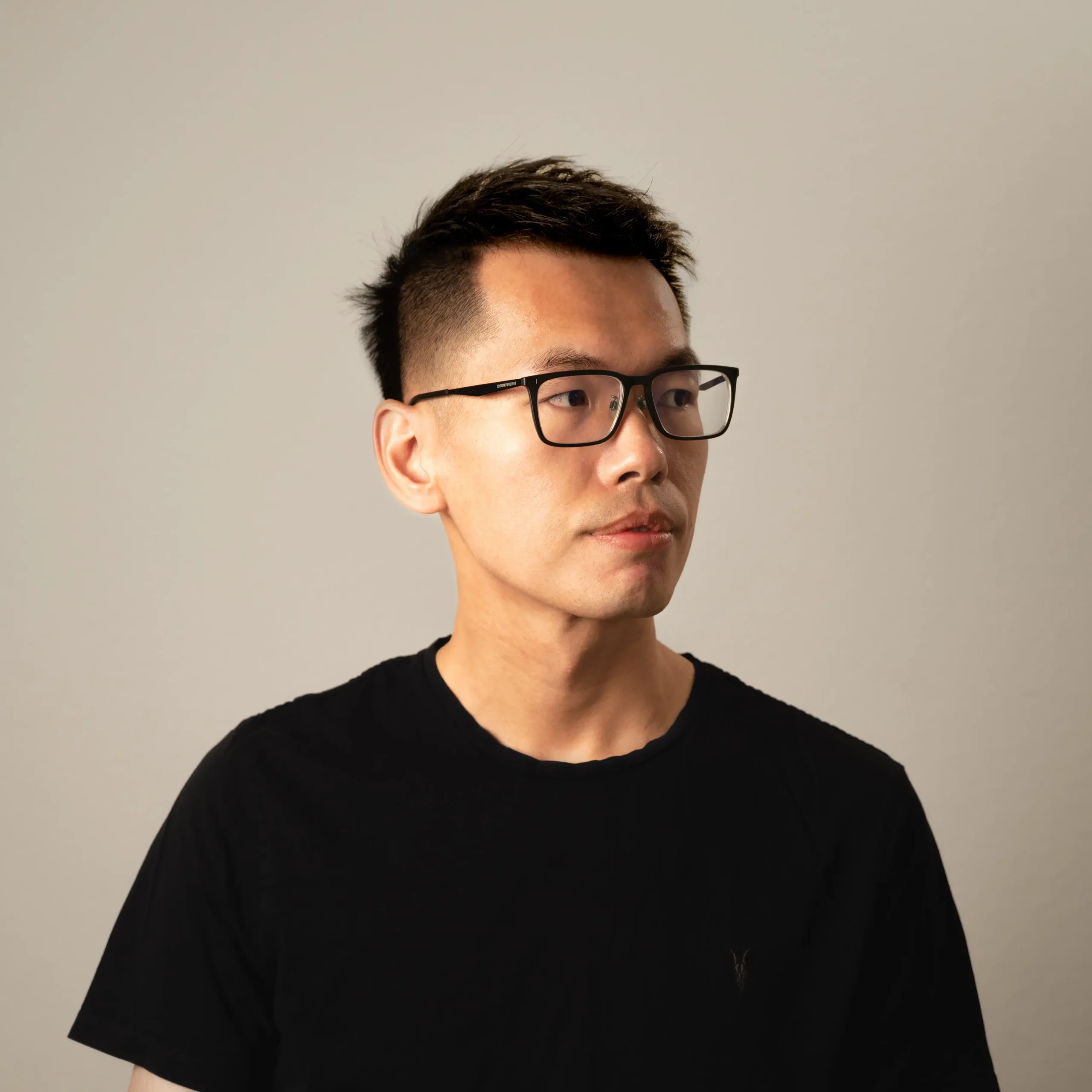
Weihao Qiu: Fencing Hallucination: Increasing Artistic Control in Interactive Media Arts by Merging AI Models with Hand-coded Programs
The rise of diffusion models in AI image synthesis revolutionized computational image generation, challenging the traditional no- tion of photographic objectivity. This advancement posed a dual challenge for media artists: to harness AI’s potential while pre- serving artistic uniqueness. In Fencing Hallucination, we explored integrating AI models into a traditional hand-coded computation pipeline, introducing real-time interactivity to AI image synthe- sis and increasing the artistic control of the AI-generated images. The research culminated in an interactive installation exhibited at various venues, attracting over 800 audience visits. The system gen- erated authentic chronophotographs from diverse human-AI inter- actions while maintaining consistent aesthetic control. This project exemplifies the potential of combining AI models and hand-coded programs, which pave the way to better human-AI co-creative systems.
20 min
Weihao Qiu
Weihao (US) is an interdisciplinary artist and researcher with a dual background in image production and digital computation. His early work focused on exploring the Internet of Things during his undergraduate studies in computer science, where he investigated how the boundaries between the physical and virtual worlds can be transcended. This exploration led him to […]
https://www.q-wh.comArt Paper Session #1 – Extended Reality
Art Paper Session #1 consists of five presentations.
1h 30min
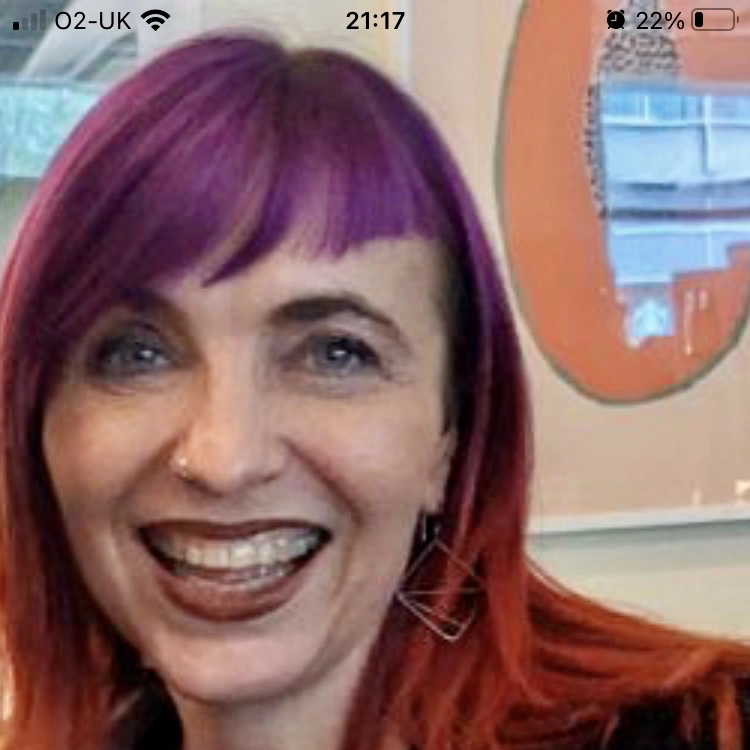
Camille C Baker: Audience Onboarding and Offboarding for Emotional VR Storytelling
Most immersive VR/XR experiences in public spaces and online, expect that audiences need only to put on a headset and start their excellent experience. However, it is now evident that many audiences are still unfamiliar with VR/XR. And even when they have tried VR, they still require experience guiding on how to move and interact within the experience, often called "onboarding" as well as "offboarding" to help them reintegrate back to reality, especially if the content of the experience is extremely emotional and affecting. Many VR/XR artists and designers are now becoming aware of their responsibility to create a better "onboarding" audience experience for their immersive journeys, develop more accessible interactions with the medium, providing effective methods of guiding visitors from the real to the virtual and back (offboarding). This talk provides insights from her own VR/haptic installation artworks INTER/her and Mammary Mountain over the last few years in working with audiences and how to care for first time VR audience members when encountering XR works.
15 min
Camille C Baker
Camille (CA/UK) is an interdisciplinary digital artist, curator and researcher in Immersive Experiences, Interactive Art, XR design, interactive art, participatory performance, e-textiles, emerging technologies, and digital art curating – across creative disciplines – now primarily focussed on XR artworks on women’s healthcare stories, to validate patients’ experiences and create empathy in others. Her work is […]
https://camillebaker.me/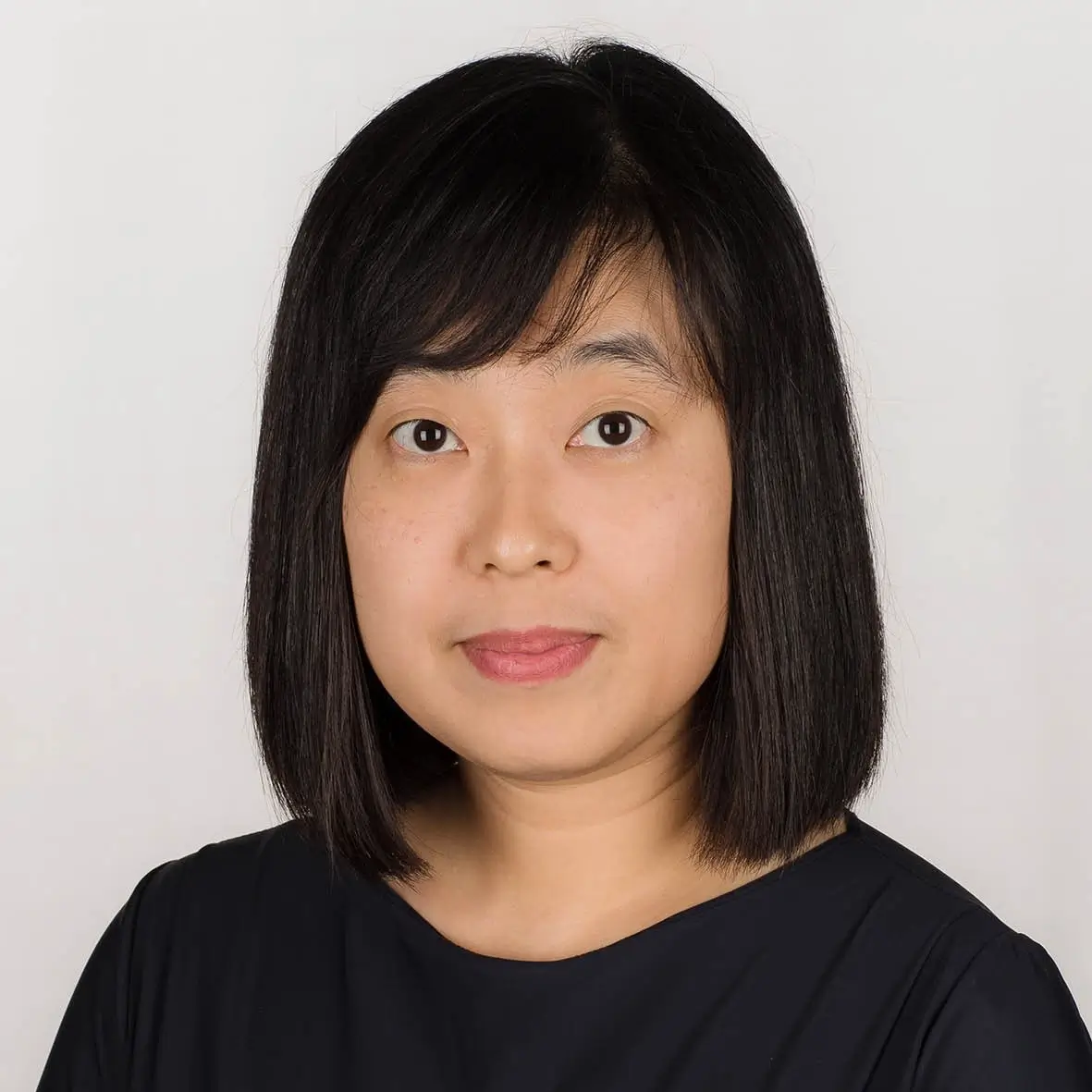
Jinsil Hwaryoung Seo: Mosaic Immersion: Stacked Realities Merging Physical and Virtual Experiences
Mosaic Immersion is a mixed-reality installation that reimagines the ancient practice of cairn stacking for the digital age. Within the augmented reality space, participants create and interact with virtual rocks featuring their unique hand movement scans, each embodying personal narratives. Inspired by the cultural significance of trail cairns as symbols of guidance and connection, the installation transforms rock stacking into a communal, contemplative virtual experience. Participants contribute to or observe a growing virtual cairn, exploring themes of resilience and human connection. This immersive journey blurs the boundaries between physical and virtual worlds, inviting reflection on shared experiences and collective memory in our increasingly digital world.
15 min
Jinsil Hwaryoung Seo
Dr. Jinsil Hwaryoung Seo (KR/US) is an interactive artist, designer, and researcher who explores the integration of technology, education, and health within the artistic sphere. She is an associate professor in the College of Performance, Visualization, & Fine Arts and serves as the director of the Institute for Applied Creativity at Texas A&M University. Dr. […]
https://softinteraction.com/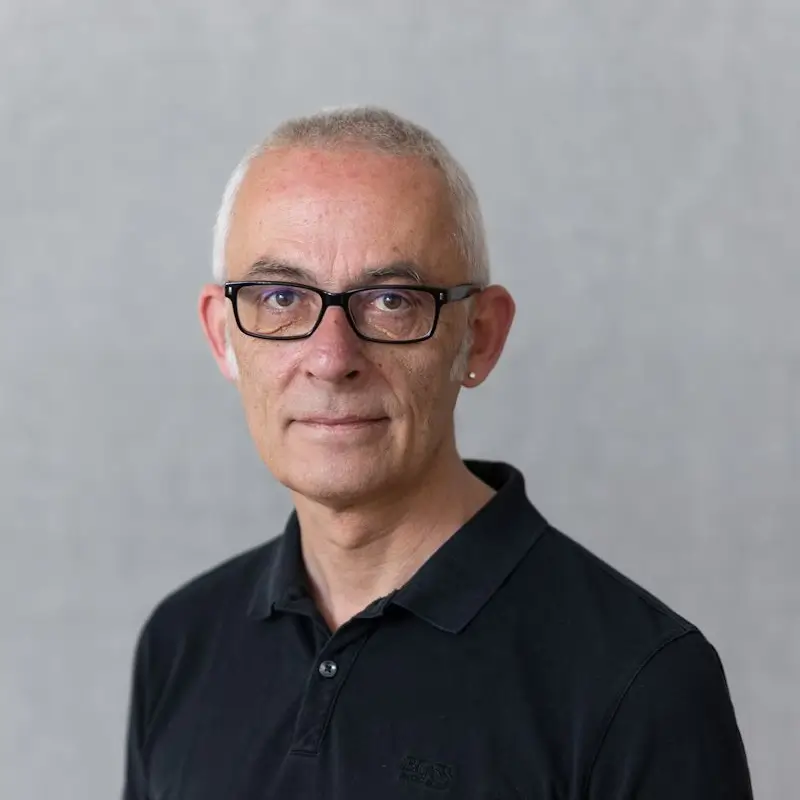
Vrääth Öhner: The Cage of Time
"The Cage of Time" presents a distinctive fusion of physical and virtual elements, merging the tangible presence of a kinetic object-instrument with the immersive experience of VR (Virtual Reality) glasses. Through this hybrid approach, viewers are invited to explore the illusion of passing time in virtual space. As part of the ongoing artistic research project VRinMotion, "The Cage of Time'' stands as a testament to the innovative possibilities of combining traditional kinetic, instrumental and animating mediums with immersive technology. Collaborating closely with the media and time-based artist Anna Vasof, the VRinMotion team pushes the boundaries of animation by bringing physical objects to life through stop-motion animation within the virtual realm. By blurring the boundaries between the physical and digital worlds, "The Cage of Time" not only offers a captivating experience but also prompts reflection on the nature of perception, reality, and the passage of time itself. Through this interactive installation, viewers are encouraged to contemplate the sound and the fluidity of existence and the interconnectedness of the tangible and the intangible.
15 min
Vrääth Öhner
Vrääth Öhner (AT) is a film, media and cultural scientist and research associate at the Ludwig Boltzmann Institute for Digital History and the Institute for Creative\Media/Technologies at St. Pölten University of Applied Sciences. His main research interests are: Theory, aesthetics and history, in particular of documentary and amateur film, media and popular culture.
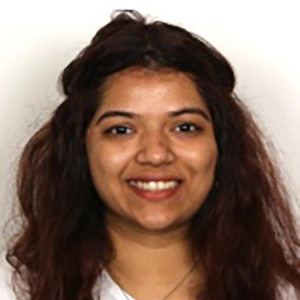
Vinaya Tawde: Using Mobile Augmented Reality for Making Gameplay Immersive and Engaging
This paper presents a work-in-progress project detailing a Mobile Augmented Reality (MAR) game that blends the digital and physical worlds, making gameplay immersive and engaging. Navigating real-world spaces requires players to make quick decisions based on their environment, fostering quick thinking and adaptability. This heightened realism can make the gameplay more thrilling and impactful. With the rise of video games as a popular form of entertainment and the unique learning opportunities presented by augmented reality, this convergence warrants thorough investigation. We present Fury of the Red Black Tree (FoRBT), a custom-designed mobile augmented-reality game that enhances engagement and immersion by integrating real-world interaction. FoRBT focuses on two aspects of gameplay: 1) using the immediate environment for contextual integration, enhancing situational awareness and adaptability, and 2) continuous movement, enhancing hand-eye coordination and reflexes, and preventing the monotony that can occur in passive games. Future work will focus on refining the software, enhancing the game's spatial user experience, and conducting user testing.
15 min
Vinaya Tawde
Vinaya (IN/CZ) is pursuing her PhD at Masaryk University, focusing on designing digital interventions for mental health and prevention using mobile augmented reality (MAR) games. Before this, she worked as a user experience designer and researcher in India and New Zealand, exploring different technologies to support children and adults with their mental health. Her research […]
https://www.vinayatawde.com/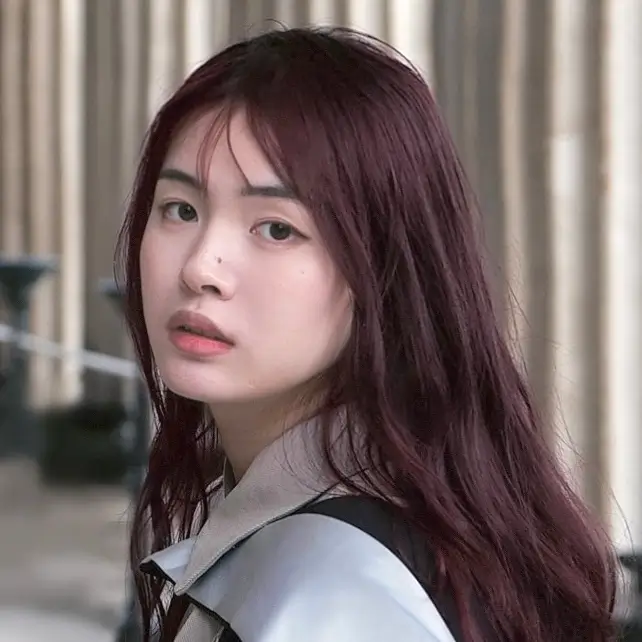
Xiruo Wang: Constructing Virtual Narrative Environments: A Surrealist Exploration of 17th-Century European Oriental Fantasies
This article aims to construct interactive narratives in virtual reality that incorporate multiple art forms and explore various contexts. The theoretical analysis of surreal aesthetics is conducted through literature review and historical research to recreate 17th-century European fascination with the distant and mysterious Orient in a virtual environment. The paper describes the process of constructing a virtual reality space, including context-specific worldviews, interaction mechanisms, and artistic elements. Following a technical evaluation of the initial interactive prototype, the project proposes a virtual reality game, aiming to provide an immersive interactive experience that enhances sensory engagement through physical device control.
15 min
Xiruo Wang
Xiruo Wang (CN) graduated from University College London (UCL) with a major in Interactive Design, earned master’s degree in architecture and is holding dual Bachelor’s degrees in Game Design and Psychology from Shanghai University and East China Normal University. She is currently employed as a level artist at NetEase Games, with extensive experience in 3D […]
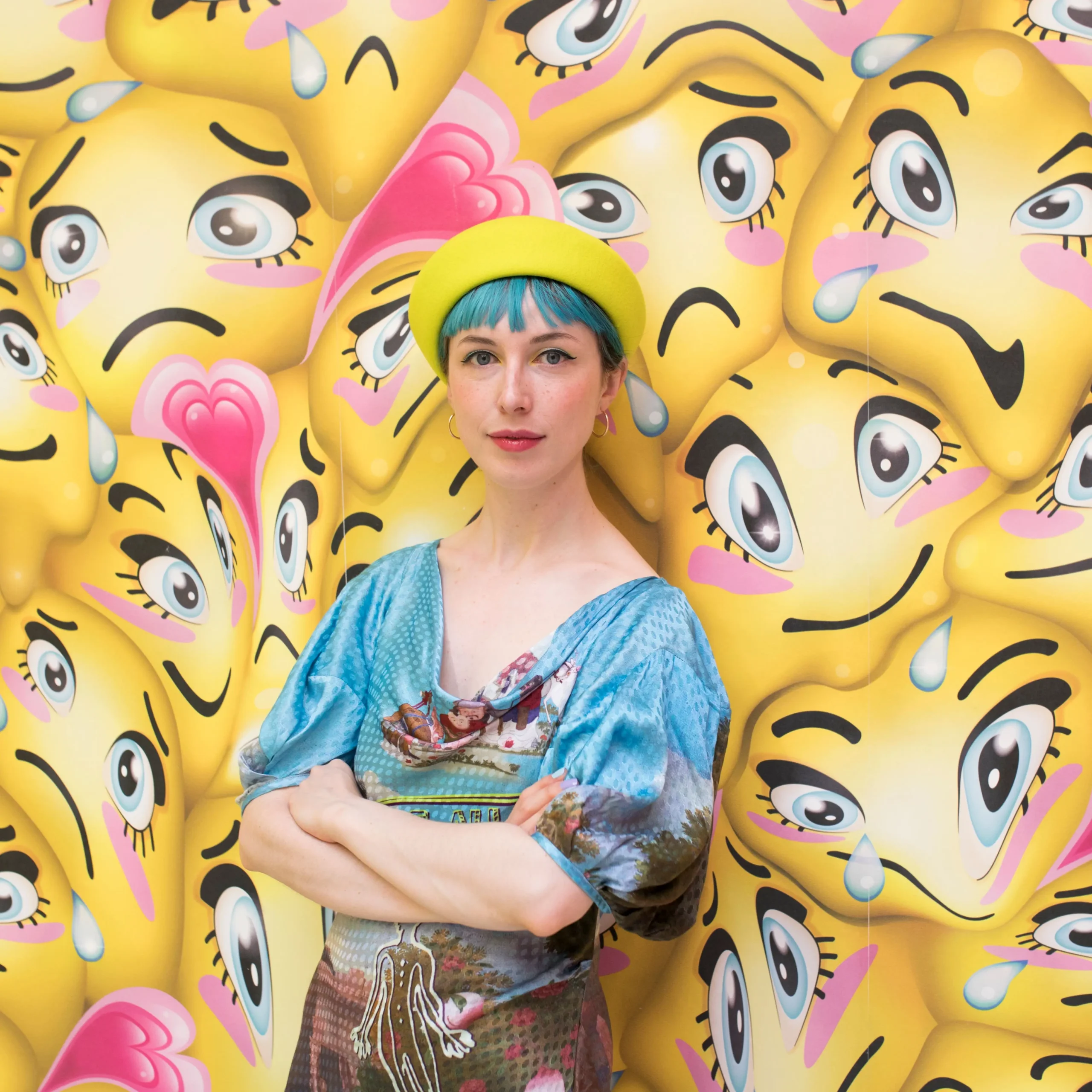
Artist Position – Rachel Maclean: If it looks like a duck
Maclean will discuss her latest short film DUCK, a surreal and darkly comic spy thriller starring Sean Connery, which was made using deepfake technology. She will talk about the making of the film as well as the themes it raises related to the slipperiness of identity and the veracity of images in the age of AI.
40 min
Rachel Maclean
Rachel Maclean (UK) is an established artist based in Glasgow whose films have shown widely in galleries, museums, film festivals, and on television. She has screened work at numerous festivals in the UK and internationally, such as Rotterdam International, Fantasia and BFI London Film Festival. She has received significant acclaim with solo shows at Tate […]
https://www.rachelmaclean.com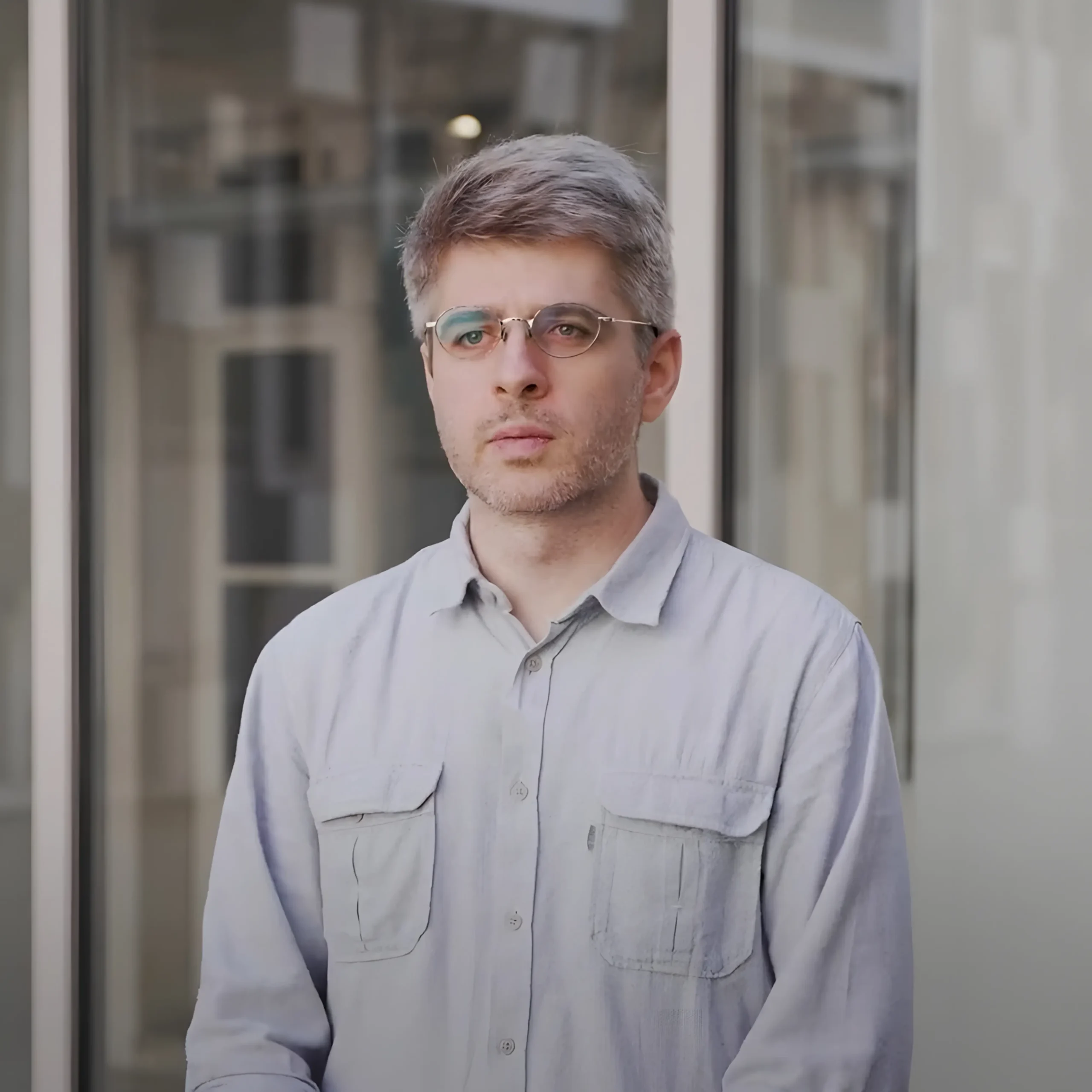
Artist Position – Nicolas Gourault: Investigation and simulation, a documentary approach to new media
Through a discussion of some of my previous films, I will introduce the investigative and documentary approach that I employ during the research phase for my projects, along with the aesthetic and technological strategies that I choose for the production of the visuals.
40 min
Nicolas Gourault
Nicolas Gourault (FR) is an artist and filmmaker based in Paris (FR) with a background in visual arts and visual studies. He has worked with Forensic Architecture before graduating from Le Fresnoy, Studio national des arts. His work is imbued with this double training, navigating between online open-source investigations and the critical use of new […]
https://nicolasgourault.fr/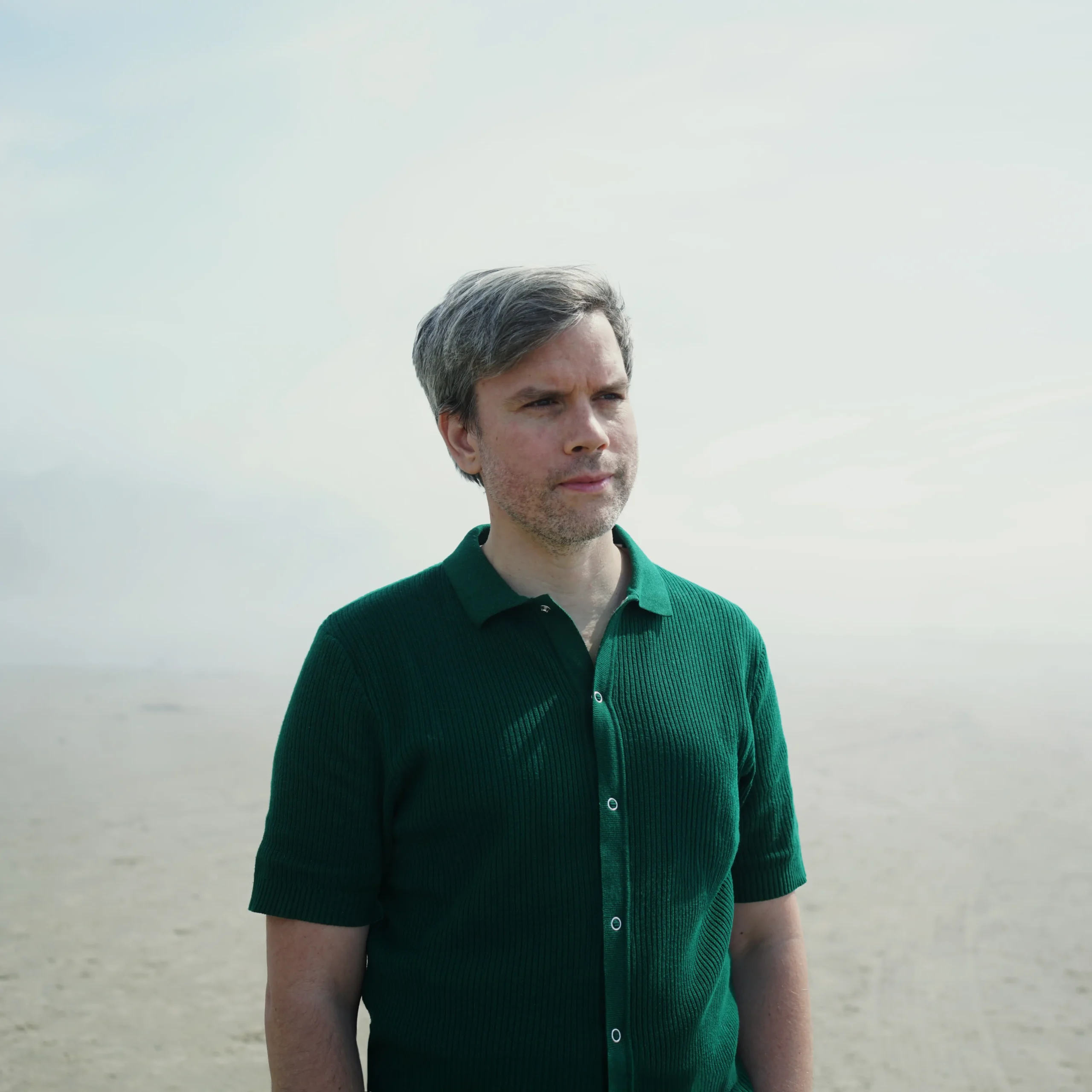
Artist Position – Paul Trillo: The Sparks: Igniting AI for Artistic Creation
The idea would closely revolve around "Unfiltered Creativity" - How AI frees your mind to go to new places but how constraints are still necessary. It would focus on how I've used my own live action material and my sensibilities as a filmmaker and artist to retain my vision while using AI. I would show examples of my various work.
40 min
Paul Trillo
Paul Trillo (US) is a director and video artist who challenges both his own curiosity and illusion with his visually inventive, conceptual, and technical films. His diverse body of work spans various genres and formats, infusing meaning and purpose into his experimental uses of technology and technique. Whether he’s creating in-camera practical illusions, building the […]
https://paultrillo.com/Art Research Paper Session #2 – AI & Speculative Futures
Art Research Paper Session #2 consists of four presentations.
1h 30min
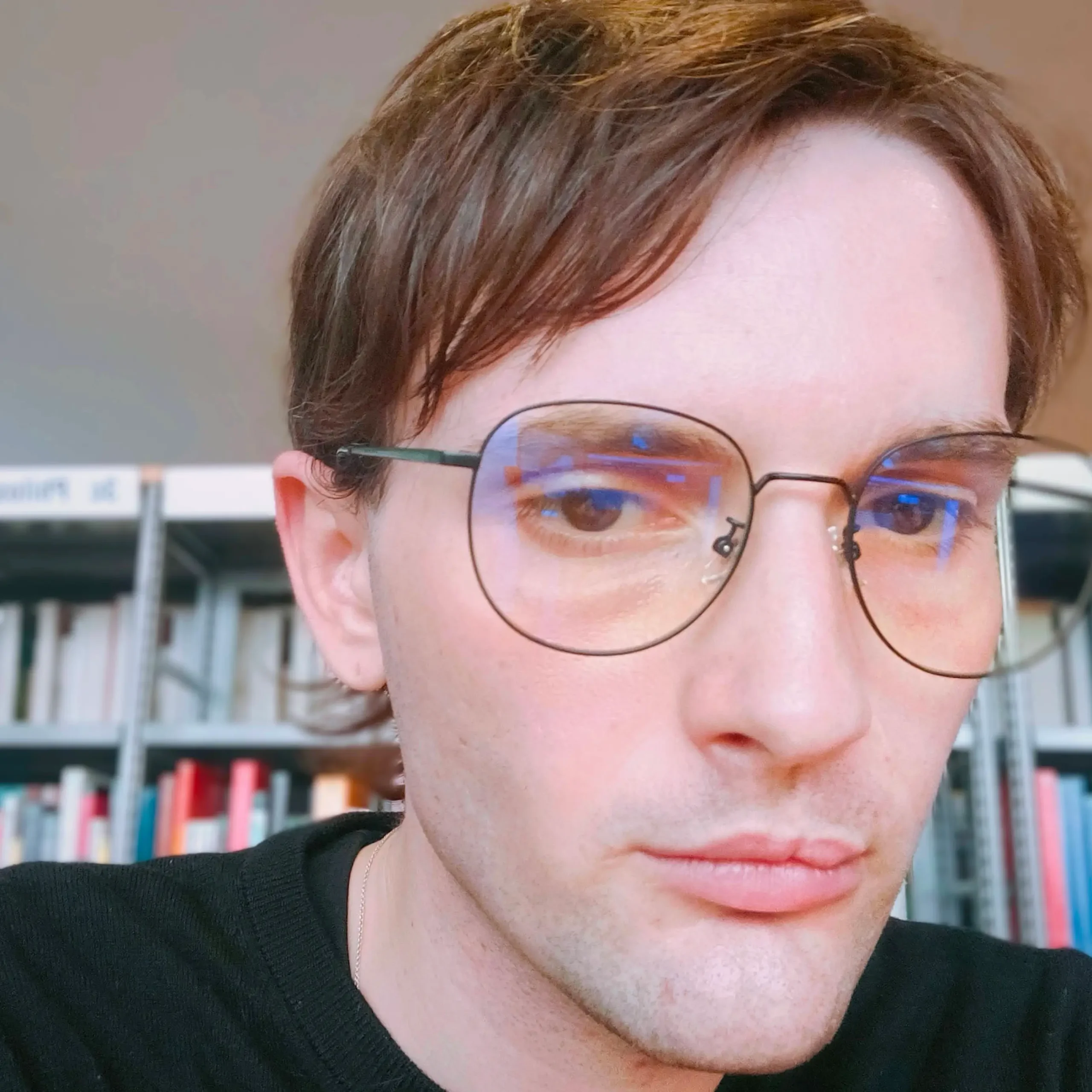
Luca Cacini: Bahar Noorizadeh’s Weird Economies: On Post-Media Speculative Politics
This talk examines the role of speculation as a tactical strategy in the context of post-media artivism, with a specific focus on the work of artist Bahar Noorizadeh and her piece "Teslaism: Economics at the End of the End of the Future." Traditional forms of activism and artistic expression are evolving in a time of exponential technological advancement and media omnipresence. Post-media artivism represents a paradigm shift, incorporating new media, digital platforms, and speculative narratives to engage with socio-political issues. The concept of speculation is situated within the broader discourse of tactical media, which emphasises the subversive and interventionist potential of media practices. This theoretical framework serves as a lens through which to analyse Noorizadeh's artistic practice and her engagement with speculative strategies. Central to the analysis is an exploration of how "Teslaism" encapsulates the ethos of post-media artivism through its use of speculative economies (see “Weird Economy”) and technological imaginaries. Her work offers a nuanced critique of techno-capitalism and its reverberations across society. By employing speculative fiction and visual storytelling, "Teslaism" not only envisions alternative futures but also exposes the power dynamics inherent in contemporary technological discourses.
20 min
Luca Cacini
Luca Cacini (IT/AT) is an interdisciplinary artist and researcher in new media. His work investigates the intersections of queer ecology and techno-capitalism. Through mixed media installations and research projects, he explores how the mode of production and desire shape our stance towards culture, art, and technology. L.C. has been featured, among others, in transmediale, Ars […]
https://caciniluca.com/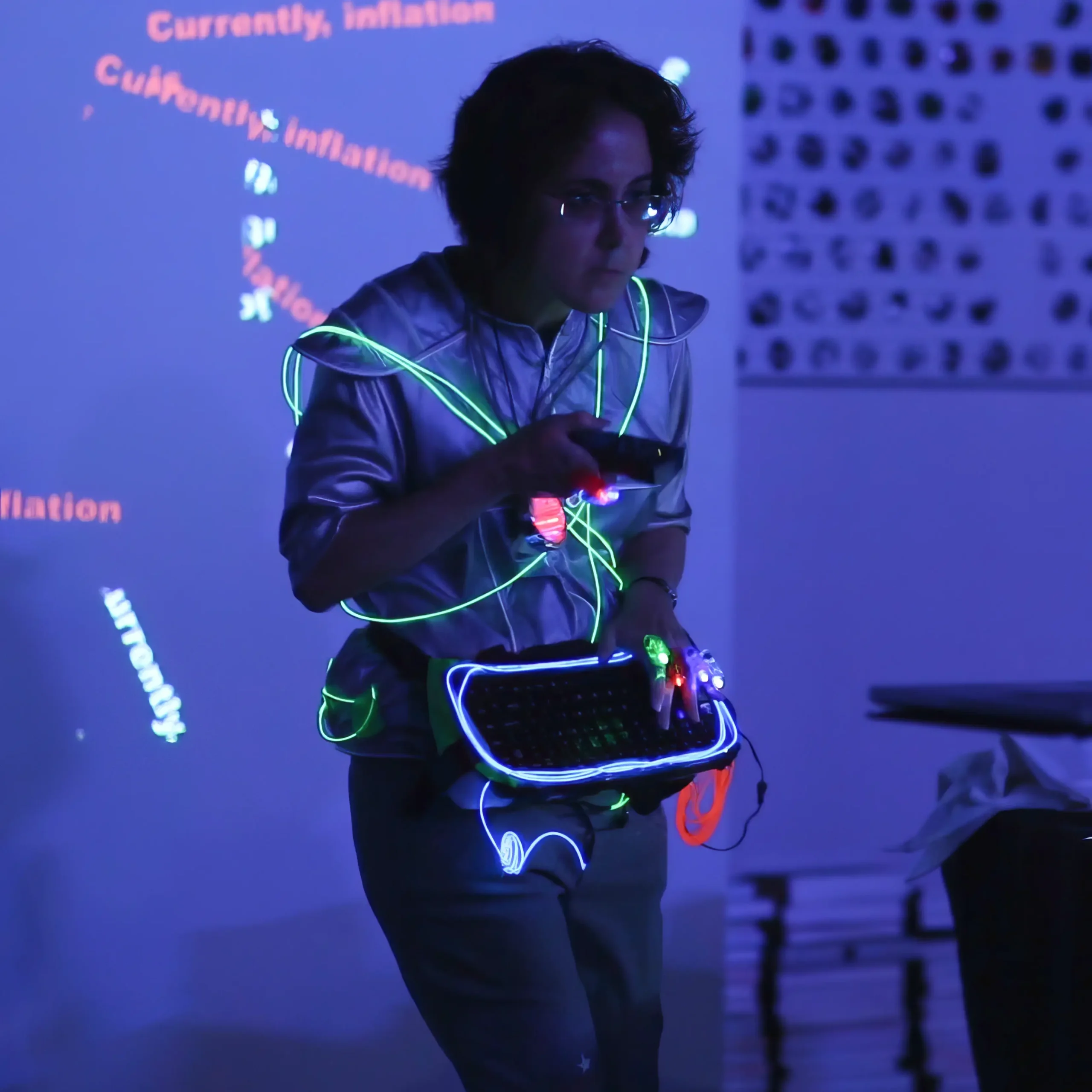
Amy Alexander: Deep Hysteria: Toward a Constructive Approach to Algorithmic Bias
Deep Hysteria is a still image series that repurposes algorithmic bias in the service of unraveling a deep human bias. Artworks are generated using deep learning algorithms trained on still frames of thousands of YouTubers speaking to the camera. Generated individuals are then algorithmically gender-adjusted and the variations fed to Amazon Rekognition, a commercial deep learning based facial analysis algorithm that attempts to classify faces according to the subject’s gender, age, and emotional appearance. Despite the marketing of such tools, reading emotions solely by analyzing a person’s face is a feat that neither humans nor “AI’s” can reliably do. Further, these deep learning algorithms are themselves trained on data categorized by humans — so they reflect human biases. The side-by-side images in Deep Hysteria compare Rekognition’s interpretation of similar expressions on more masculine and more feminine versions of the same face. The comparisons interrogate how humans perceive emotion differently, and often in alignment with stereotypes, when observing people of differing genders. In this talk, Amy Alexander will discuss historical and contemporary social perceptions of female “hysteria” and the ways such subtle social biases embed themselves in deep learning systems. She’ll discuss how recent research on race and gender bias in objective facial analysis classification systems informs current research on bias in subjective systems like emotion classifiers. She’ll discuss the process behind the Deep Hysteria project, proposing it as a way in to approaches by which art and research can redeploy algorithmic bias in the service of helping us better recognize deeply embedded human biases.
20 min
Amy Alexander
Amy Alexander (US) creates computational artwork which spans installation, performance, and online media. With background in film, music, and expanded cinema, she was one of the early artists working in the development of generative net art beginning in the mid-1990s. In addition to her work under her own name, she has developed tactical media projects […]
https://amy-alexander.com/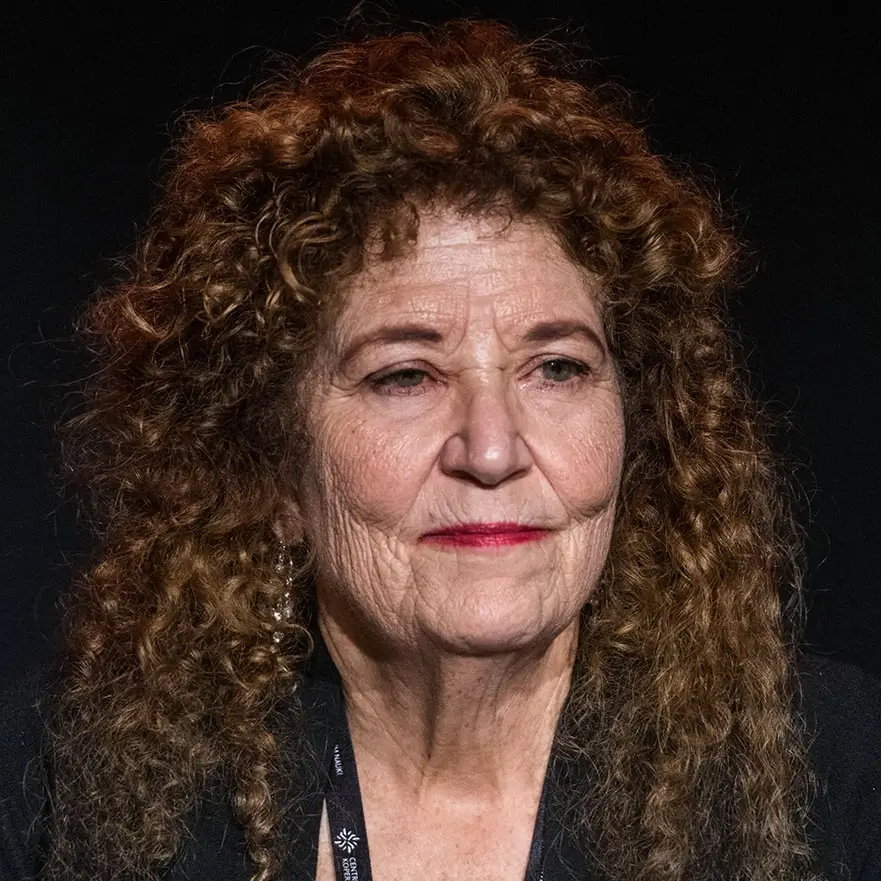
Dr. Ellen Pearlman: Language Is Leaving Me: Epigenetic memory in multilingual visual and verbal AI
In 2021 Open AI released CLIP and VQGAN, neural network architectures for still and nascent moving text-to-image models. The response was overwhelming though in the rush to implementation issues surrounding data sources, algorithmic parameters and prompt engineering were deemphasized. Language Is Leaving Me – An AI Cinematic Opera Of The Skin, a mixed realty performance installations focuses on AI, algorithmic rendering, sound, and biometrics through the lens of epigenetic, or inherited traumatic memories of cultures of diaspora. Examining multi-lingual multi-visual renderings of prompt engineering combined with Stable Diffusion image-to- image comparisons it reveals inherent structural flaws and biases highlighting challenges for emerging visual taxonomy’s representation of non-quantifiable human experiences across cross-cultural dimensions.
20 min
Dr. Ellen Pearlman
Ellen Pearlman (US) is a New York based media artist, curator, writer and critic. She is a Visiting Research Professor at the New York University Tandon School of Engineering and a New Works Artist Grantee at Harvestworks in New York City a Senior Research Assistant Professor at RISEBA University in Riga, Latvia and a Contributing […]
https://epmexico.wixsite.com/ellenpearlman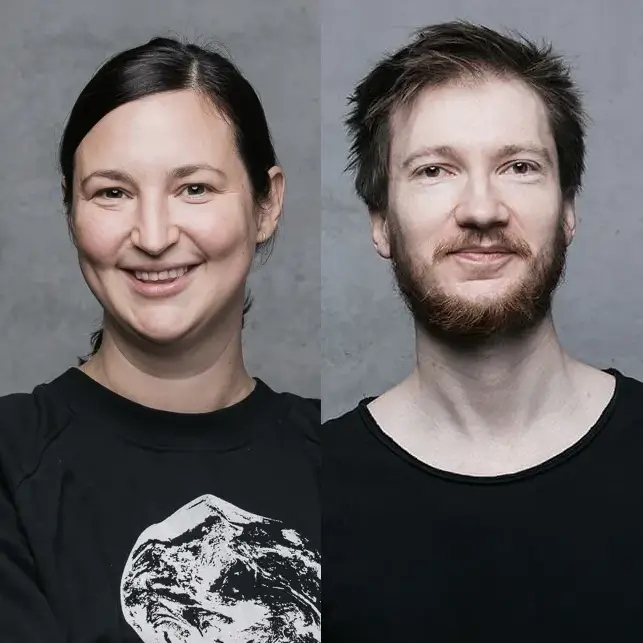
Maria Pfeifer & Peter Holzkorn: 23nm: Case study of Data Art Research as a model for practice in Data Art & Science
As machine learning systems are rapidly changing our world, the role of data science as a discipline is elevated. However, existing approaches in science communication and data visualization are not sufficient to address the complexity of such systems and the profoundly changing relationship between humankind and data. We introduce the “Data Art & Science” (DAS) project in which the role of art as an integral part in the discourse about data is inves- tigated through a series of commissioned art projects and close monitoring of their creation process and impact. For this paper, we propose a Data Art Research model and use it to discuss one of these art projects, 23nm. We aim to show the value in creating a system to reason about DAS and position the latter as a new way of approaching data-reliant projects in academia and industry to increase the quality of public knowledge and discourse.
20 min
Maria Pfeifer & Peter Holzkorn
Maria Pfeifer (AT) is Key Researcher for Future Narratives, where she investigates the question, how stories about the futures can change the here and now. Other thematic interests lie in Art Thinking, art-inspired innovation, Data Art and Science and the collaboration between art and science. She studied art, comparative literature and cultural studies in Vienna […]
https://ars.electronica.art/futurelab/en/research-future-narratives/Art Paper Session #2 – Creative AI
Art Paper Session #2 consists of five presentations.
1h 30min
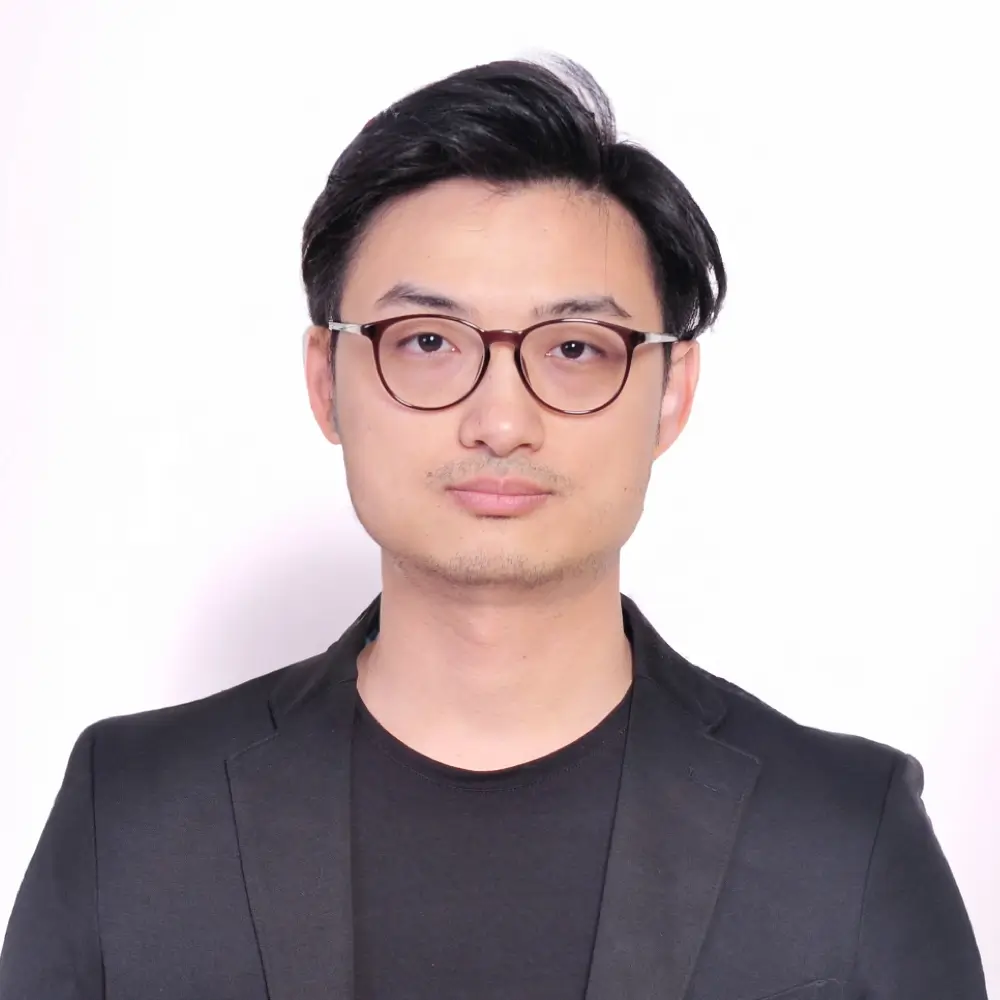
Scottie Chih-Chieh Huang: Biomimicry Aesthetics: Exploring Reactive Systems in Generative Art
"Sensitive Floral" is an innovative interactive artwork that delves into the intersection of art, biomimicry, and computational systems. This generative piece emulates the reactive behavior of Mimosa pudica, commonly known as the "sensitive plant," using a sophisticated blend of fractal tree structures and Cellular Automata (CA). The work synthesizes these elements to mirror the adaptive and responsive characteristics of natural systems, offering a visual and experiential exploration of nature’s inherent complexity. In "Sensitive Floral," user interactions trigger a cascade of movement within a digital ecosystem, where thousands of virtual leaves respond to stimuli much like their botanical counterpart. This dynamic system not only replicates the mechanical response of Mimosa pudica but also extends its expressive potential into the realm of generative art. The artwork’s algorithmic foundation organizes coding rules and geometric relationships to generate forms that evolve in real-time, offering an immersive experience that bridges the gap between human-computer interaction and digital aesthetics. This presentation will discuss the development of "Sensitive Floral," focusing on its computational framework, the role of biomimetic design in generating organic visual experiences, and the broader implications for kinetic art and adaptive systems. Attendees will gain insights into how complex biological behaviors can inspire new modes of artistic expression, pushing the boundaries of interactive and generative art in contemporary digital practices.
15 min
Scottie Chih-Chieh Huang
Scottie Chih-Chieh Huang (TW) is an Associate Professor of Art, Architecture, and Design at the Center for General Education and the Interdisciplinary Program of Technology and Art at National Tsing Hua University (NTHU), Taiwan. As the leader of the BioLogicDesign (BLD) Lab, he explores biologically-inspired computing to create novel aesthetics in generative graphic art and […]
https://chihchiehhuang.com/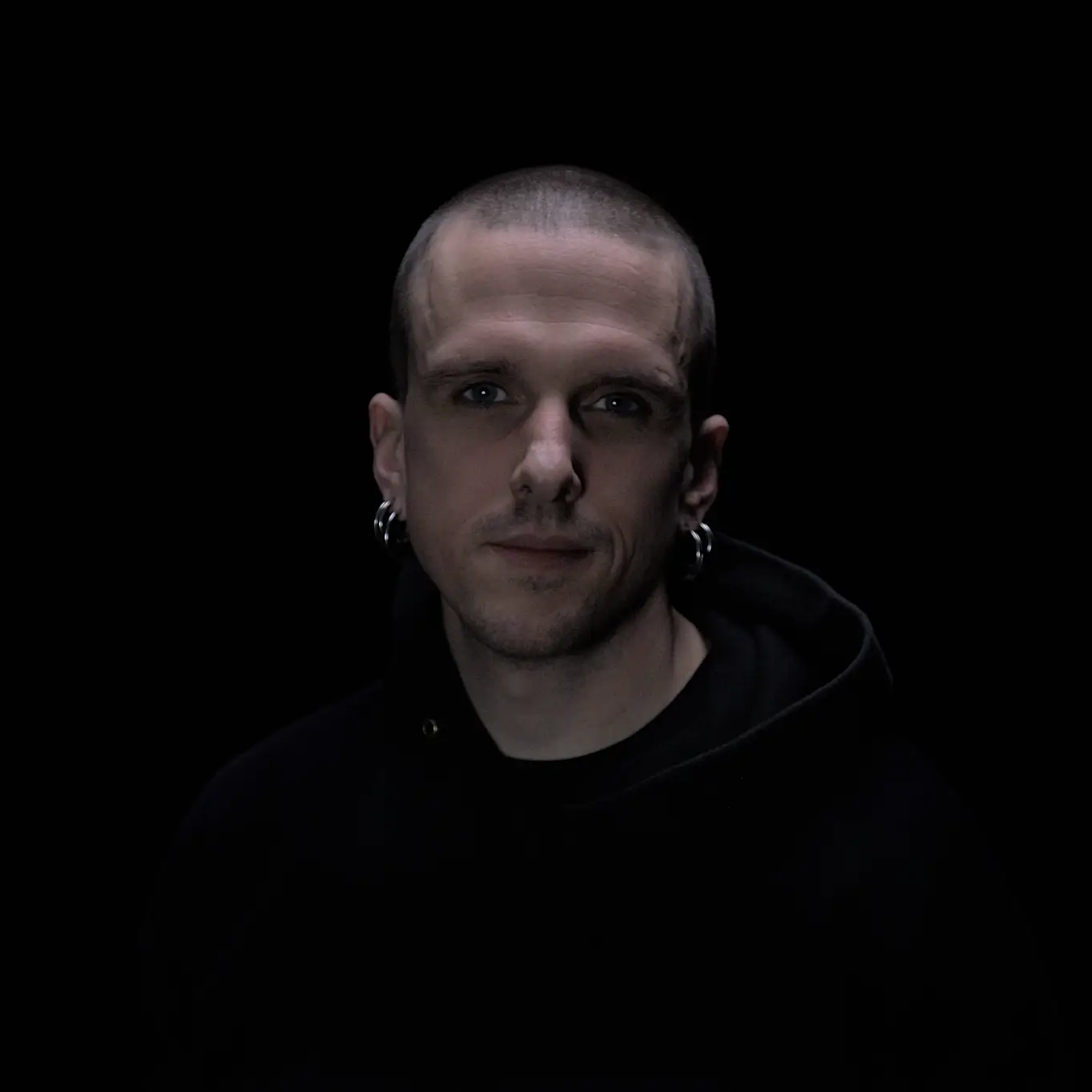
Michael Wallinger: ITERATIVE BODY SYNTHESIS: Investigating Algorithmic Agency in Social Media Body Representations
This talk will introduces ITERATIVE BODY SYNTHESIS, a media installation that acts as both a research infrastructure for an experimental online investigation and a neural backend and monitoring interface for a virtual identity on Instagram. The project aims to investigate the impact of algorithmic decision-making on body representations in social media, exploring how these platforms may shape and distort forms of representation and perception such as body aesthetics, choreography, iconography, and authenticity. Social media platforms like Instagram treat their users as black boxes, analysing their affects based on continuously sampled visual media. By reversing this practice and identifying algorithmic "affects" towards specific body characteristics, we cast a virtual hyper-embodiment of Instagram's affective economies and notions of integrity. To this end, we have developed a prototype of a self-operating software architecture based on principles of black box testing, machine learning, and synthetic data. With this, ITERATIVE BODY SYNTHESIS explores technological possibilities for developing a digital infrastructure that empowers citizens to collectively monitor algorithmic systems that moderate, filter, and verify our media realities. This work in progress presentation will move through the different trials, challenges and (preliminary) results of the project, elaborate on areas for further research and provide an overview of the project's ongoing and future developments.
15 min
Michael Wallinger
Michael Wallinger (AT) is a media artist. Their practice strives to fathom the performative, communicative and symbolic dimensionalities of data-driven technologies. Besides the co-founding and ongoing association with Format(*.strk), a network of collaborators from arts and science working on interdisciplinary productions and formats in the realms of media, art and technology, a variety of projects […]
https://www.michaelwallinger.net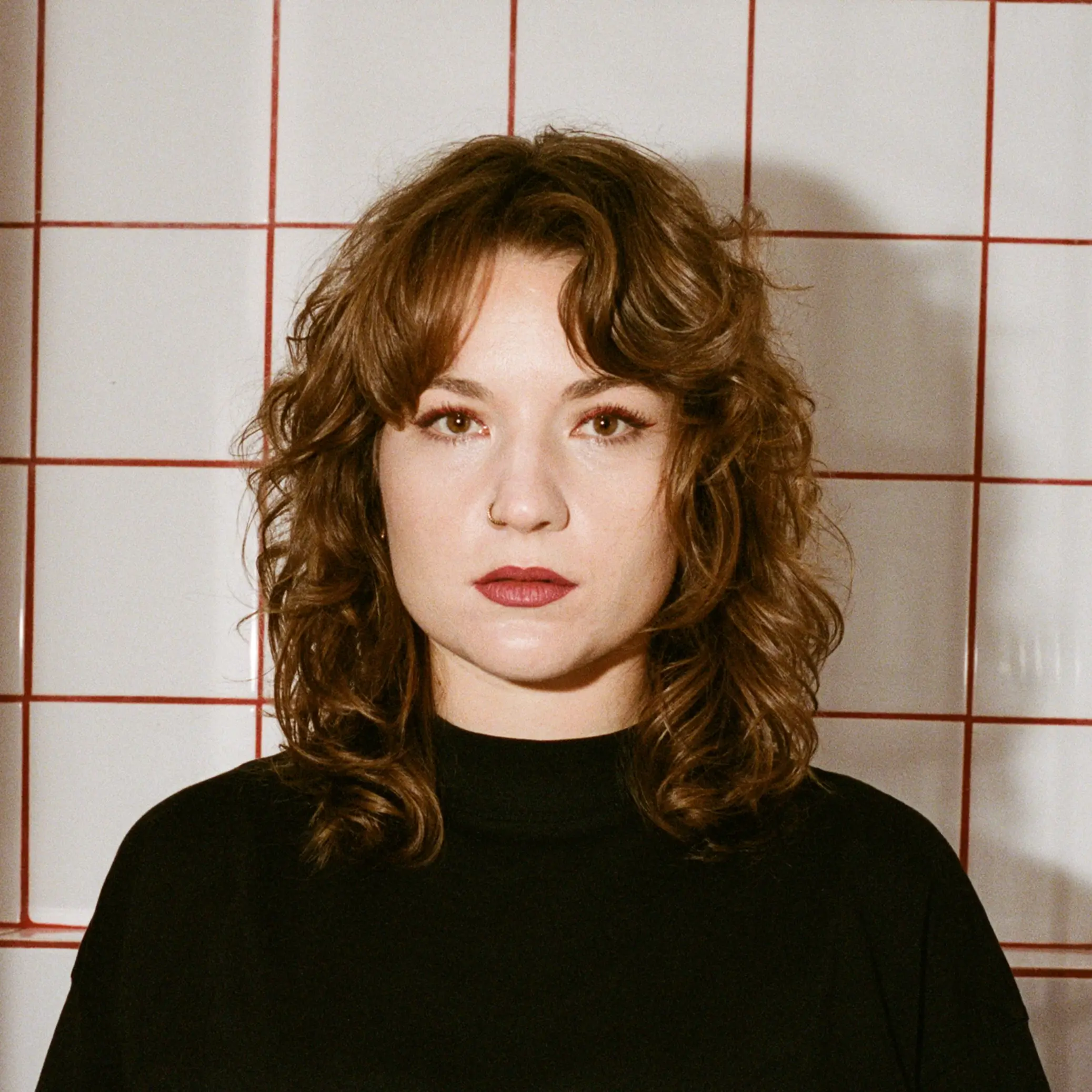
Verena Repar: Exploring the Transformative Potential of Evocative Interactions with Diffusion Models
echoes of grief is a filmic reappraisal of a fatal loss, delving into the complex interplay between grief, human creativity, and the utilization of generative artificial intelligence in artistic expression. Drawing upon the author's personal experiences and observations, the film is the result of a partly co-creative investigation with a non-human creative instance, while uncovering parallels between co-creation and the process of bereavement. Through qualitative analysis and reflective inquiry, the film uncovers the nuances of acceptance, relinquishing of control, and the emergence of new aesthetic possibilities inherent in this unconventional creative practice. The findings shed light on the transformative potential of integrating generative AI into artistic endeavors, offering insights into the dynamics of human-machine collaboration and the renegotiation of artistic agency within a context marked by unpredictability, serendipity, and chance.
15 min
Verena Repar
Verena (AT) is a transdisciplinary visual artist, exploring different technologies and their interplay in a rather explorative and playful approach. While studying Graphic Design at the University for Applied Arts in Vienna, a pivotal year in Portugal sparked her deep interest in film, animation, and moving images. Apart from her work as an animator for […]
https://www.verenarepar.com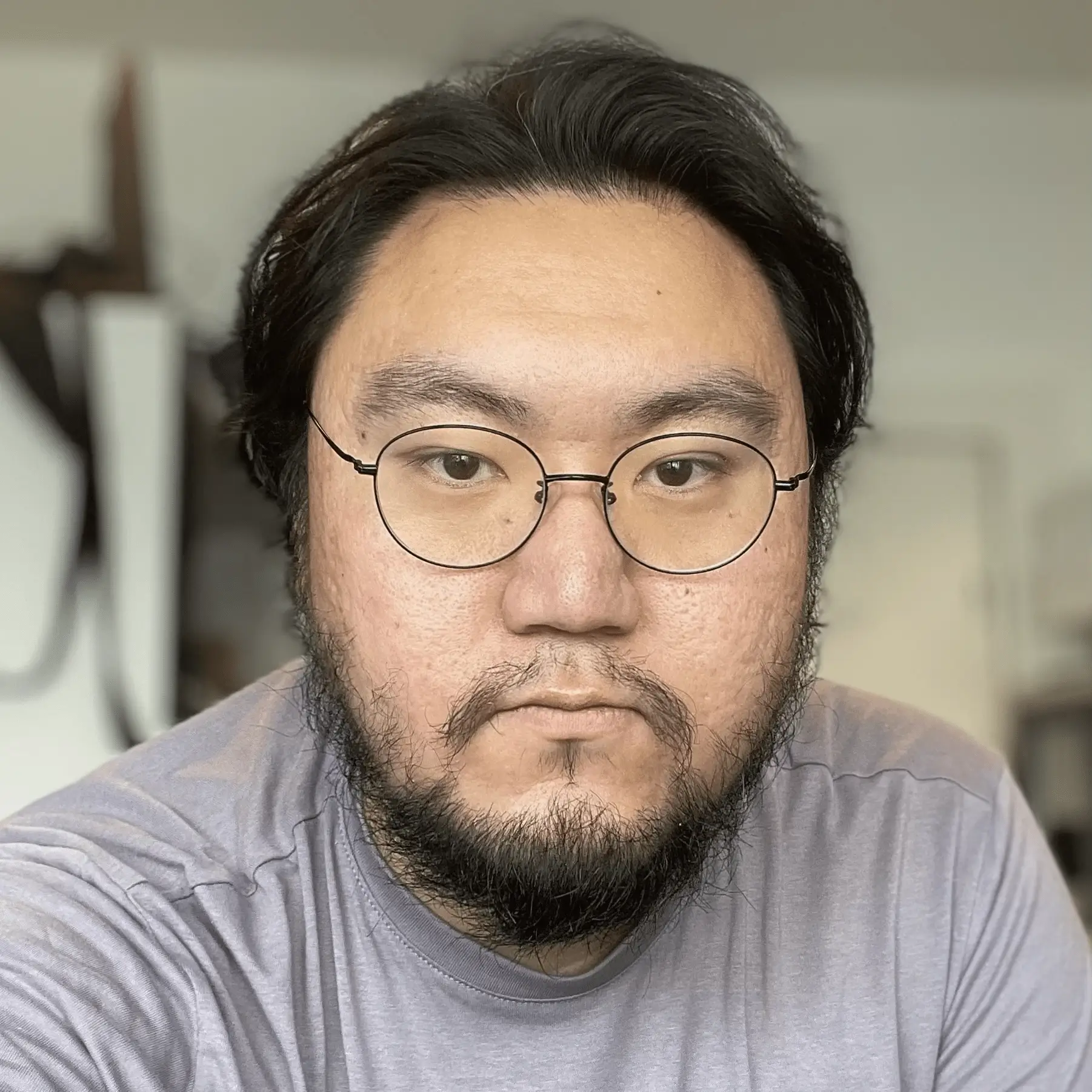
Yuchen Yang: The Transaction: Your Day Reconfigured Through Swiss Historical Archive
The Transaction is based on an intelligent agent that utilizes diary-like text to create videos. Diverging from generative AI models that create fictional content, the agent integrates audiovisual excerpts of archival content from Radio Télévision Suisse (RTS, the Swiss national broadcasting company) and transforms text prompts into a montage of historical clips. The Transaction then transforms the montage into a Manga strip printed by a thermal receipt printer. Each receipt strip is augmented with a QR code, facilitating access for a closer look into the associated full-length archival videos with context. This work operates on an improved narrative-aware language-video joint embedding space based on deep learning, where text inputs are translated into vectors, and used to retrieve historical archival clips to construct a new video. The final Manga strips are transformed from the generated video through state-of-the-art image generation and style-transfer models. Playfully sitting at the intersection of memory, history, and narrative, this work uses the dialectical and serendipitous encounter with archival footage to destabilise the fixed linearity of history and archival narratives. This transaction between private memory and public history aims to reveal the fragility, plurality, and absurdity of the accepted norm, calling for a reexamination of our perception of the past and the present.
15 min
Yuchen Yang
Yuchen (CN/CH) is working on the SNF Sinergia interdisciplinary project “Narratives from the Long Tail: Transforming Access to Audiovisual Archives” under the supervision of Prof. Sarah Kenderdine at the Laboratory for Experimental Museology at École Polytechnique Fédérale de Lausanne. His research interests include multimodal machine learning, knowledge representation and semantics, audiovisual narrative, HCI, and digital […]
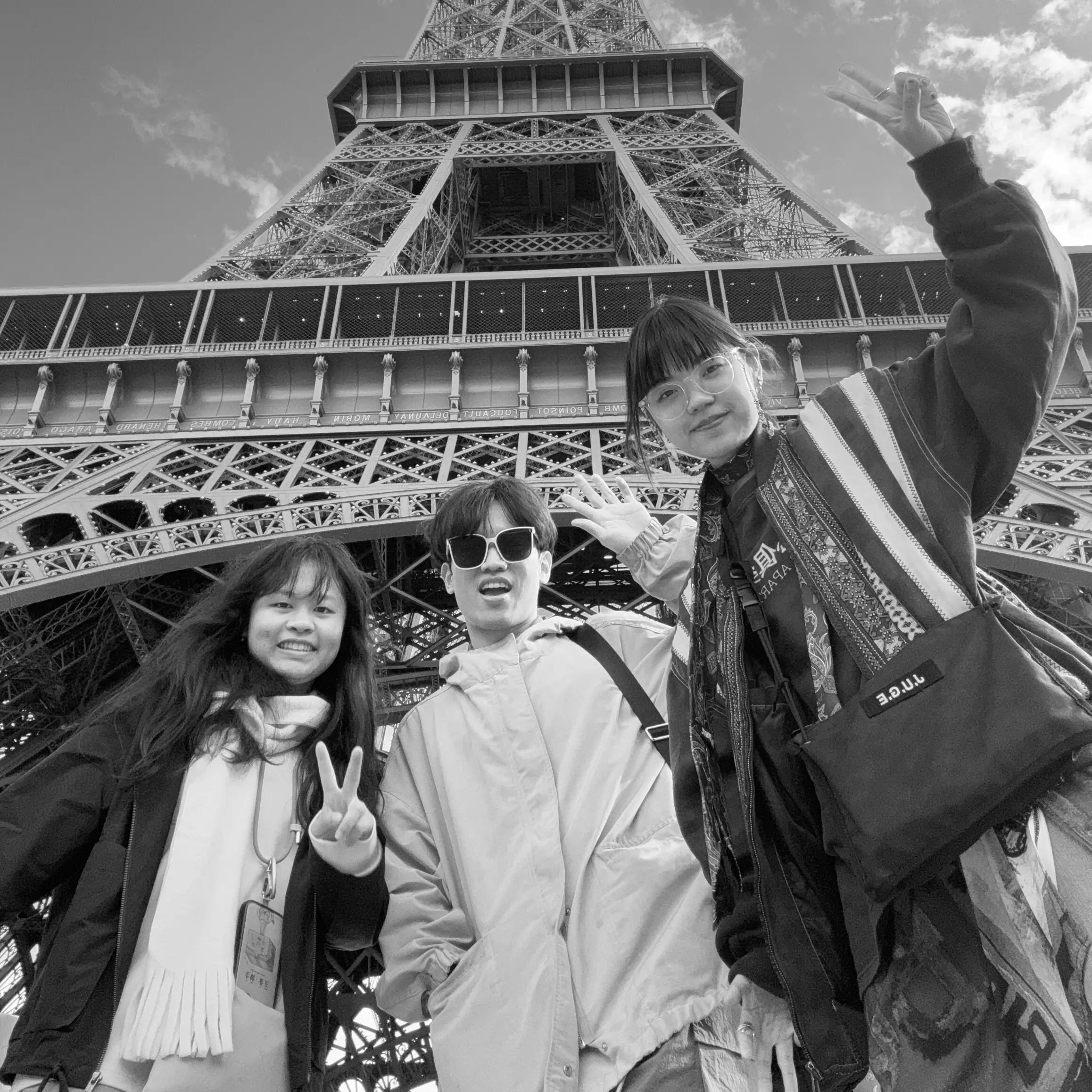
Wei-Cheng Hsu, Yu-Fang Lai & Cheng-Yun Yeh: Co-constructed Narratives of Virtual Reality, Artificial Intelligence, and Theatrical Arts
This research began by exploring the influence of the traditional ritual, Guān Luò Yı̄n, on contemporary virtual reality storytelling. Subsequently, we developed a new narrative experience system that harnesses the potential of new media. In this presentation, we will introduce our system design, where performers serve as mediators between artificial intelligence and the audience. This interaction facilitates the creation of personalized narratives and adaptive soundscapes within a virtual reality environment. This triangular co-creation framework transcends the limitations of pre-written scripts, allowing for deeper explorations of inner realms and providing a more personalized storytelling experience. In our current development, we use frame-by-frame AI-generated images as visual content. This creates a unique sense of time, simulating participants’ internal visual experiences as they explore the subconscious. Performers guide the audience to share their own stories, using the audience’s verbal descriptions as prompts to generate real-time animations that facilitate the exploration of their subconscious. This project has been publicly presented in Taiwan and France, with over a dozen showings. It has enabled participants from diverse cultural backgrounds to have transcendent experiences. Additionally, it offers new insights into audience interaction and the emotional impact of immersive technologies. Compared to previous mainstream VR projects, this new form more effectively guides real-time personalized storytelling, providing audiences with unique and unreplaceable spiritual experiences. Our future studies will optimize the real-time conversational narrative system and gather extensive feedback to improve and validate its applicability and effectiveness across diverse artistic and cultural contexts.
15 min
Wei-Cheng Hsu, Yu-Fang Lai & Cheng-Yun Yeh
Wei-Cheng Hsu (TW), Yu-Fang Lai (TW), and Cheng-Yun Yeh (TW) are three artists from Taiwan, currently pursuing studies in the Interdisciplinary Program of Technology and Art at National Tsing Hua University. Their expertise lies in virtual reality, real-time image generation, audiovisual art, dance, and performance, using these mediums to craft immersive and dynamic experiences. Driven […]
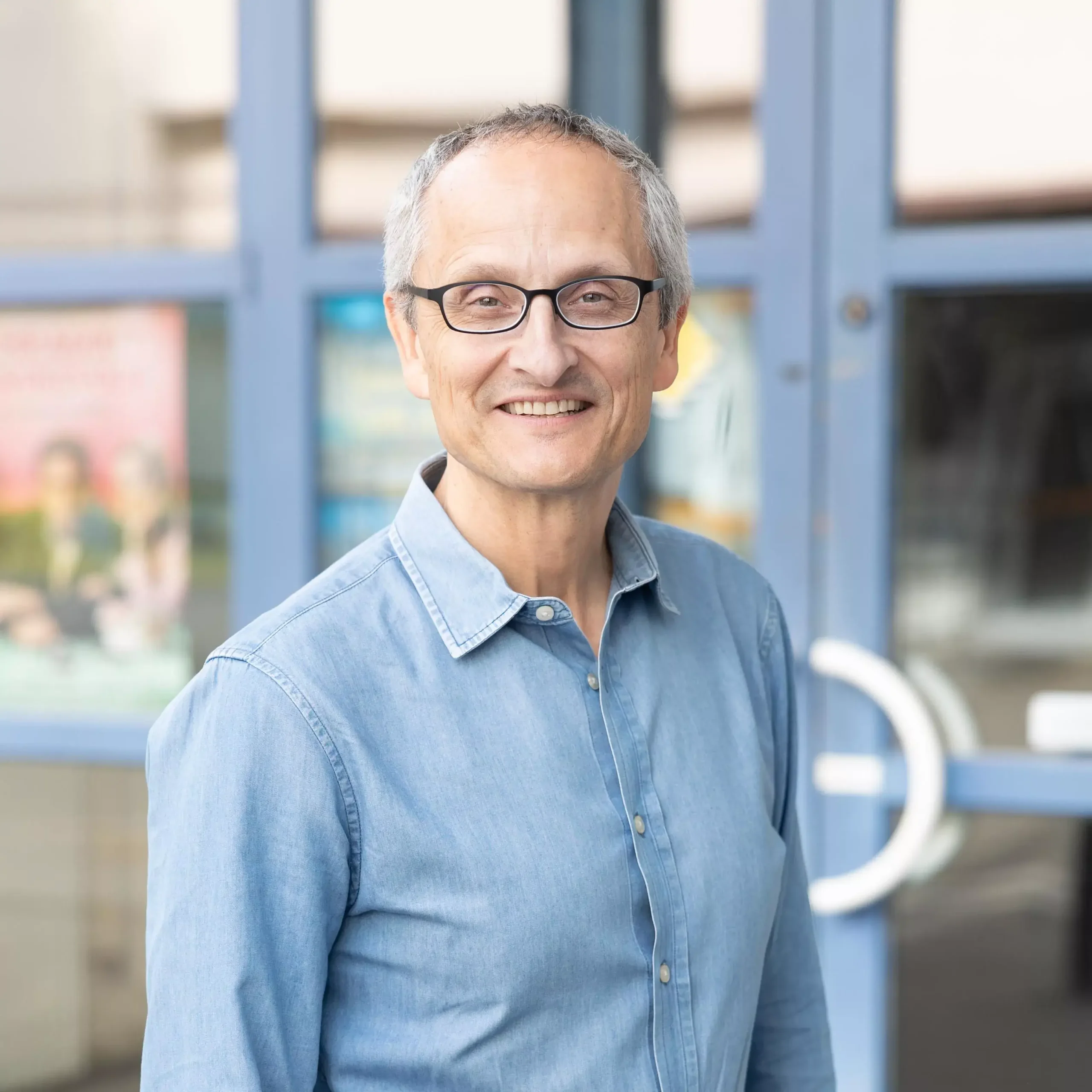
Art & Industry – Dr. Jan Pinkava: The illusion of choice in interactive storytelling
Once upon a time, there was a king, or a princess, or a sausage (choose one), and every day he, she, it, asked himself, herself, itself: What are the limits of audience agency in narrative gaming or interactive storytelling? or, How can we understand the complexity of choose-your-own-adventure story graphs? or, When is a choice not a choice in an interactive story? or, What is the difference between conscious and unconscious interactivity? or, What determines who is the protagonist in an interactive story? or, What is essential to the memory of a story experience? This talk will explore some or all of these questions, depending on audience interaction, or not.
60 min
Dr. Jan Pinkava
Jan Pinkava (CZ/UK/US/DE) has worked in animation storytelling for over thirty years. He began his thirteen year career at Pixar directing award-winning commercials and worked in story and animation on the studio’s early feature films. He wrote and directed 1997 Oscar-winning short film Geri’s Game and was the creator and co-director of Pixar’s Oscar-winning 2007 […]

Art & Industry – Bonnie Mitchell: The Time Tunnel: Discovering Past, Present and Future
The notion of looking backwards as we continually move forward often refers to how the past influences our perception of the future. In the field of expanded animation, we often strive for innovative approaches using the latest technology and contemporary techniques, yet the outcome is always shaped by our knowledge and past experiences. By creating an immersive Time Tunnel in 2023, Mitchell invited participants to traverse the history of computer graphics experientially and didactically in hopes that future creators and thinkers would not only become interested in the past but be inspired to move beyond it. In the summer of 2023, the SIGGRAPH organization celebrated its 50th conference. Mitchell coordinated a series of events, talks and displays to mark the occasion with the immersive, interactive Time Tunnel as the core of the experience. The content for the walls of the Time Tunnel was a mix of real-time generated and pre-rendered animations and data visualizations. Using innovative technology to create a fully immersive experience of this magnitude, we capitalized on the idea that in the future, reality and virtuality will be fused. The Time Tunnel and other SIGGRAPH 50th conference celebration events merged the past, present, and future to create an illusion that transported the viewer to various points in time relative to their personal experiences. The field of Expanded Animation is a wide-open discipline where the impossible is possible and the past can become the future. The visual styles, technical innovations, failures, and successes of the past have helped to pave the path we are currently on. This talk will showcase the works of the SIGGRAPH History celebration. It will also discuss altered perceptions of time and how immersive experiences can encourage people to think differently as they forge ahead into the future.
60 min
Bonnie Mitchell
Bonnie Mitchell (US) is a new media artist and Professor at Bowling Green State University in Digital Arts, in Ohio, USA. Mitchell’s artworks explore spatial and experiential relationships to our physical, social, cultural, and psychological environment through animation, interaction, and immersion. Her current creative practice focuses on the development of physically immersive, animated environments that […]
https://www.bgsu.edu/arts-and-sciences/school-of-art/faculty-staff/bonnie-mitchell.html
Art Research Papers Session #3 – Hybrid Spaces
Art Research Papers Session #3 consists of four presentations.
1h 30min
Victoria Szabo
Victoria Szabo (US) is a Research Professor of Art, Art History & Visual Studies and Gender, Sexuality, and Feminist Studies at Duke University, where she also directs the PhD Program in Computational Media, Arts & Cultures and the Certificate Program in Information Science + Studies. Her published research, teaching, and creative practice focus on archives-driven […]
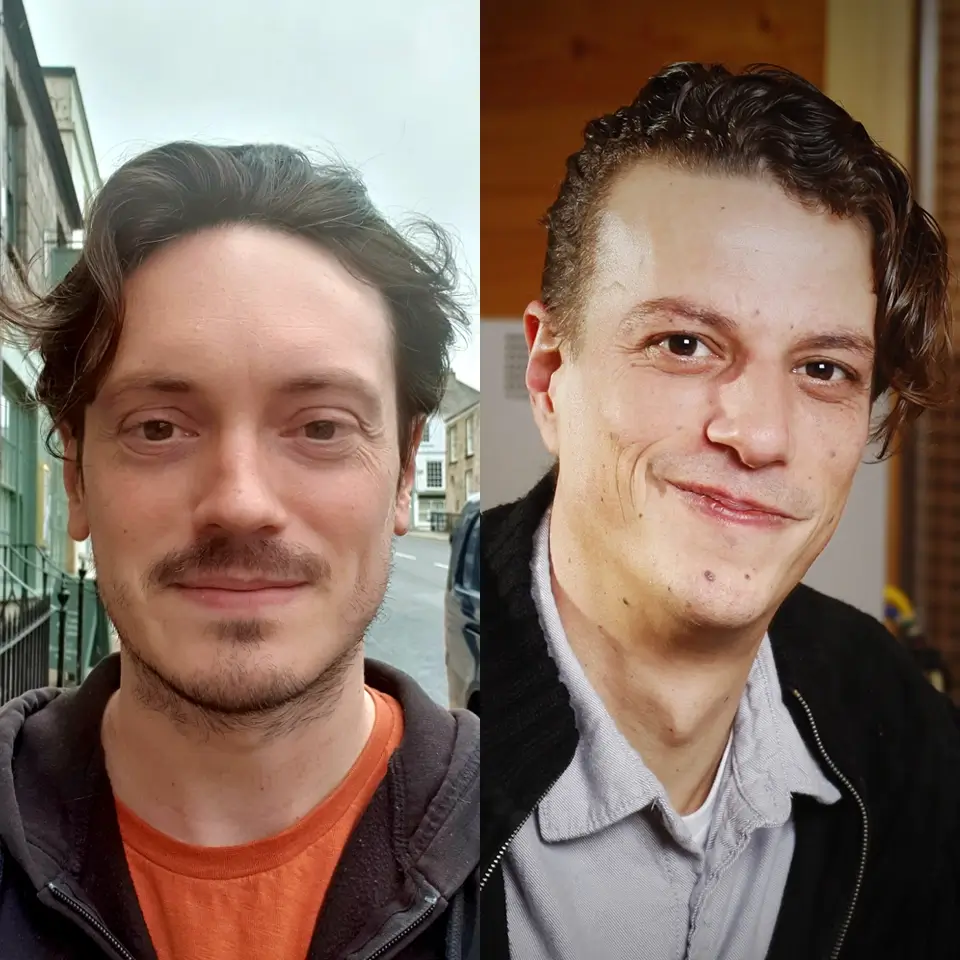
Greg Bott & Musaab Garghouti: Lo-Fi, Quick and Glitchy: T(h)inkering with Unreal Engine in Digital, Hybrid, and Expanded Theatre
This paper explores the creative tensions involved in bringing together the rapid ideation of theatre devising process with the meticulous development typical of 3D and immersive production. With reference to a collaboration between University of Plymouth and the Wardrobe Ensemble theatre company, the text focuses on the integration of Unreal Engine into devised theatre production. It discusses: the navigation of these differing temporalities; methodologies for creating media in a way is incorporated into the devising process; and the promotion of media assets as active elements within the narrative. The approach of "t(h)inkering" is introduced—combining the concepts of thinking and tinkering—as a process that eschews linearity of common 3D, animation and VFX production pipelines, emphasizing instead reflection and experimentation in media creation. The text explores how low-fidelity assets and fast turnaround times facilitated a dynamic dialogue between theatre and creative technologists and concludes by emphasizing a shift in perspective towards viewing Unreal Engine as a sandbox for experimentation rather than a linear production tool, advocating for a process-oriented approach to media creation.
20 min
Greg Bott & Musaab Garghouti
Based in Cornwall, UK, Greg Bott (UK) is a lecturer in Digital Arts at Callywith College. He recently undertook an MRes at the University of Plymouth and has spent the last year working with the university as a Research Assistant and Technologist, enmeshing a range of techniques for creating 3D animatics and virtual environments with […]
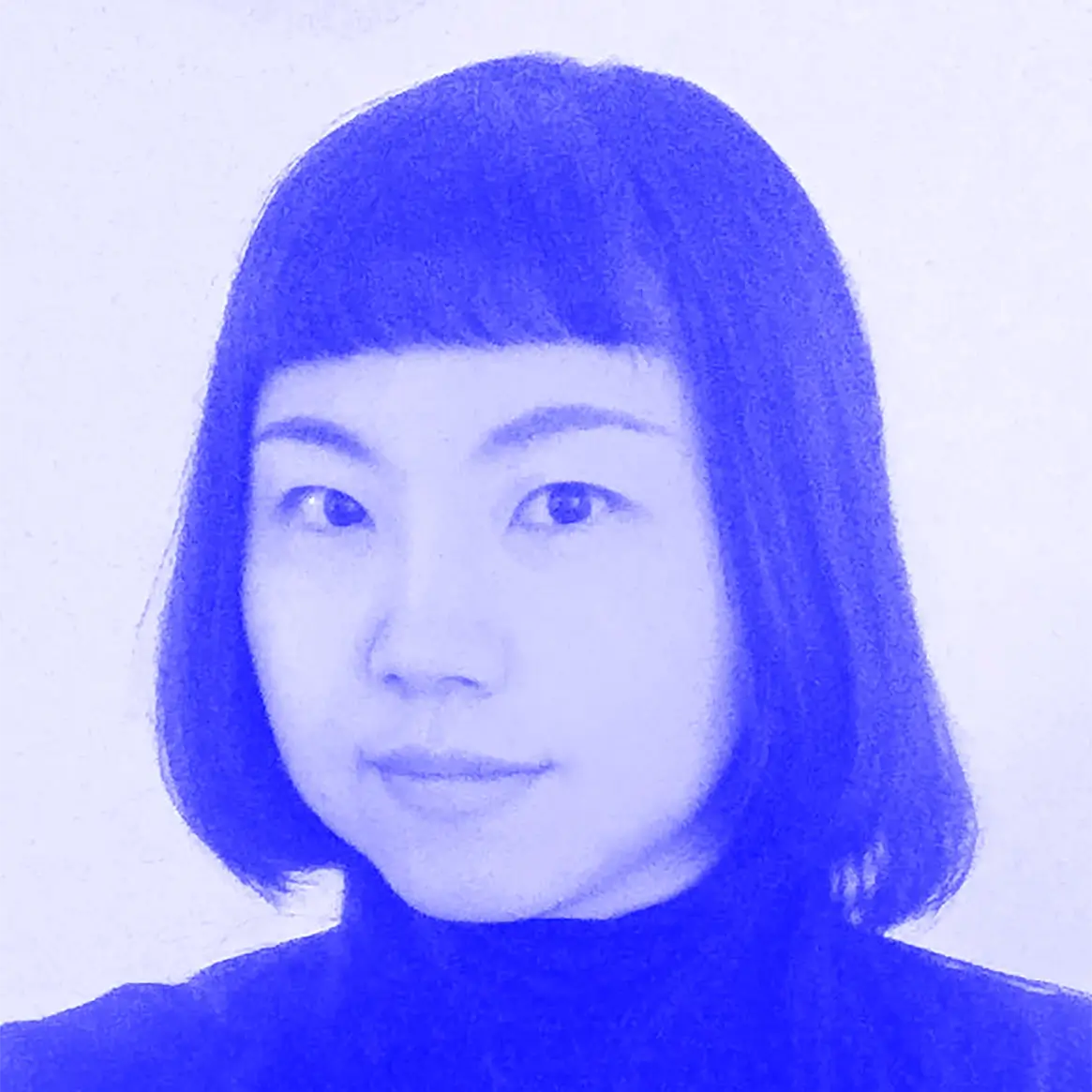
Biin Shen: Some Practices and Reflections on World-building as a New Path for Design Education under Oriental Thinking
World-building emerges as a transformative paradigm in global design education, fostering interdisciplinary collaboration and holistic perspectives. Rooted in disciplines like speculative fiction and game design, it transcends constructing alternate realities to encompass a comprehensive design process. Designers cultivate critical thinking, systemic understanding, and narrative proficiency through immersive exercises. Leading institutions integrate world-building, preparing students for real-world challenges. In the School of Animation and Games at the China Academy of Art, world-building is an experimental approach to facing traditional education challenges. Nevertheless, it evolves to integrate diverse research methods, challenging stereotypes, and attempting to emphasise solutions to real-world problems through virtual worlds.
20 min
Biin Shen
Biin SHEN (CN) is an artist whose work spans across art, design, technology, and societal themes. She holds an MA in Design Interactions from the Royal College of Art in London, where she studied under Professors Dunne & Raby. SHEN has presented at prestigious events such as the Design Futures International Conference at Tsinghua University […]
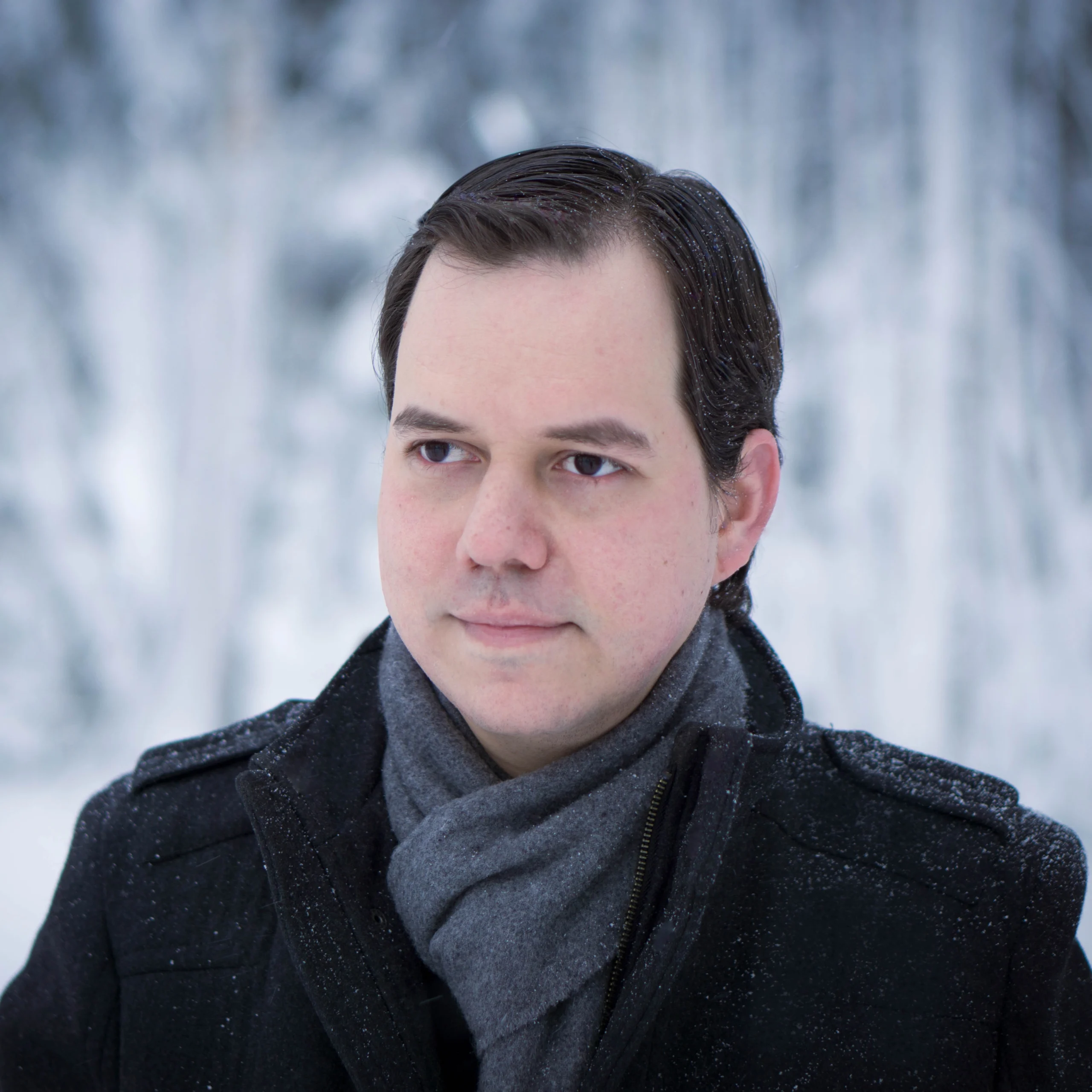
Juan Carlos Vasquez: From Dice to Metaverses: Gamifying Musical Experiences
This paper provides a historical survey of gamification concepts and techniques applied to music composition, performance, and listening experiences. It traces the origins back to 18th century musical dice games before exploring how digital technology enabled new interactive and immersive possibilities pioneered by composers like Xenakis, Tudor, and Laurie Anderson. The growth of gamified musical experiences is highlighted, both experimental works in virtual worlds/metaverses as well as mainstream concerts like Travis Scott's Fortnite event. Psychological concepts like flow state are discussed in relation to fostering creativity and engagement through game-like elements. Recent examples are also examined, such as Enrique Tomas' Ars Electronica's Metaverse and Ecstasy / Light / Inertia. This paper positions current musical gamification practices within a rich historical tradition.
20 min
Juan Carlos Vasquez
Dr. Juan Carlos Vasquez (CO, www.jcvasquez.com) boasts a remarkable trajectory as an award-winning composer, video game researcher, and academic. With two decades of dedicated engagement in intermedia projects, his innovative journey has illuminated the global stage. His creations, ranging from spatial audio works to immersive interactive experiences and game art, have resonated across continents, being […]
https://www.jcvasquez.com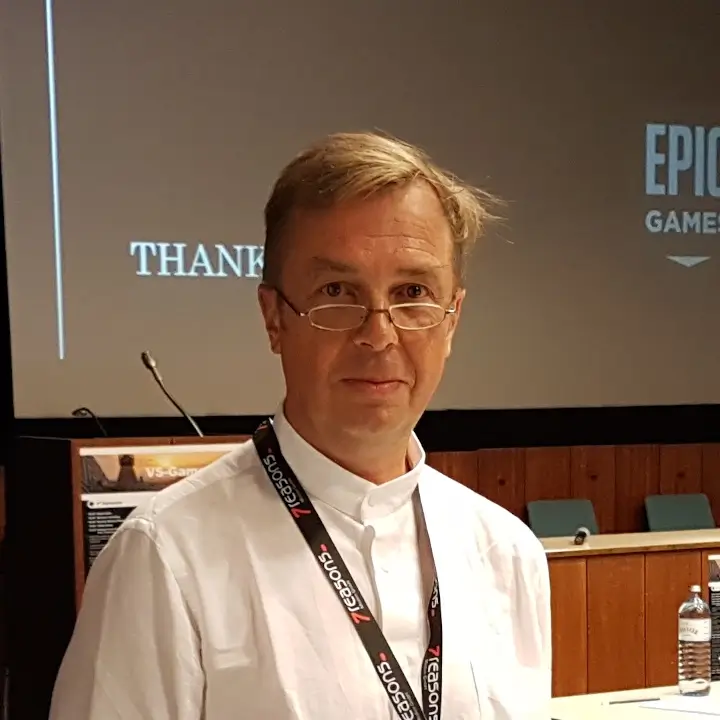
Wolfgang Höhl: Understanding Hybrid Spaces: Designing a Spacetime Model to Represent Dynamic Topologies of Hybrid Spaces
This paper develops a spatiotemporal model for visualizing dynamic topologies of hybrid spaces. The joint representation of spatiotemporal data is a well-known problem, for example in digital twins and urban planning. There is also a lack of a basic ontology for understanding hybrid spaces. Existing concepts and types of representations of hybrid spaces are presented. The spatiotemporal model is developed in three layers. The model was tested on the occasion of an art exhibition. Range, number of interactions and response rates were recorded. Various dynamic topologies of hybrid spaces could be successfully represented. An online survey provided a positive correlation between modality and individual activity. The three-leveled model structure helps to improve class formation and software architecture in serious games or digital twins. The joint representation of real and virtual places also revealed that range and urban density are equivalent concepts. Media can be described as places. Multilocality could successfully be mapped. Modality of hybrid spaces shows new relations between media and transportation. Combinations of the examination parameters allow a large number of different dynamic topologies to be represented. Pattern recognition in hybrid spaces enables further research and user experience studies. The results of this study convey a new understanding of urban space.
20 min
Wolfgang Höhl
Wolfgang Höhl (AT/DE) is the institute director of the privately owned Research Institute for Visual Computing and an adjunct professor for Visual Computing and xR-Technologies at the Technical University of Munich (TUM). Born and grown up in Vienna, Austria, he worked as an architect and city planner in Vienna, London, Hamburg and Munich. He has […]
https://www.scienceviz.com/Art Paper Session #3 – Performance & Animation
Art Paper Session #3 consists of five presentations.
1h 30min
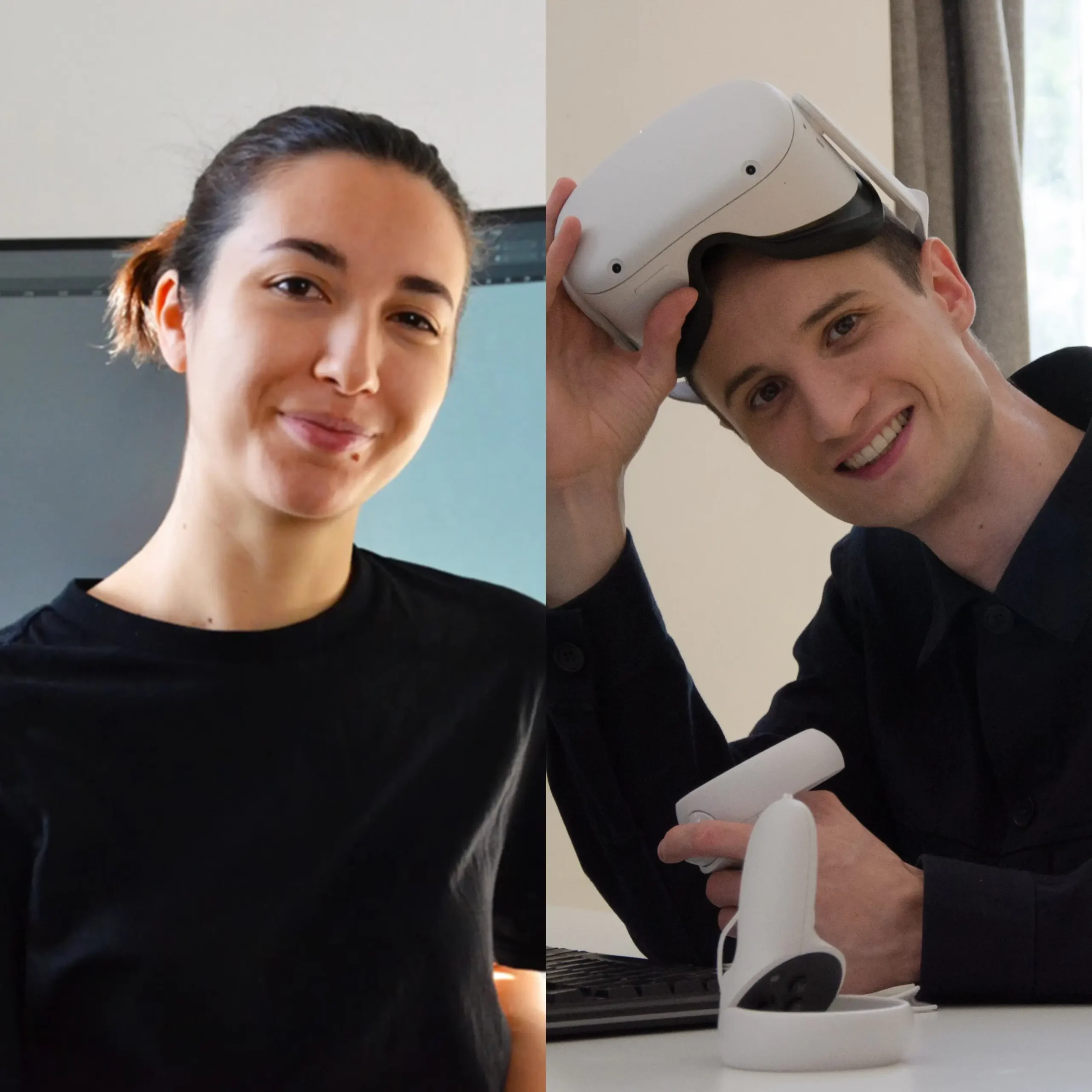
Immerea: Exploring New Dimensions in the Phygital: At the Intersection of Performance Art, Real-Time Installation, and Extended Realities
“Beyond My Skin” is an interdisciplinary research project presented in the forms of an interactive real-time installation, hybrid performance, and MR (Mixed Reality) experience. By exploring the hybrid relationship between bodies and their digital representation in a posthuman context, the project creates a phygital (physical-digital) space where visitors can experience new dimensions of self-perception and interaction with others, in a constant interchange between physical and virtual worlds.
15 min
Flavia Mazzanti & Manuel Bonell
Flavia Mazzanti (IT/BR/AT, *1994) is multimedia artist, co-founder of Immerea – a media company based in Vienna focusing on the development of VR Games and interactive installations –, co-organizer of XRVienna, Austrian co-ambassador of Euromersive, and active as public speaker and university lecturer. Listed in the Forbes 30 Under 30 List of 2023, Flavia graduated […]
https://www.immerea.com/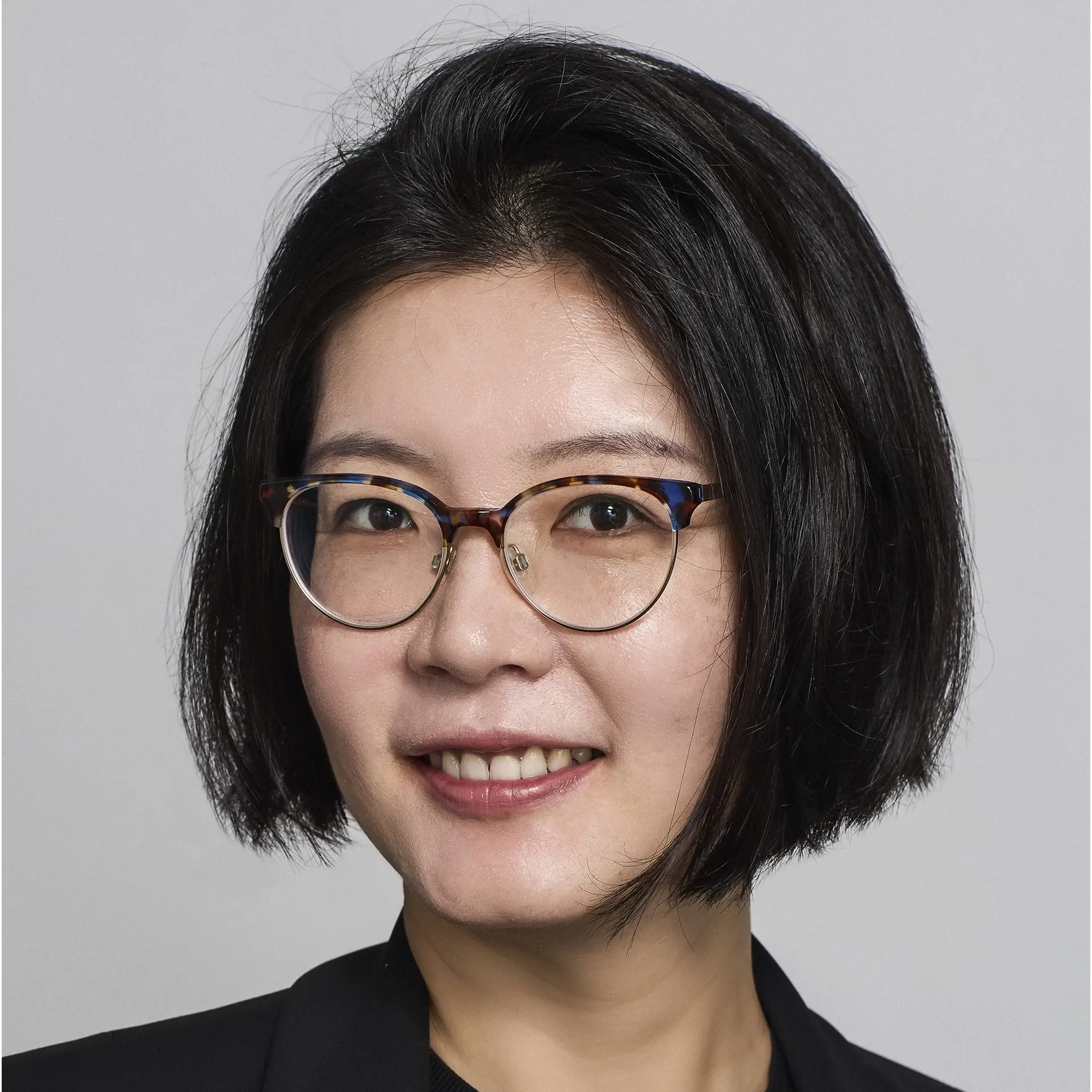
June Kim: Animating Tangible Narratives: Creative Application of Animation and Interactive Technologies for Playful Interactions in the exhibition of Ceramic Stories [digital connections]]
This paper explores the creative application of animation and interactive technologies to craft playful, tangible interactions that convey imaginative stories and enhance spectator experiences in the exhibition "Ceramic Stories [digital connections]" at the Australian Design Centre. It demonstrates the process of creating digital connections between artifacts and audiences, based on the imaginative and historical narratives collaborating with two ceramic artists, Sebastian Conti and Casey Chen and their series of work in distinct. This illustrates the process of establishing digital linkages between artefacts and audiences. The study suggests the use of interactive technologies and animation to change spectator experiences and increase audience participation by drawing on this experience.
15 min
June Kim
June Kim (AU) is a lecturer at the Faculty of Arts, Design, and Architecture at the University of New South Wales (UNSW) in Sydney, Australia. Her teaching responsibilities encompass the fields of Media Arts and Interaction Design, where she provides guidance and supervision to students. With over ten years of experience in the animation industry, […]
https://research.unsw.edu.au/people/ms-june-kim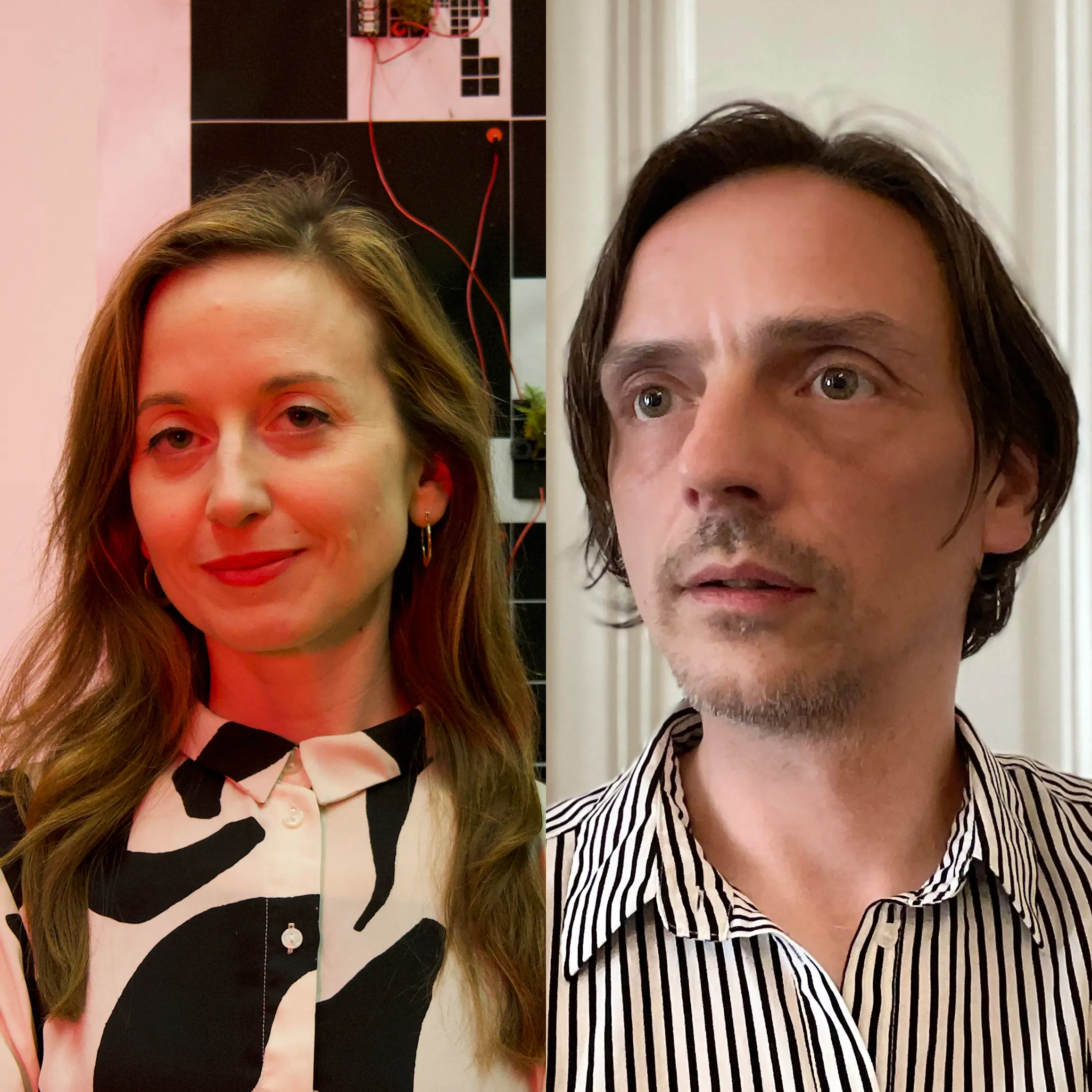
Margarita Köhl & David Altweger: Sphagnum Dances: Merging with Mosses. Vegetal agency in distributed more-than-human choreographies
The ongoing interdisciplinary, art-based research project „Sphagnum Dances” aims to question the disembodied rationale of Western epistemology and related regimes of dominant knowledge by focusing on vegetal agency. Following the approach of “Plant Thinking”, sphagnum mosses become the protagonists in this endeavor, as they are to be considered as key regulators of peatland ecosystems resisting the severe consequences of anthropogenic interference such as desiccation. Informed by feminist posthumanism the project aims to transgress the distinction between subject and object by tracing the formation of configurations, where nature and culture construct each other. The project involves two mutually informative art-based strategies of inquiry which both use mimesis as a lens: Based on a period of gathering data via field experiments, interviews and walks with biologists, audiovisual research about peatland and mosses, a laboratory experience space was created which invites the audience to immerse themselves in a living archive of mosses. The second strategy of inquiry addresses the interaction between the audience and the specimens. This is made possible by using artificial intelligence models mediating between the audience and the biomes and communities, the mosses interact with. By training a number of specialized LORA models with the collected hundreds of images of biomes and specimens, we can prompt those AI models to turn participants into plants, fungi, soil and whole ecosystems that move along with them. The project invites to participate in seemingly rational practices of objectification such as collecting, inspecting, sorting and categorizing and juxtaposes them with seemingly affective practices of performance and dance. By activating the entire body to explore the dynamics of vegetal phenomena, the project critically approached the disembodied rationale of Western epistemology thereby exposing the dichotomy of human activity and plant passivity as a myth. The result is a distributed choreography involving human and more-than-human actors.
15 min
Dr. Margarita Köhl & David Altweger
Margarita Köhl (AT) is a transdisciplinary researcher and artist working at the intersection of arts, eco-social as well as science and technology studies, recently focusing on the role of affect in more-than-human relationships. She holds a PhD in Communication Studies and an MA in Arts & Cultural Management, East Asian Studies, and Art History. She […]
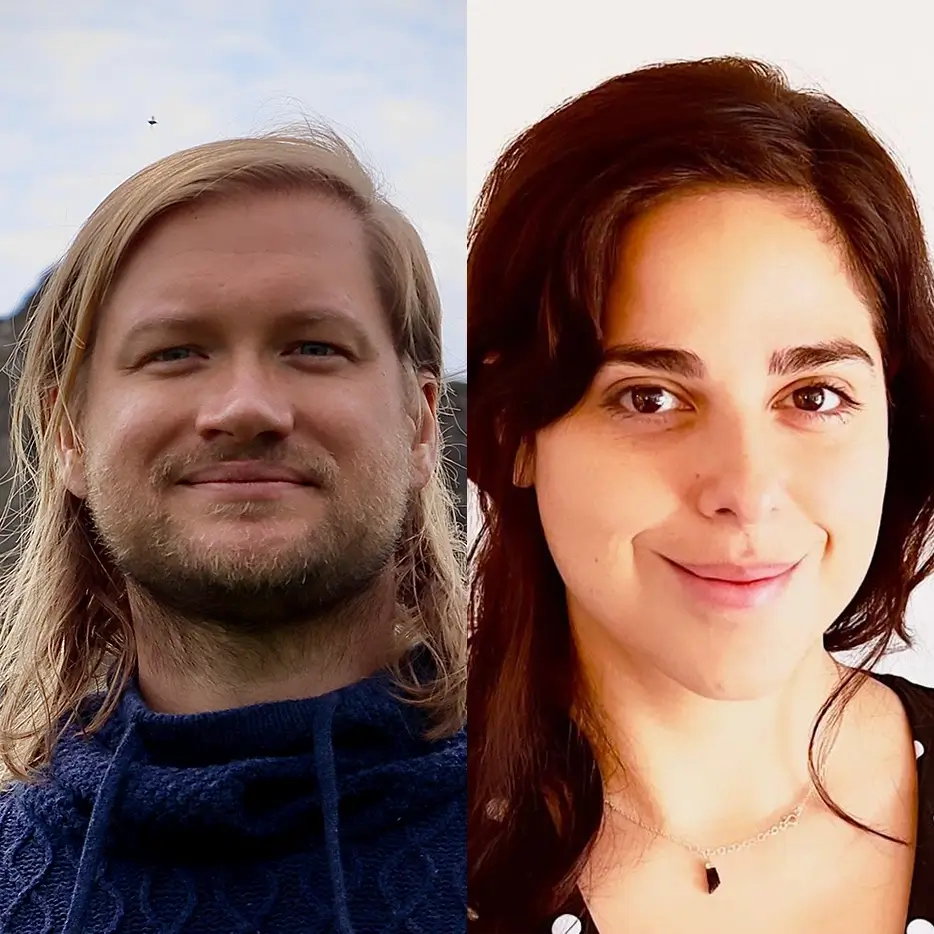
Steve Jones & Alejandra Abad: Lexicon de Plantas (Lexicon of Plants): Cyclicality and Participatory Community Experience in an Immersive Animated Installation
Lexicon de Plantas (2024) is a large-scale audiovisual and site- specific art installation that immerses the observer in a realm of visual poetry through layering memories from the past with contemplation of the present and of possible futures. It features the transformation of drawings into animations; these are then projected onto paper sculptures. It features conceptual and collaborative activations that work to break down the barriers between artist and audience by sharing community-sourced stories relating to memories of plants. This work invites the audience to engage with the complexities of memory, migration, and belonging. It explores magical realism through a lens of belonging and mutual compassion as key parts of collective wellness. The goal is to inspire environmental awareness through acts of care and intentionality by remembering and revering shared familial traditions that link to our relationships with plants. These memories become heirlooms, manifested in a space that allows for reflection before passing them down. The end of the installation featured a live music performance, readings of the written memories, and an open invitation for the audience to participate by telling their stories related to memories of plants. This collaboration between interdisciplinary visual artist Alejandra Abad and musician Steve Jones aims to foster empathy and to nurture our communities by engaging memory in relation to the moving image, collective awareness, and storytelling.
15 min
Steve Jones & Alejandra Abad
Steve Jones (US) was a UK Fulbright Scholar to the National Library of Wales in Aberystwyth from 2010-2011, where he conducted dissertation research on Welsh Modernist Literature. He received his PhD in British Literature from Ball State University in 2013 and his MA in Literature (with a concentration in Film Adaptation of Literature and Comics) […]
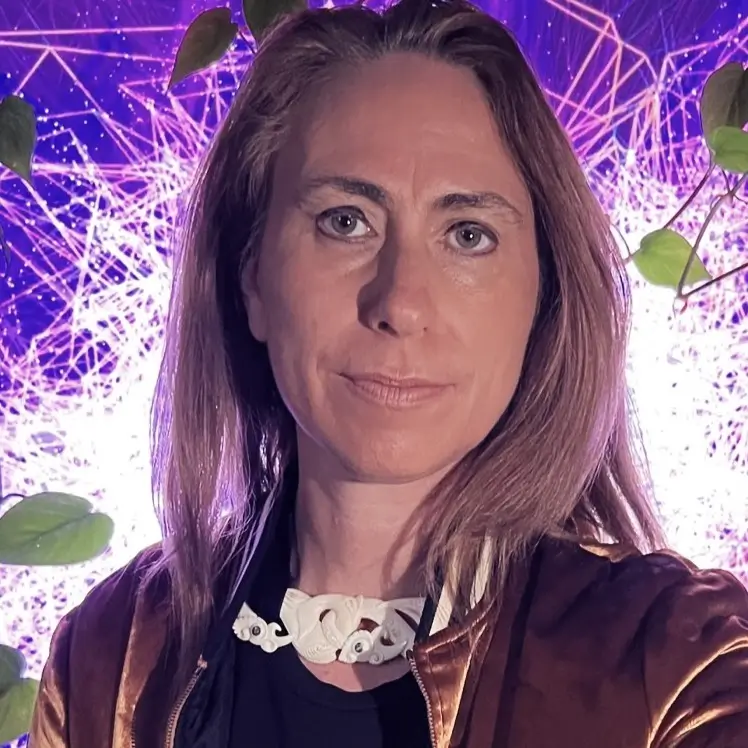
Rewa Wright: Towards the Eco-Digital: Real-Time Animation with Plants, Data and Sound
The ’eco-digital’ is an area of artistic research that explores the intersection of digital technology and ecological themes. Often artists are looking at how art can help highlight the climate crisis, motivating the public to act. Combining digital art practices, such as computer animation, virtual reality, and generative art, with a focus on ecological issues, eco-digital art invites and encourages discourse on a wide range of environmental sustainability, biodiversity, and the relationship between technology and nature. In this intersectional domain, animation can play a valuable role, creating new approaches that reflect, critique, and even propose solutions to contemporary environmental challenges. The eco-digital approach emphasizes the integration of natural processes and digital aesthetics to foster a deeper understanding of and engagement with the natural world. Working at the intersection of animation, sound, installation and data visualisation, we explore ways that digital systems and ecological systems can interact, drawing attention to the common threads that link both humans and plants. This is possible through a variety of methods and techniques: this research examines one such approach, combining plant bio-electrical signals, Indigenous thinking, human music and real time animation. Our goal is to develop approaches that might benefit future hybrid ecosystems, incorporating Indigenous practices of environmental care that mobilise animation and operate to bring the public closer to nature.
15 min
Rewa Wright, Simon Howden & Mereana Wright-Osborne
We are transdisciplinary art researchers with a collaborative practice, encompassing exhibition, performance, publication, presentation, music and community engagement. Working with different modalities of analogue and digital art, we explore with new methods in motion-based and sonic media, including live performance, music, digital design, and virtual image creation. Rewa (NZ/AU) is an interaction and systems designer, […]
https://rewawright.com/The proceedings of the Expanded 2024 – Conference on Animation and Interactive Art can be found here:
Ars Electronica and the University of Applied Sciences Upper Austria Hagenberg Campus are showcasing animations, which can be seen at the 2024 Ars Electronica Animation Festival.
LIVE
Visit the Expanded Animation YouTube channel to see current and past content.
Switch to the current or next scheduled live stream by clicking on the button below.
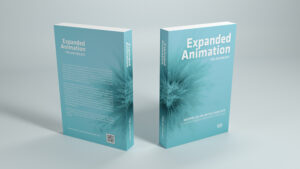
Expanded Animation – Mapping and Unlimited Landscape
The symposium Expanded Animation began in 2013 and offered a first approach to the expanding field of computer animation. It has since become an established part of the Ars Electronica Animation Festival and the international competition Prix Ars Electronica Computer Animation. Every year under an overarching theme, the symposium has researched the field of technology, art, animation, and aesthetics, investigated the collapsing boundaries in digital animation, and explored positions and future trends. As with the first conferences on computer animation at Ars Electronica in the 1980s, practice and theory are equally important. The richly illustrated publication Expanded Animation: Mapping an Unlimited Landscape features contributions from speakers and artists from the past six years and presents an overview of the prize winners in prix category Computer Animation from 2011 to 2018.
250 pages, 250 Illustrations
EXPANDED PLAY EXHIBITION
Expanded Play is a cooperative exhibition that explores various perspectives of mixed reality and spatial interaction within the realm of playful media, showcasing a range of student works from the Digital Media Department at the University of Applied Sciences Upper Austria and the Department of Visual Computing at Masaryk University. The exhibition is located at the Salzamt in Linz, a platform for artists and cultural creators from various fields. During Expanded Play, the venue will be utilized to explore a wide range of experiences between games and interactive installations. A selection of diverse exhibits will be showcased, each opening different realms of experience: from a VR reading corner that allows visitors to engage with books in a novel way, to performative installations such as Förglets, where the player’s body and other physical objects serve as the controller. This innovative use of space and technology will provide attendees with an immersive journey through the evolving landscape of interactive art and play.
Atelierhaus Salzamt, Obere Donaulände 15, Linz
Wed. Sept. 4 to Sun. Sept. 8 2024
Wed–Sat: 11:00–20:00, Sun: 11:00–18:00
Leitnocht
Leitnocht
“Leitnnocht” is an immersive game that fuses point-and-click mechanics with a distinctive stop-motion-inspired aesthetic, bringing to life the mysterious Bavarian Alpine village of Moosbach. As you explore this handcrafted world, players step into the shoes of Karl Schneider, a young legal assistant, as he searches for his friend’s missing fiancée.
Selina Behrens (AT), Sebastian Grundherr (AT), Florian Horak (AT), Julia Posch (AT), Dominik Senzenberger (AT), Martin Siedler (AT), Michelle Treziak (DE/AT)
Starborne Mail - The Cosmic Courier
Starborne Mail - The Cosmic Courier
“Starborne Mail—The Cosmic Courier” is a recursive exploration game where the player is a postman in a dying world, delivering mail to quirky villagers while racing against oxygen depletion. Through interactions with different characters, the player uncovers secrets and collects rocket parts with the aim of building a rocket to escape from this dying world and travelling to a space station.
Daniel Kleibl (AT, Daniel Pauli (AT), Laura-Christina Palmetshofer (AT), Marlene Kremsmayr (AT)
Rūḥ
Rūḥ
Augmented Social Play (ASP) is an innovative digital intervention format that leverages smartphones to deliver real-world, face-to-face group psychotherapeutic experiences and foster supportive communities. The COVID-19 pandemic significantly heightened social isolation and mental health challenges among young people, exacerbated by the rise of social media use driven by digitalization and social transformations. “Rūḥ”, a prototype co-developed with children, psychologists and Augmented Reality designers, aims to teach cognitive behavioral therapy tools to adolescents.
Vinaya Tawde (IN/CZ)
Time Machine
Time Machine
Image Time Machine is a playful prototype that allows users to take images and effectively “put them in the past”, i.e. look like they were taken at a different point of time. Clothing, vehicles and various other objects are altered or replaced to reflect the expectations of the chosen era. A custom machine learning approach utilising stable diffusion as a starting point was developed to create an alternative look into the past.
Felix Rader (AT), Alexander Gärtner (AT)
Evolutionary Diffusion
Evolutionary Diffusion
This interactive project allows users to perform AI evolutionary operations themselves. You can create a new random image or select an existing image to mutate its embedding, thereby creating a variation. Selecting two images enables mixing, resulting in a combined image with characteristics of both.
Marcel Salvenmoser (AT)
Still
Still
“Still” is a story-based video game in which the player solves various audio puzzles. The main goal was to incorporate sound as an essential game mechanic to the game and realize a gradual shift in between auditory and visual dimensions.
Jan Klug (AT), Viktoria Heng (AT), Nicole Lehmann (AT), Stephanie Schattauer (AT)
Förglets
Förglets
“Förglets” is an interactive, projection-based game installation that uses the player’s silhouette as a collision object. In this *Lemmings*-inspired game, small creatures are trying to get to a pre-defined goal in a small, carefully crafted world.
Paul Huemer (AT), Kevin La (AT), Felix Rader (AT)
H.A.N.D.S.
H.A.N.D.S.
*H.A.N.D.S.* is a game project that combines virtual reality with gesture recognition. The project members pretend to be employees of a fictional company aiming to release a new product. The VR game represents the virtual testing ground for this new product.
Andreas Weinberger (AT), Özenc Dinler (AT), Kerstin Kaiser (AT)
Mind the Passage
Mind the Passage
Monday. The walls feel like they are about to collapse. A desperate struggle for breath. Do not think about this and that. What else can go wrong? This feels like being stuck in a meat grinder. I hope I can get my work done today. Thoughts collide, a chaotic ballet. Who is saying that? I will… slow down. Lack of time, lack of focus. Being overwhelmed. Restless. Always occupied, in constant worry. Nothing works. Nothing is right.
Marko Rehacek (SK/CZ), Magdaléna Kejstová (SK/CZ)
Interactive ATP Reaction
Interactive ATP Reaction
This installation combines science, art and technology with the aim of making biochemistry more understandable and interesting. It uses real-life data and encourages viewers to interact with molecules that are otherwise invisible to the naked eye.
Hana Pokojná (SK/CZ)
I See You
I See You
“I See You” is an innovative interactive story that places the player’s gaze at the center of its gameplay experience, using eye-tracking technology. This game immerses players in a 2D world where their line of sight influences the narrative, the environment, and non-player character (NPC) reactions.
Lisa Bayr (AT), Gerald Gruber (AT), Elisa Hackl (AT), Florian Horak (AT)
Bookwander
Bookwander
Reading fiction in virtual reality is an unexplored topic whose potential is yet to be discovered. So far, the closest research field in which extended reality (XR) is applied to written texts is the use of augmented reality (AR) in education. Most of the time, this field does not focus on leisure reading and does not aim to intentionally create pleasure for the reader, but is rather focused on enhancing learning. “Bookwander” is a VR prototype presenting four different approaches to adapting written fiction for virtual reality.
Nikola Kunzová (SK/CZ)
ANIMATION SCREENING: Digital Media, Hagenberg Campus
ANIMATION SCREENING: Digital Media, Hagenberg Campus
This program features a selection of recent student works, ranging from narrative shorts to experimental animation, from the Digital Media Department at the University of Applied Sciences Upper Austria in Hagenberg.
Curated by Patrick Proier & Juergen Hagler
Laute Stille
04:14 | Lisa Bayr, Leonie Roithner, Katharina Arbeitshuber, Lukas Brandstetter
Sound Play
03:57 | Anna Reiff, Philipp Guggenberger
Dreamcatcher
01:10 | Dominik Senzenberger
ES IST WOHL SOMMER
09:05 | J Schönbauer, Leonie Sametinger, Olivia Lehnert, Alissa Calliari, Lisa Wohlschlager
Wildwechsel
04:10 | Eva-Valentina Dietrich, Iris Feyrer, Wiktoria Olborski, Anika Weinreich, Tess Stockmayr
Overload
03:20 | Remo Rauscher, 5. Semester DAb
Kintsugi
02:24 | Nadine Promberger, Kevin Killinger, Magdalena Holzner
Relax
06:16 | Jessica Studwell, Rico Feyrer, David Haider, Hannah Lucia Brosch
VIDEOS
Videos from Expanded Animation 2024.
GALLERY
Impressions from past Expanded Animation symposia.
PARTNERS & CREDITS
Organization
General Chair
Juergen Hagler (AT), Ars Electronica & University of Applied Sciences Upper Austria
TPCs Art Research Track
Victoria Szabo (US), Duke University
Philipp Wintersberger (AT), Interdisciplinary Transformation University & University of Applied Sciences Upper Austria
TPCs Art Track
Varvara Guljajeva (EE/CN), The Hong Kong University of Science and Technology
Bonnie Mitchell (US), Bowling Green State University
Panel Chairs
Reinhold Bidner (AT), gold extra
Michael Lankes (AT), University of Applied Sciences Upper Austria
Alexander Wilhelm (AT), University of Applied Sciences Upper Austria
Inclusion Chair
Kathrin Probst (AT), University of Applied Sciences Upper Austria
Publication Chair
Martin Kocur (DE/AT), University of Applied Sciences Upper Austria
Web & Social Media
Nils Gallist (AT), University of Applied Sciences Upper Austria
Wolfgang Hochleitner (AT), University of Applied Sciences Upper Austria
Victoria Wolfersberger (AT), University of Applied Sciences Upper Austria
Exhibition
Jeremiah Diephuis (US/AT), University of Applied Sciences Upper Austria
Simone Kriglstein (AT/CZ), Masaryk University
Event Production Chairs
Patrick Proier (AT), University of Applied Sciences Upper Austria
Christoph Schaufler (AT), University of Applied Sciences Upper Austria
Trailer & Visual Art
Lilith-Isa (AT), University of Applied Sciences Upper Austria
Ars Electronica Animation Festival
Daniela Duca De Tey (RO/DE), Ars Electronica
Juergen Hagler (AT), Ars Electronica & University of Applied Sciences Upper Austria
Event Production Team
Katharina Arbeithuber (AT), Lino Brunmayr (AT), Simone Feldbacher (AT), Iris Feyrer (AT), Jana Greiter (AT), Sarah Haim (AT), Janah Helly (AT), Viktoria Heng (AT), Christina Hohl (AT), Magdalena Holzner (AT), Maria Horvath (AT), Kevin Killinger (AT), Susanne Kirchmayr (AT), Antonia Klar (AT), Jan Klug (AT), Marlene Kremsmayr (AT), Kevin La (AT), Selina Mensah (AT), Lea Obermair (AT), Laura Christina Palmetshofer (AT), Nadine Promberger (AT), Leo Sametinger (AT), Kathrin Staudinger (AT), Jennifer Ye (AT)


